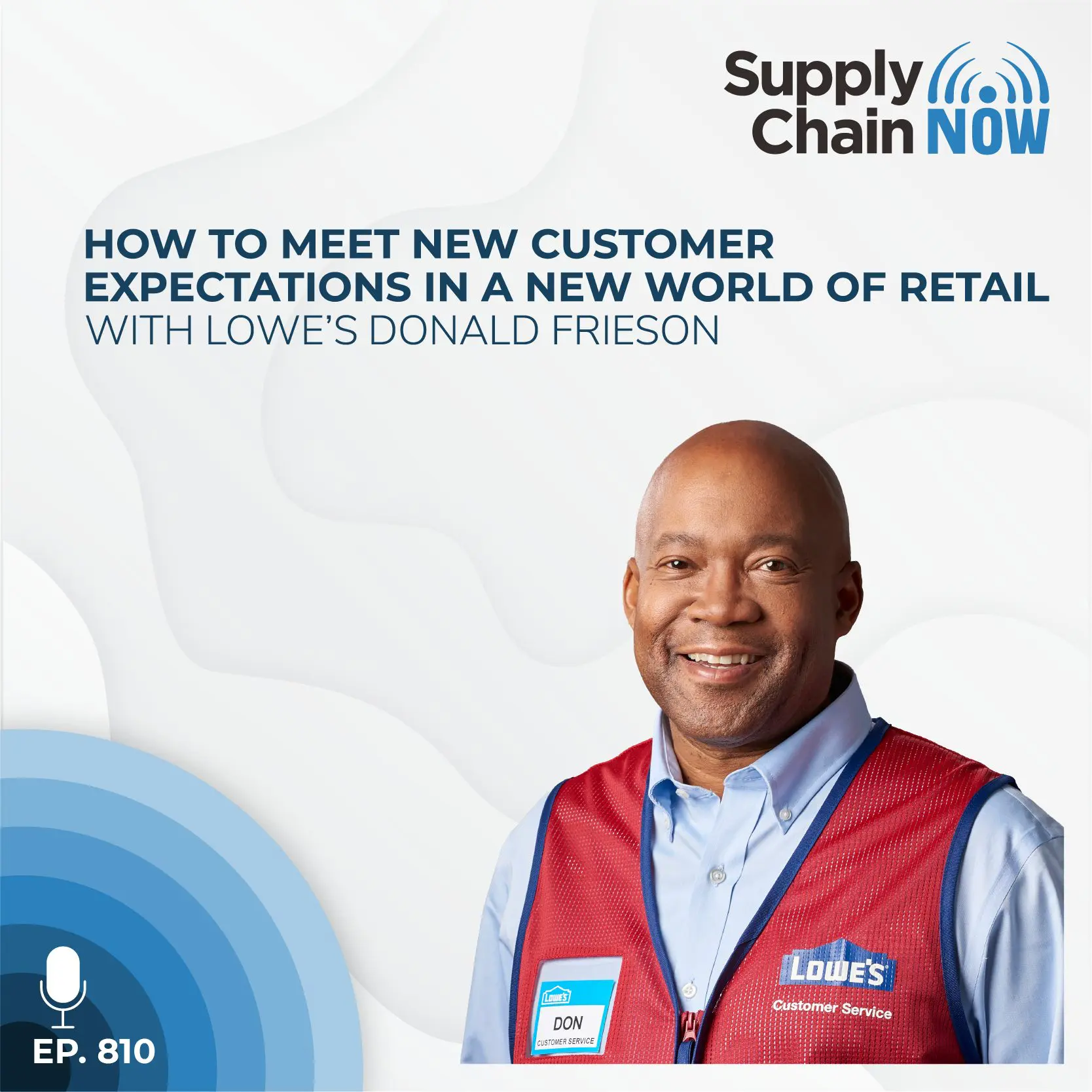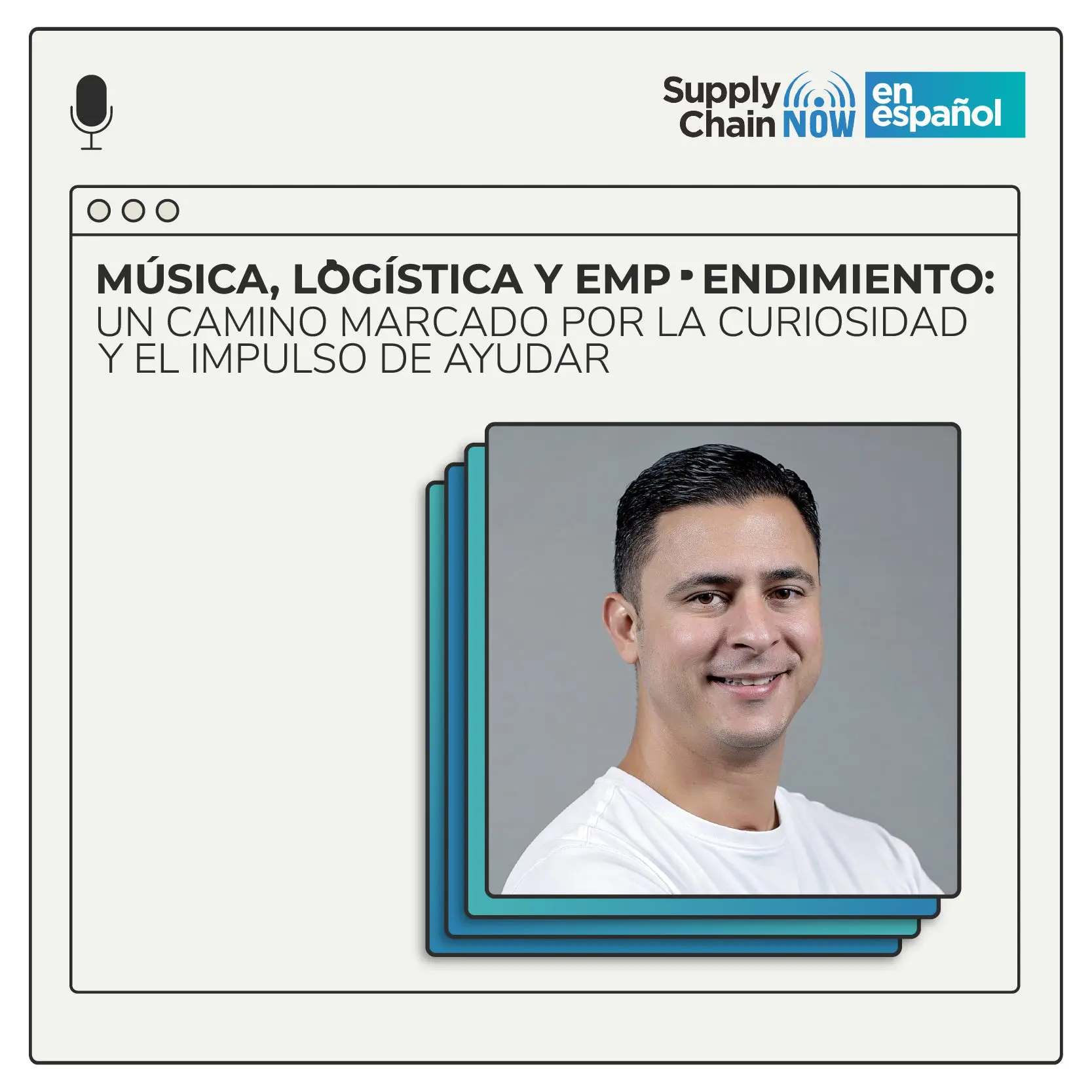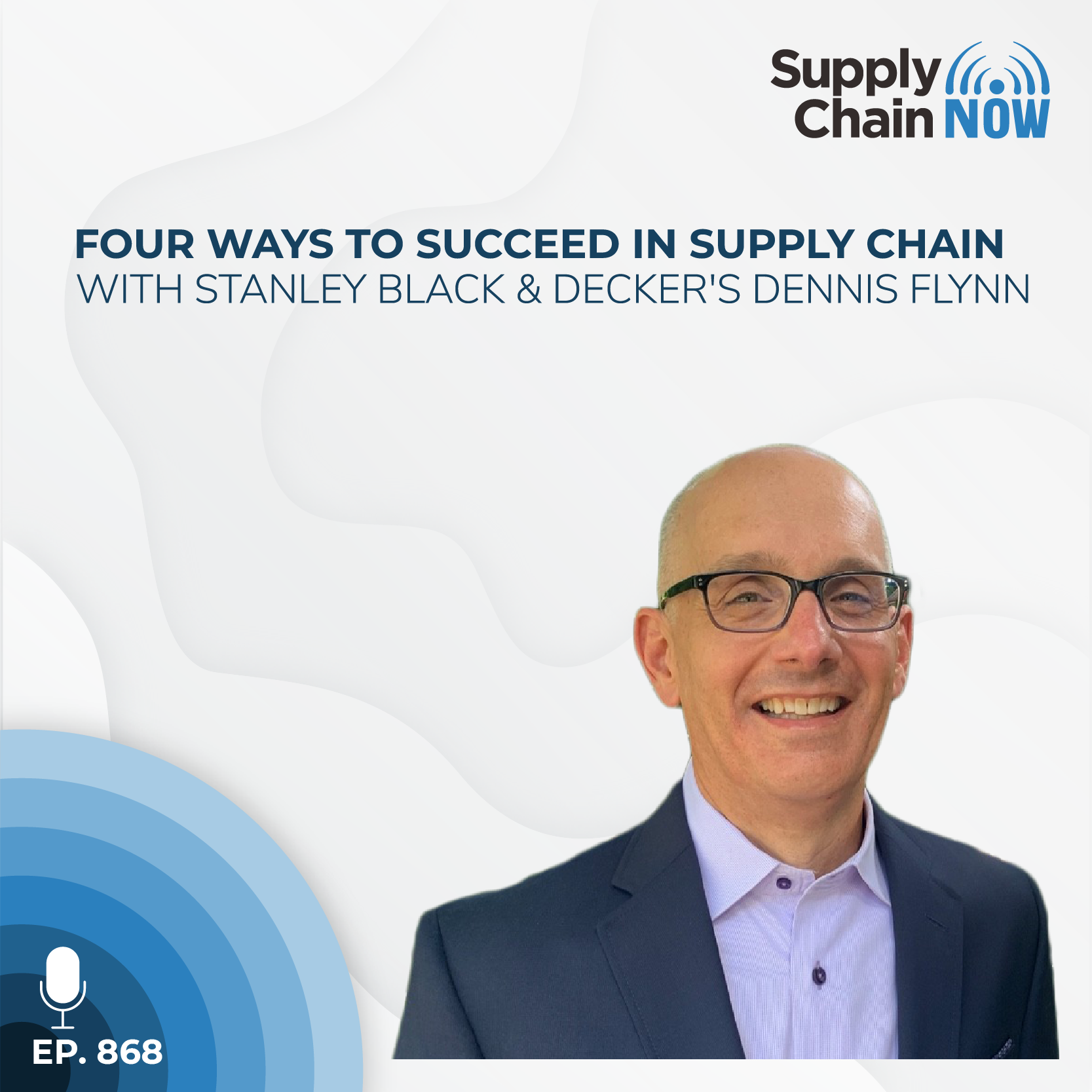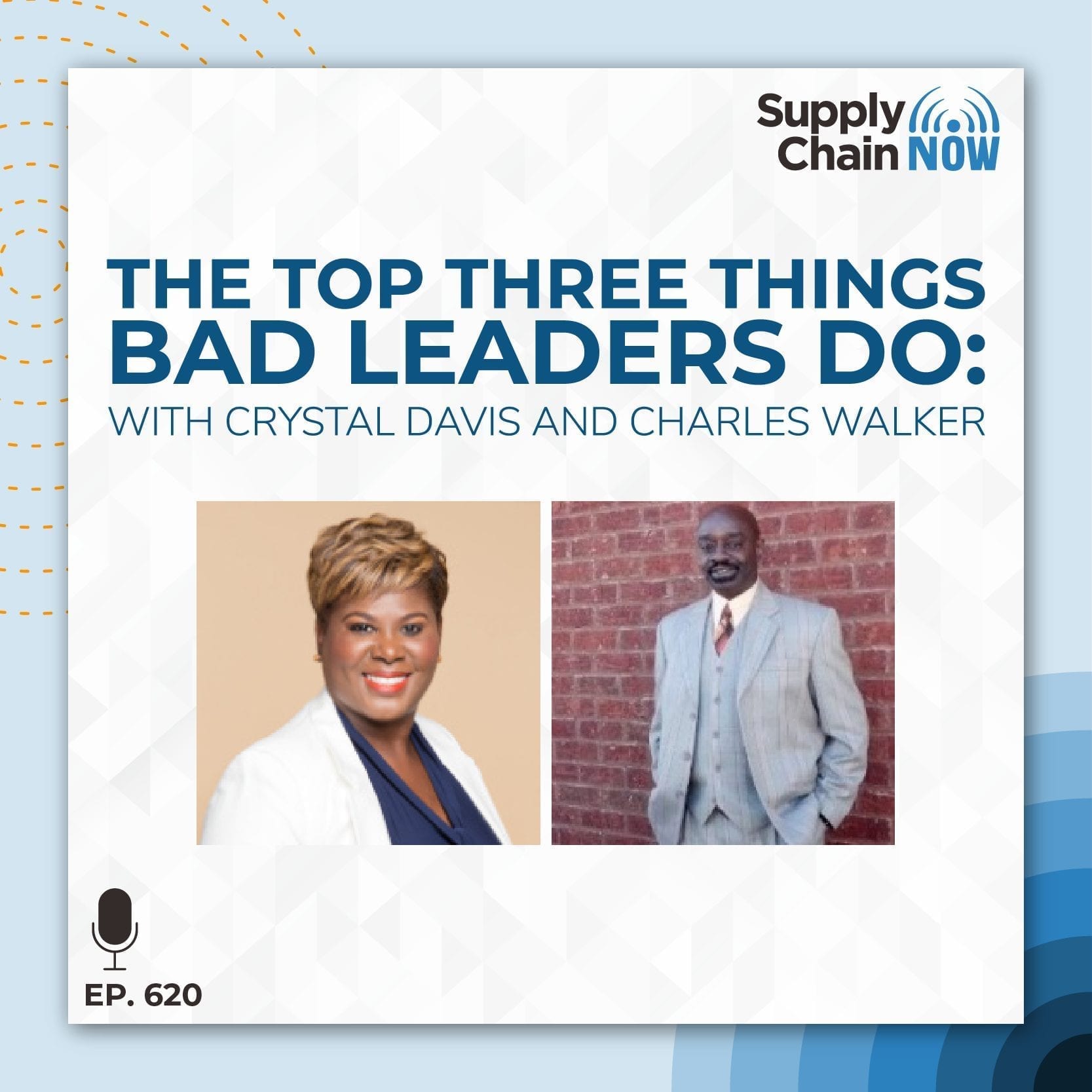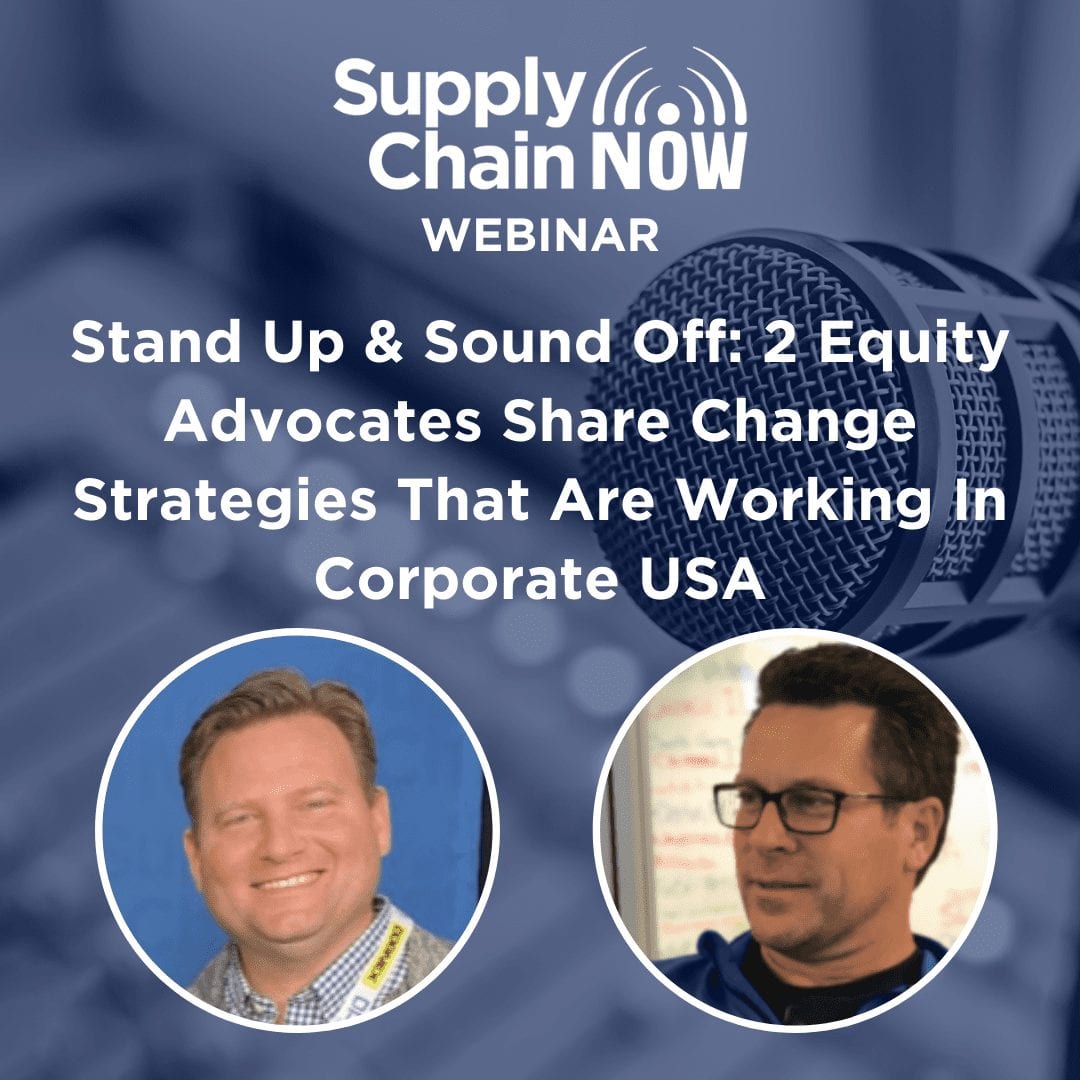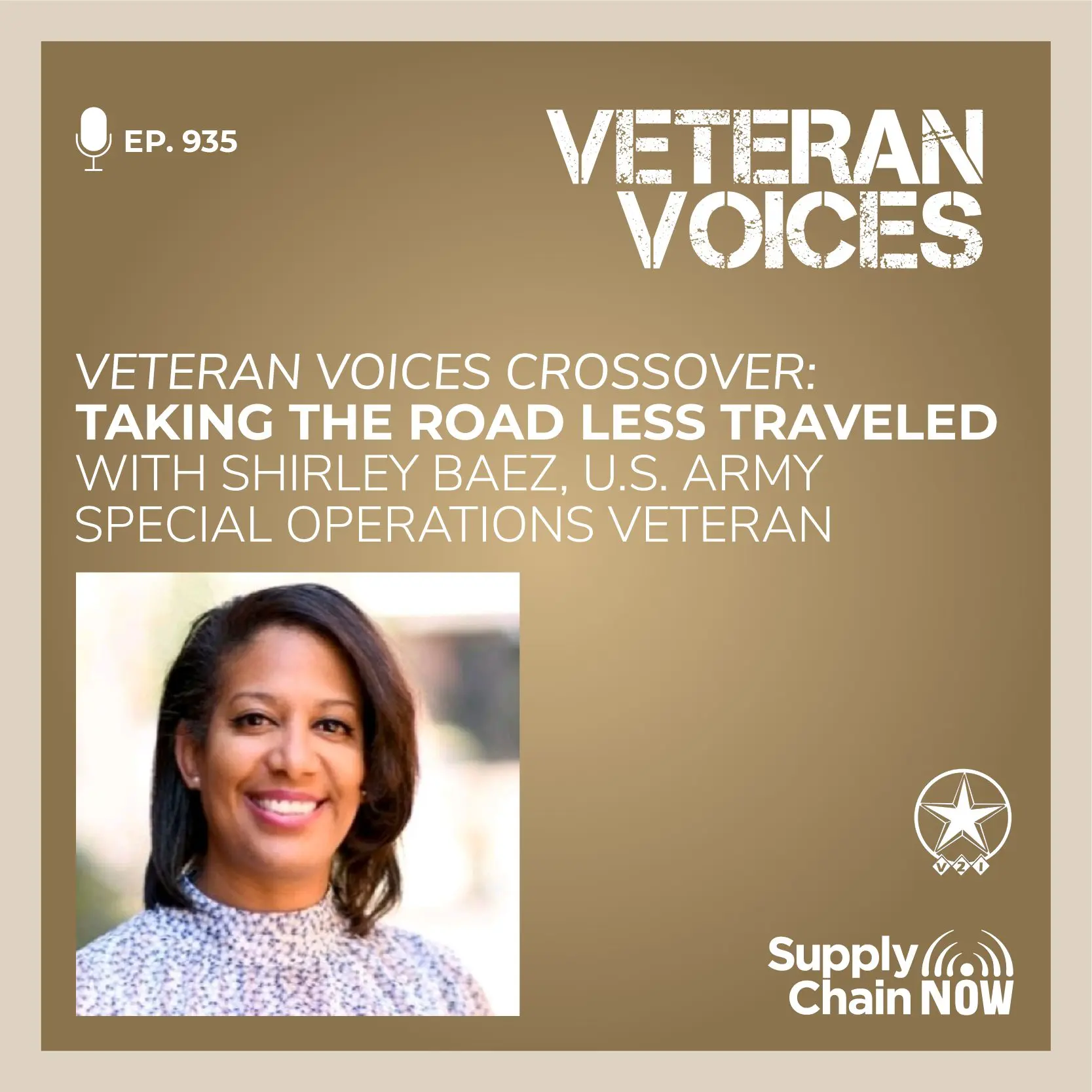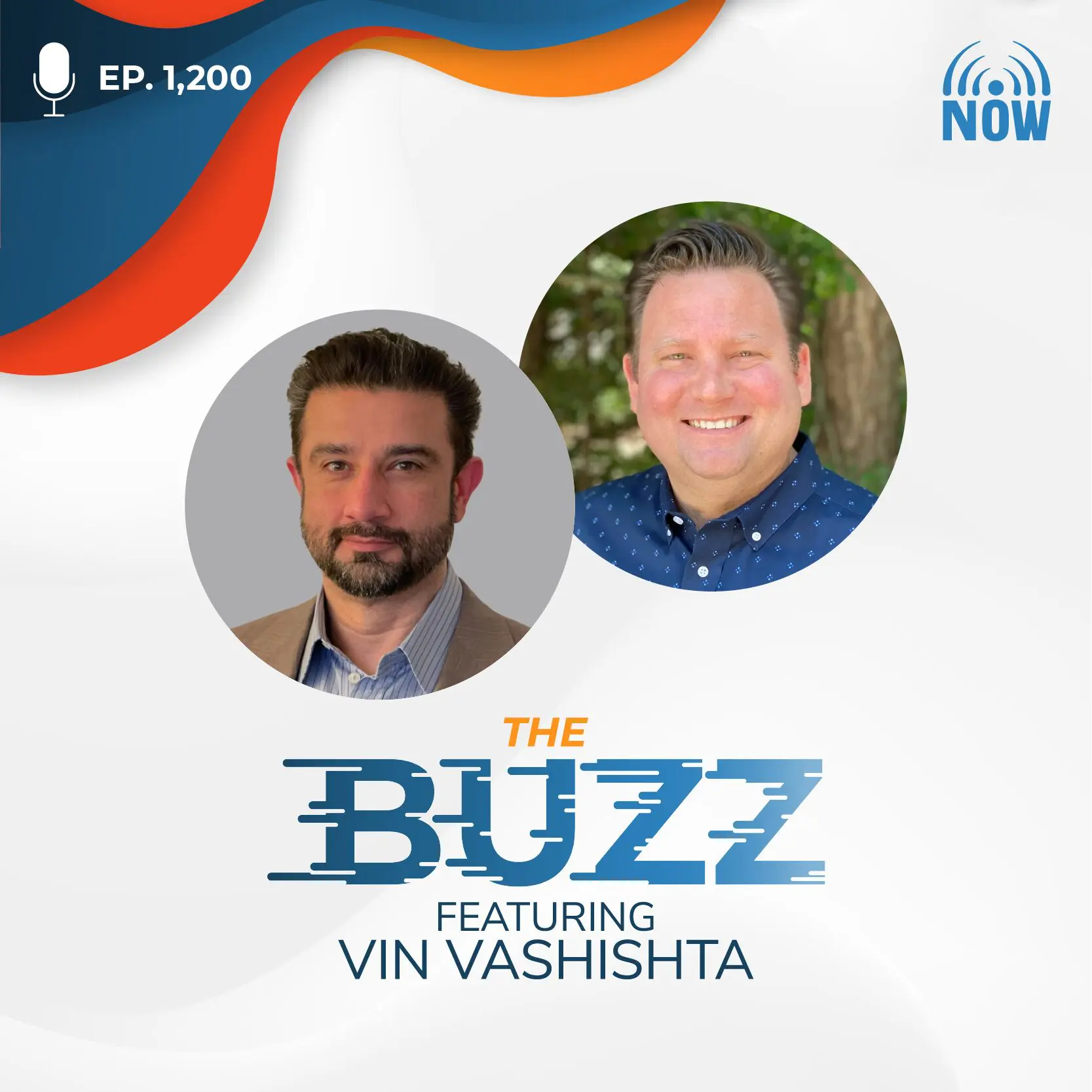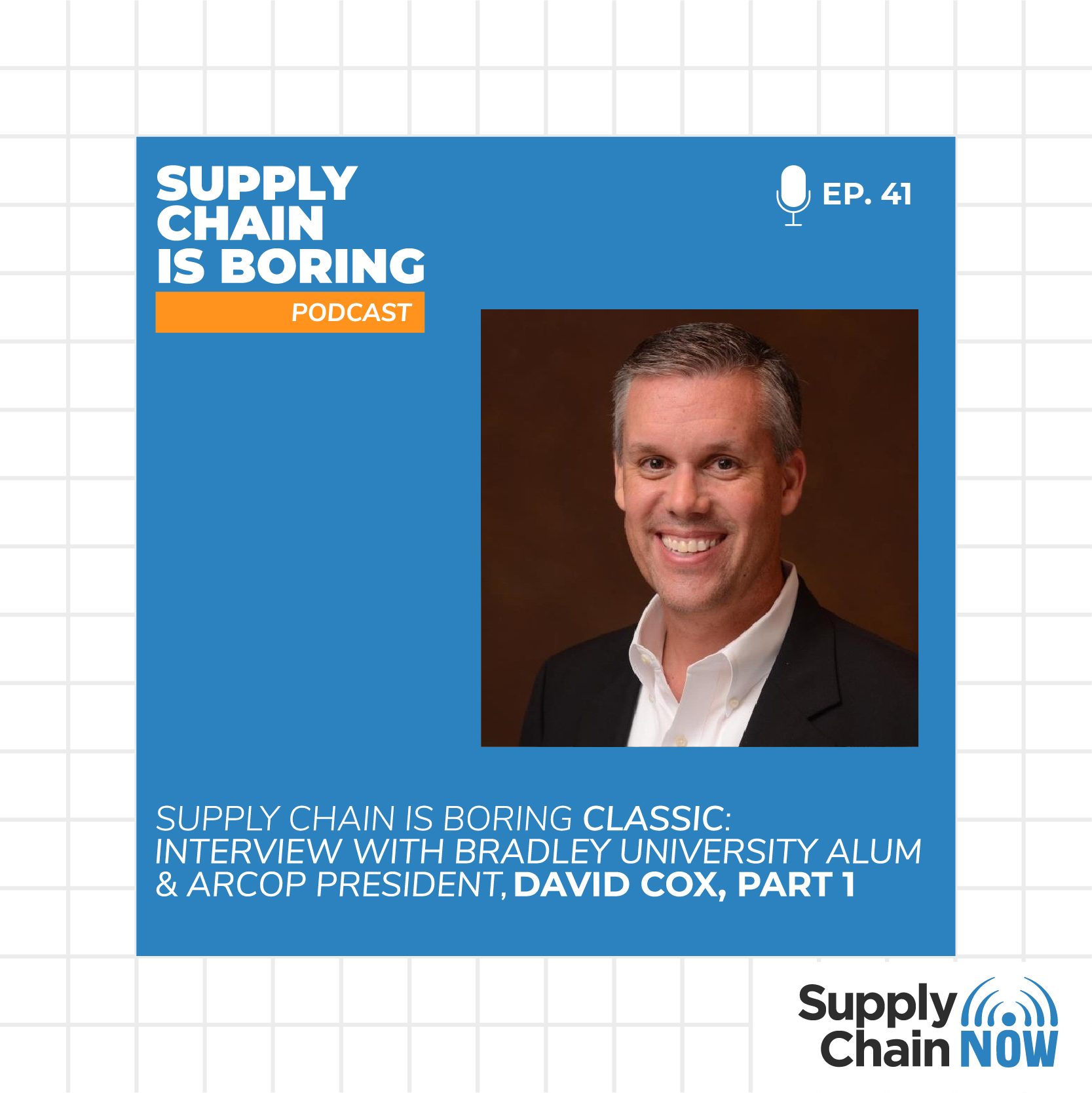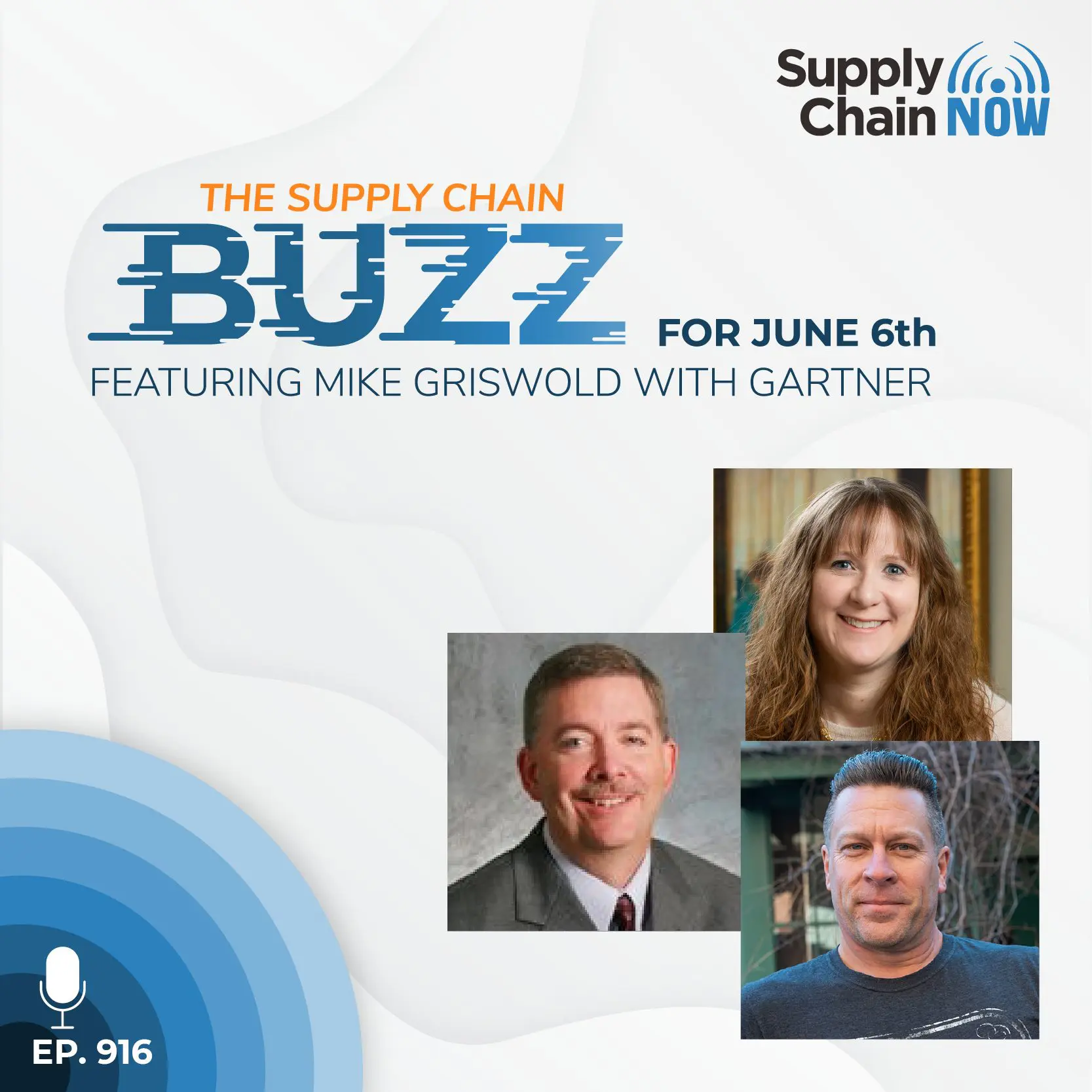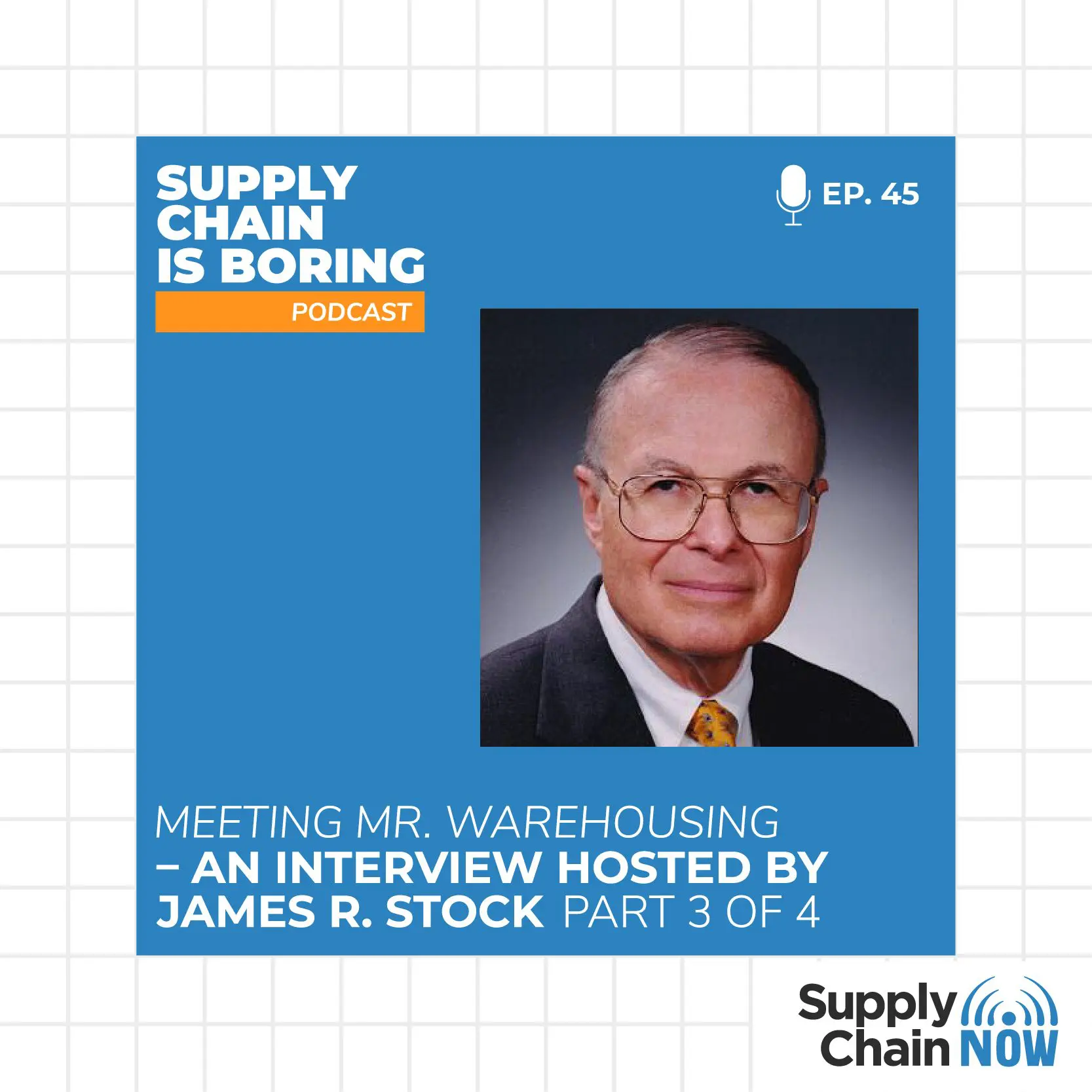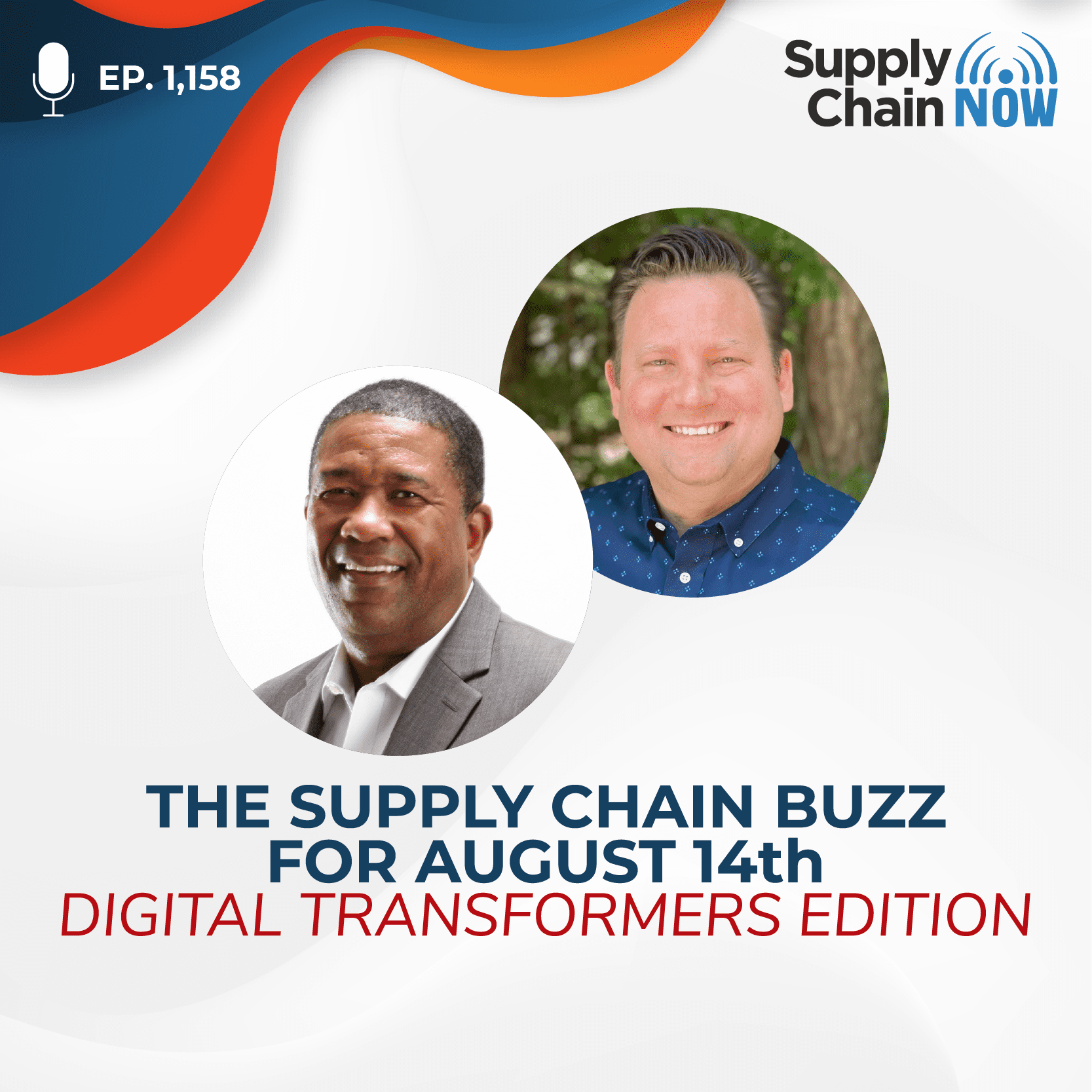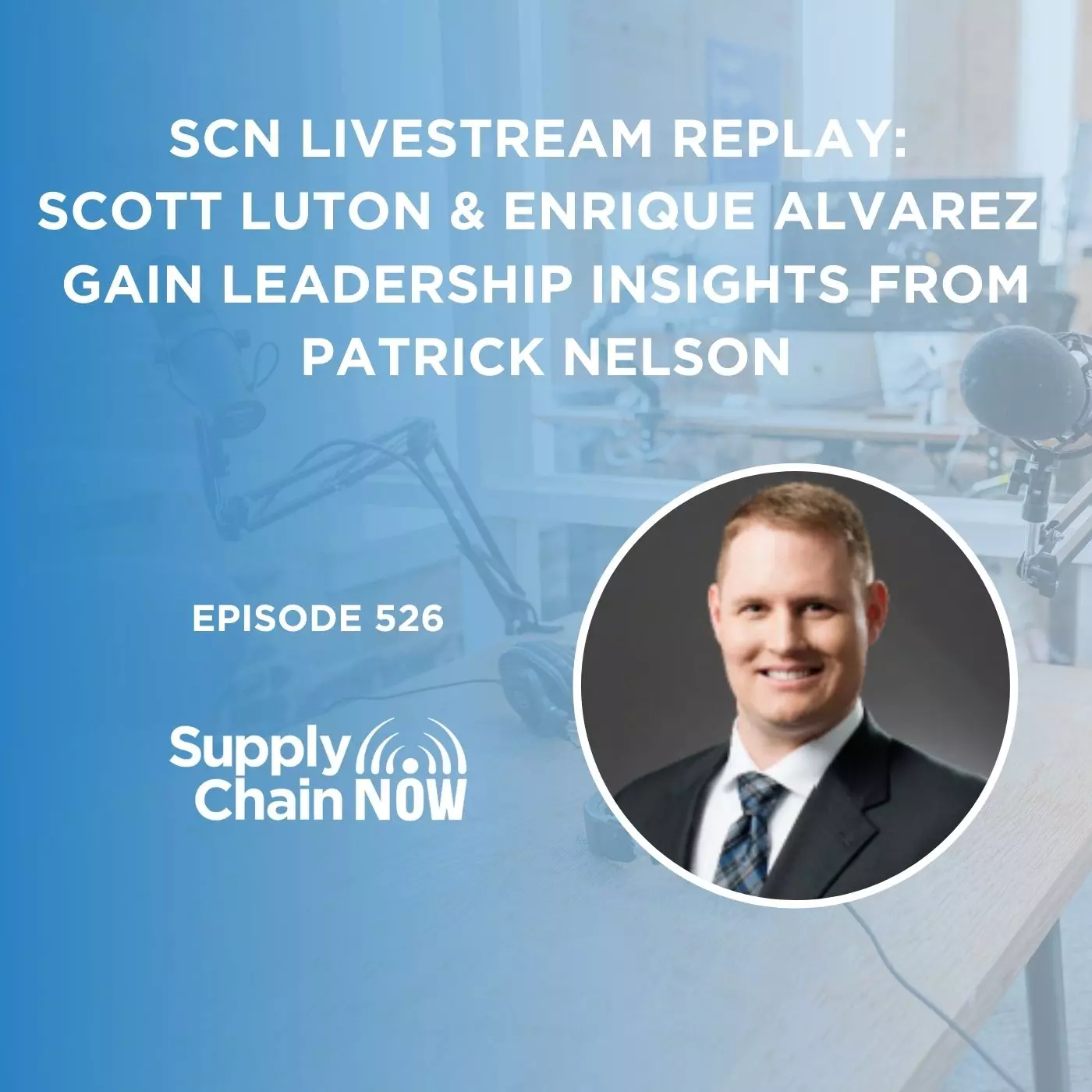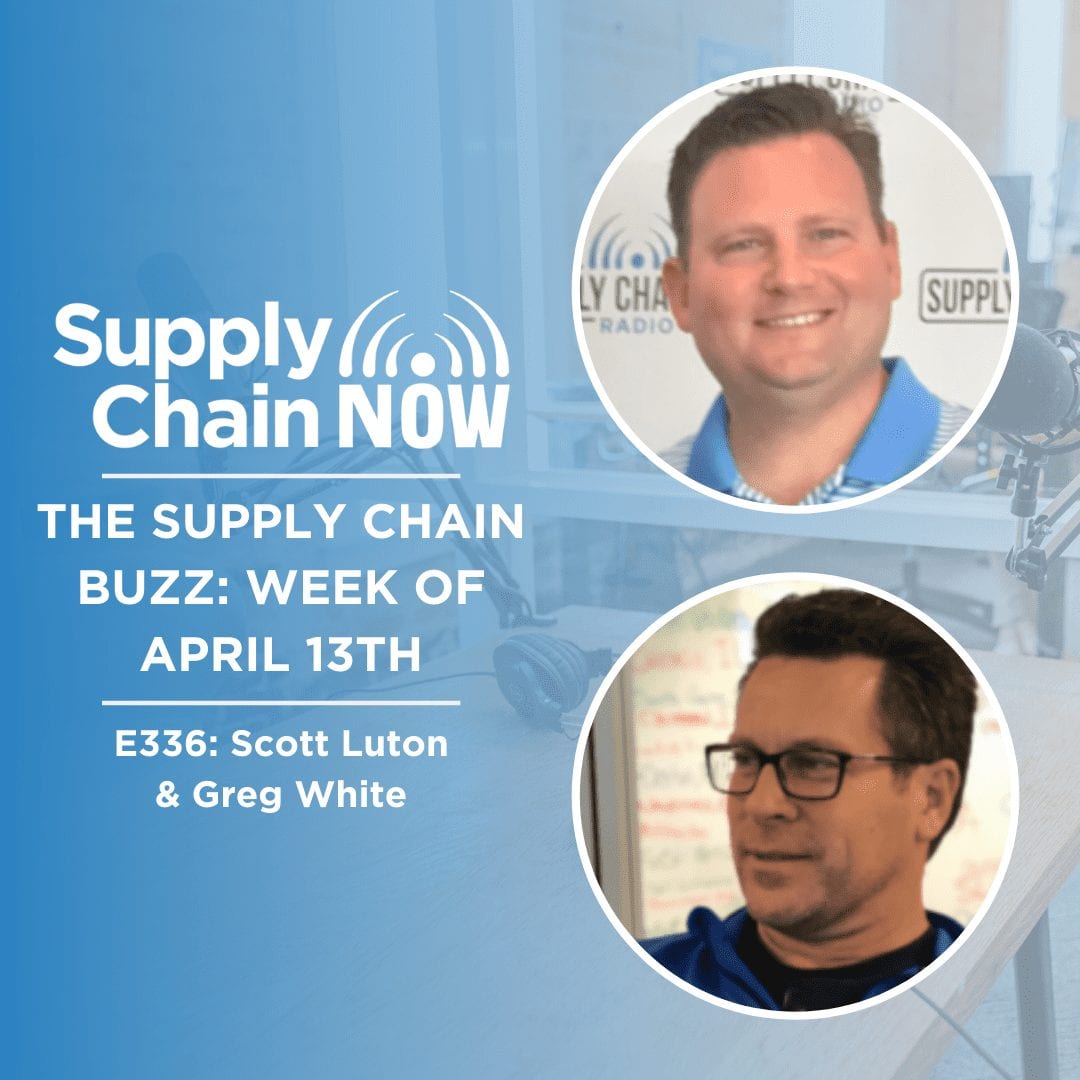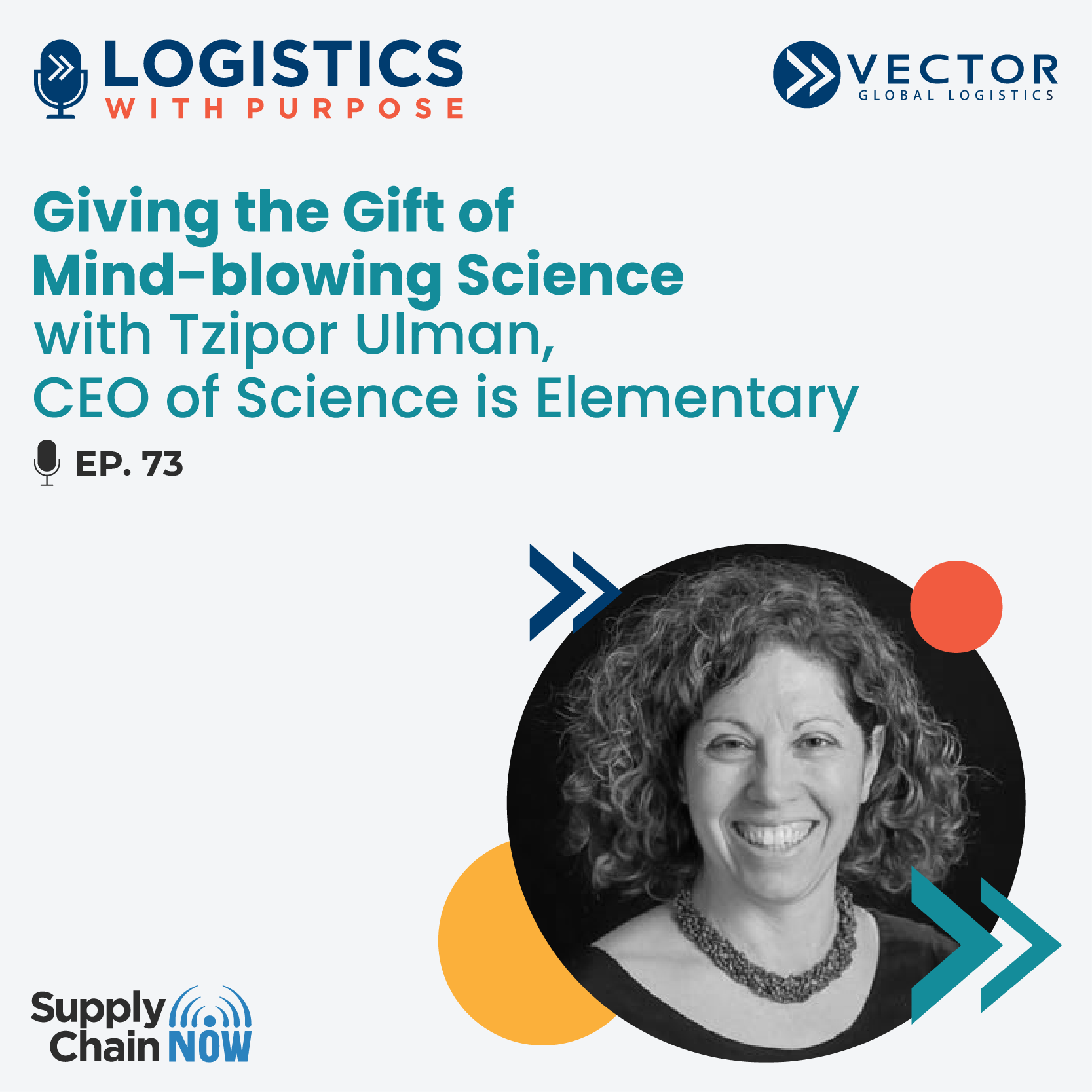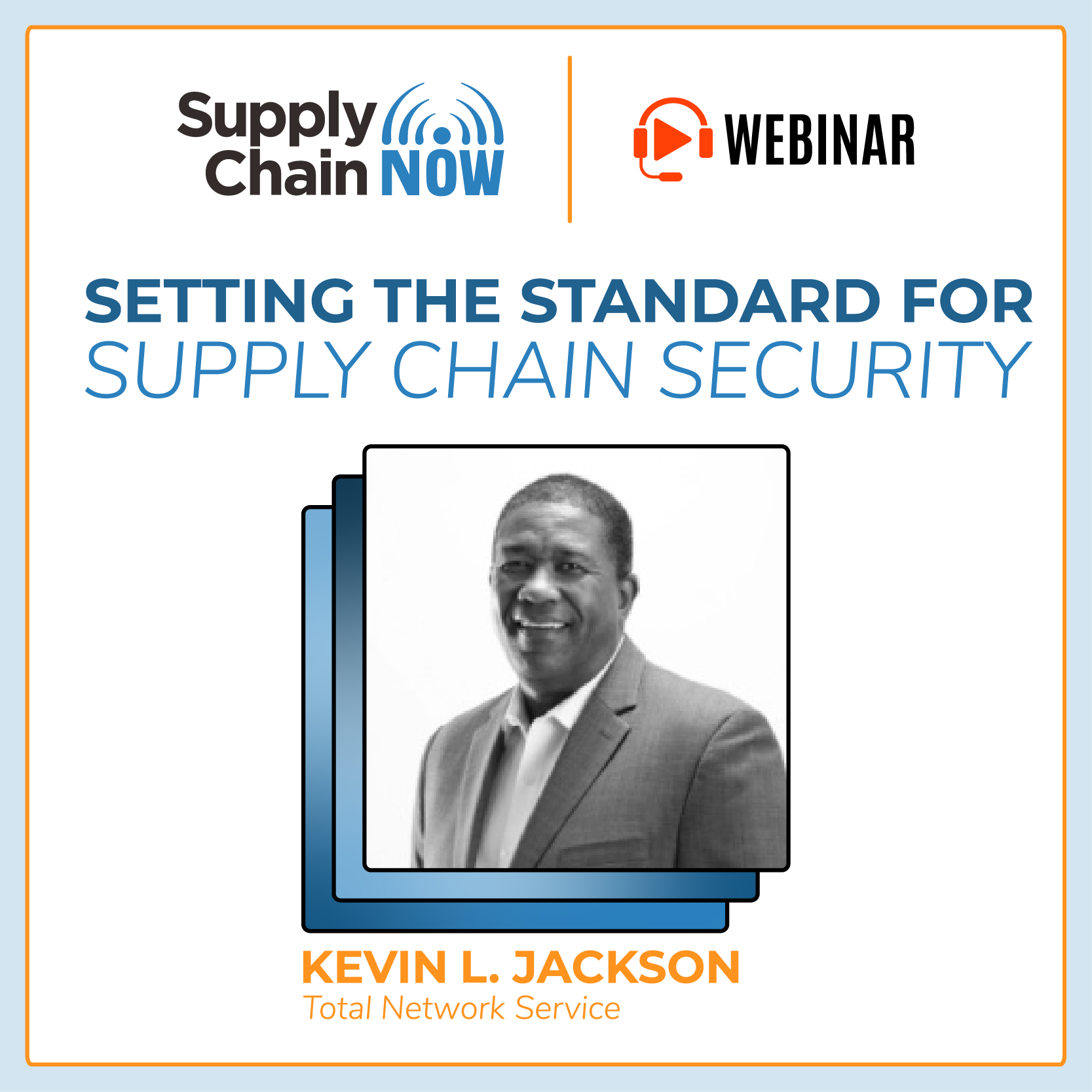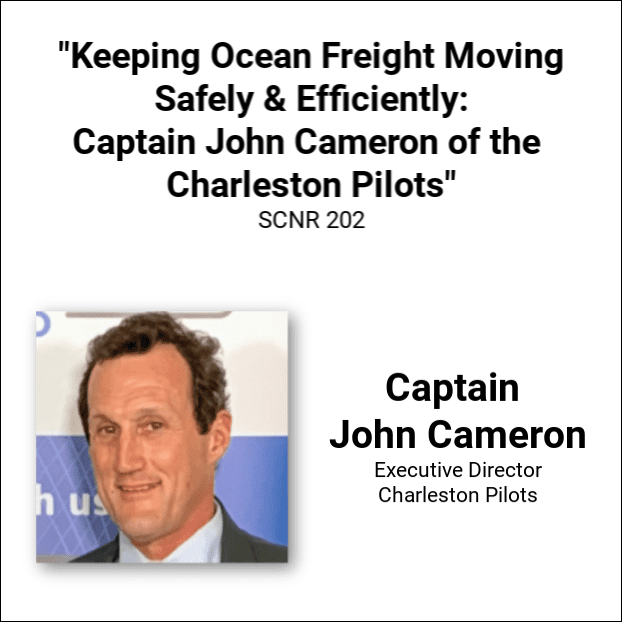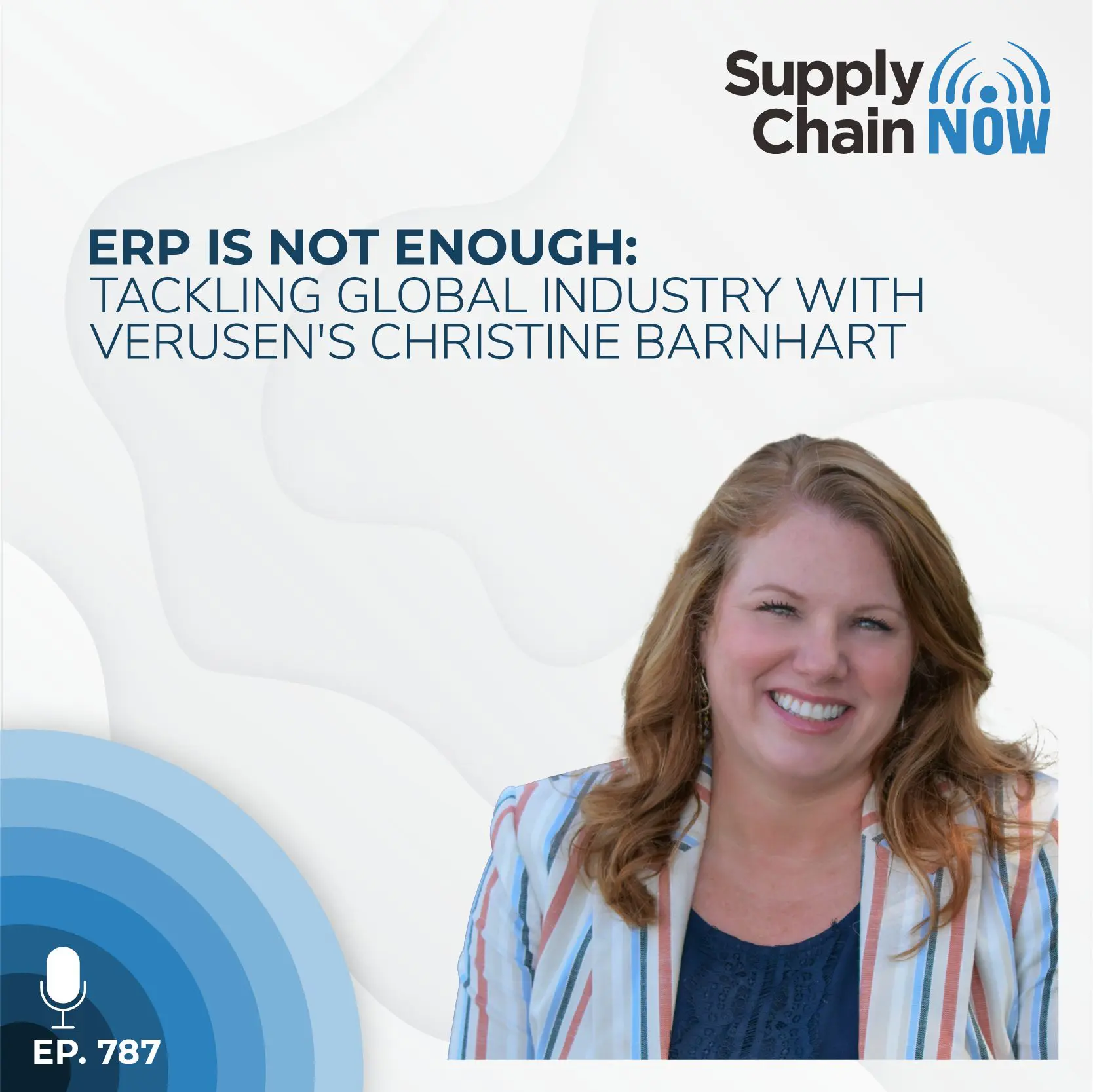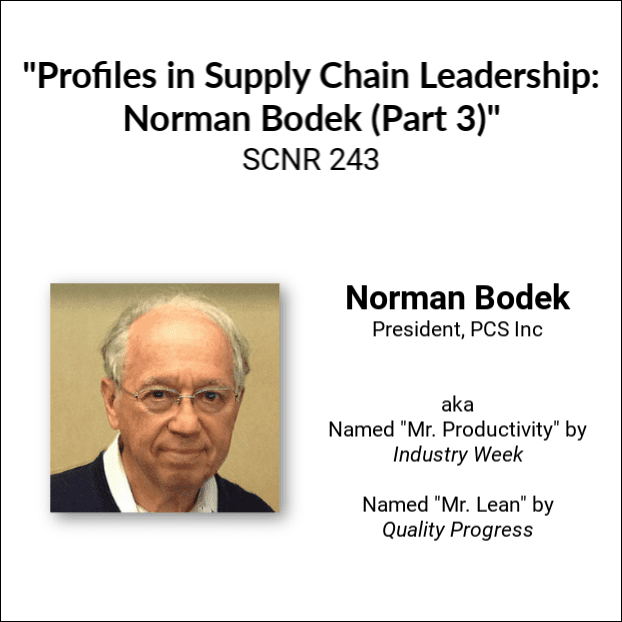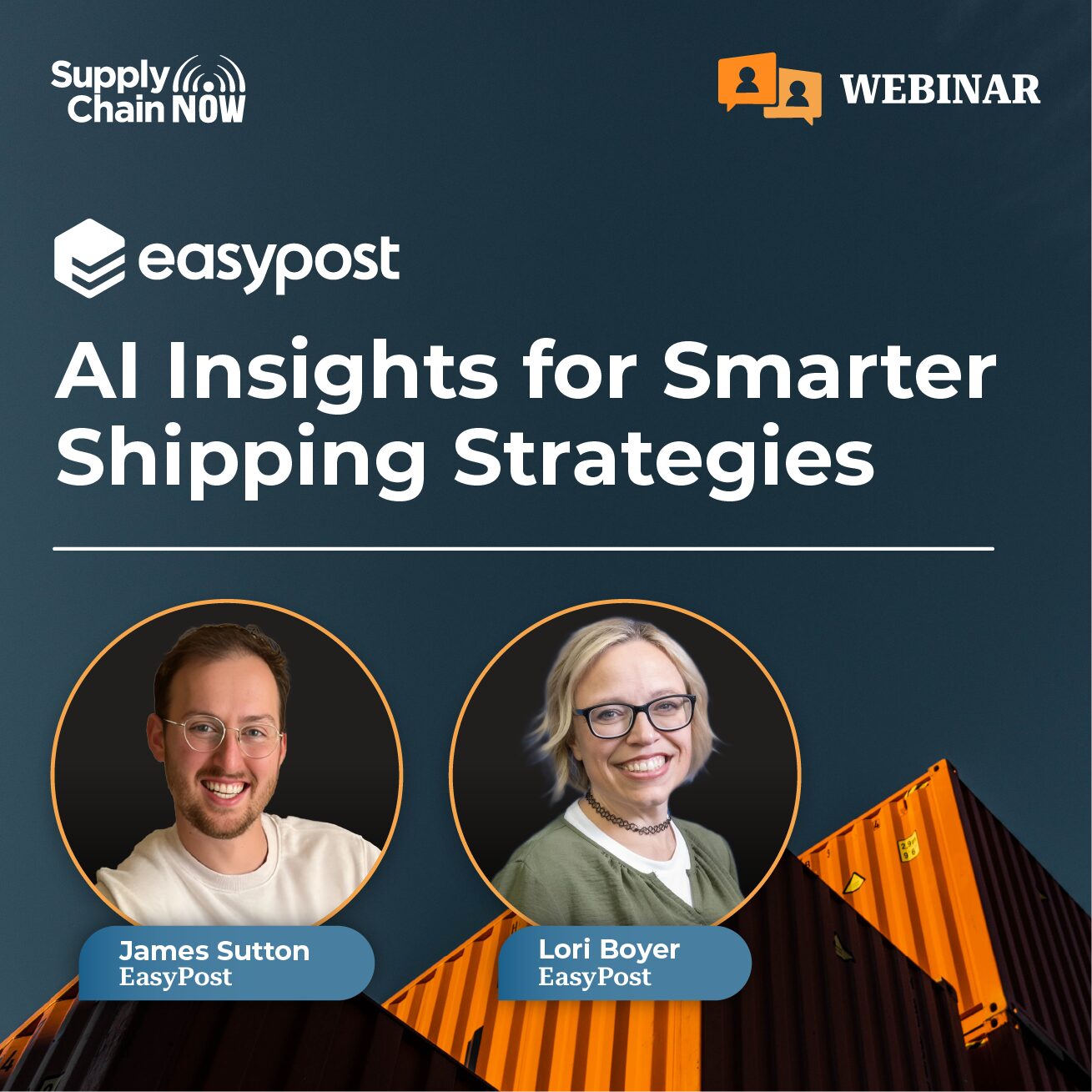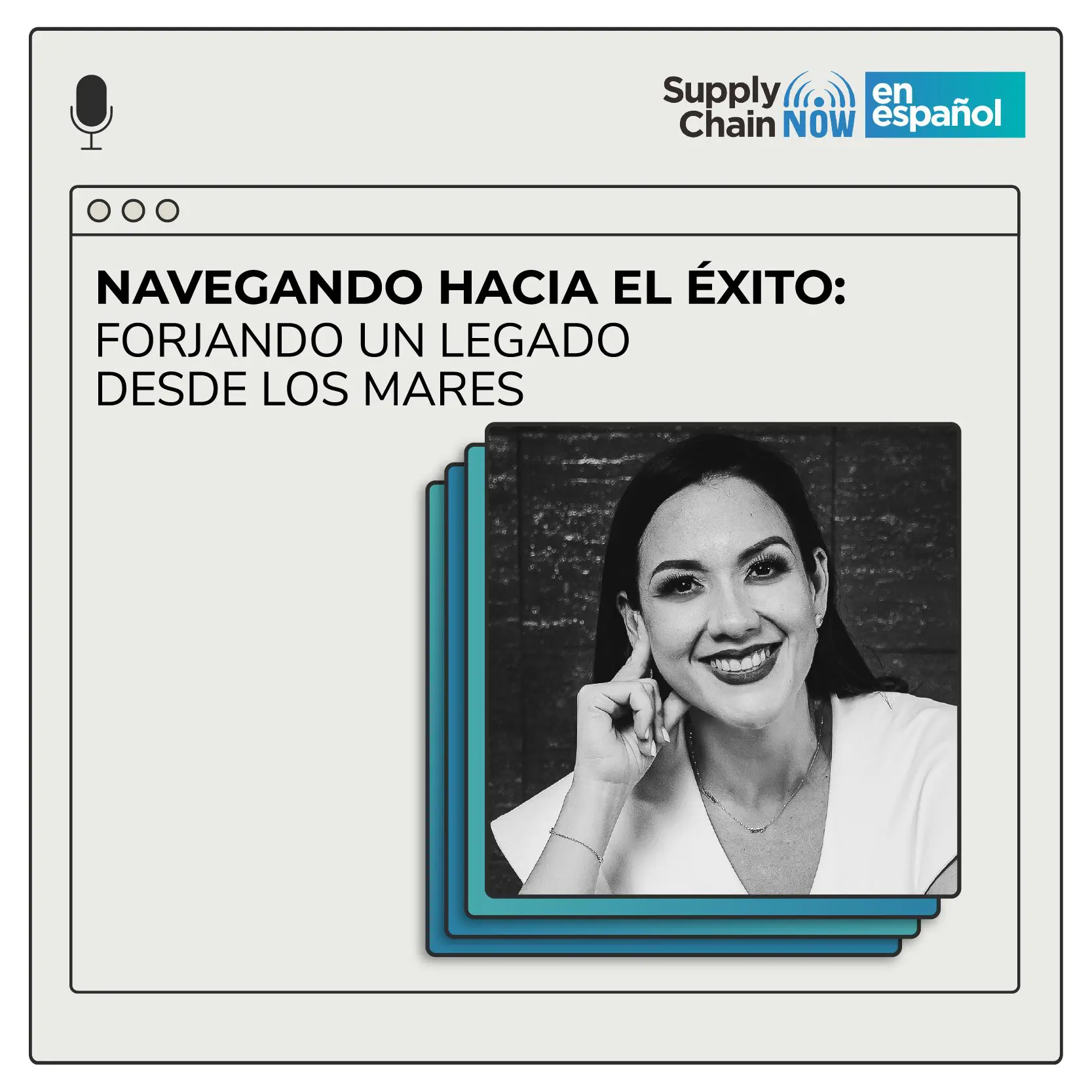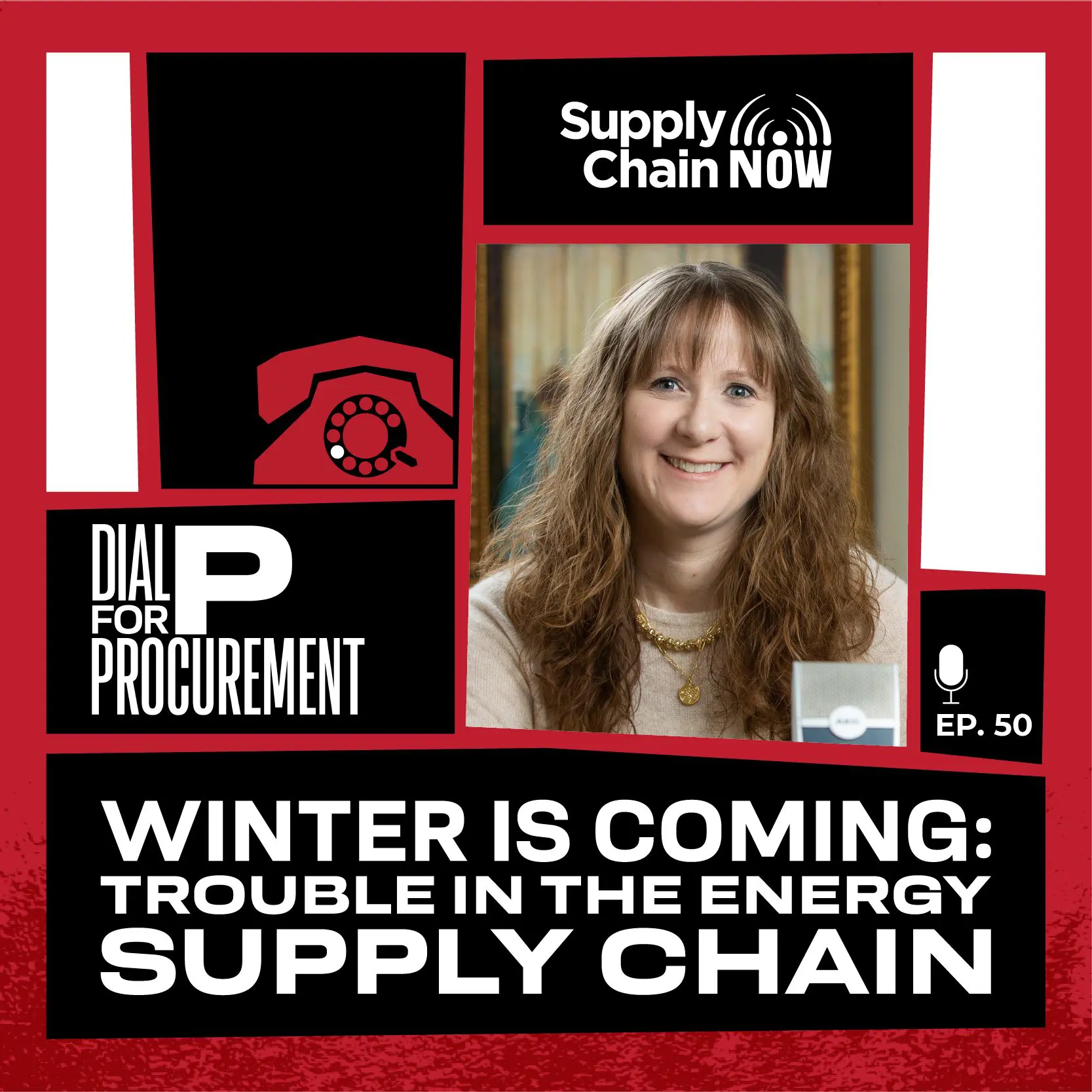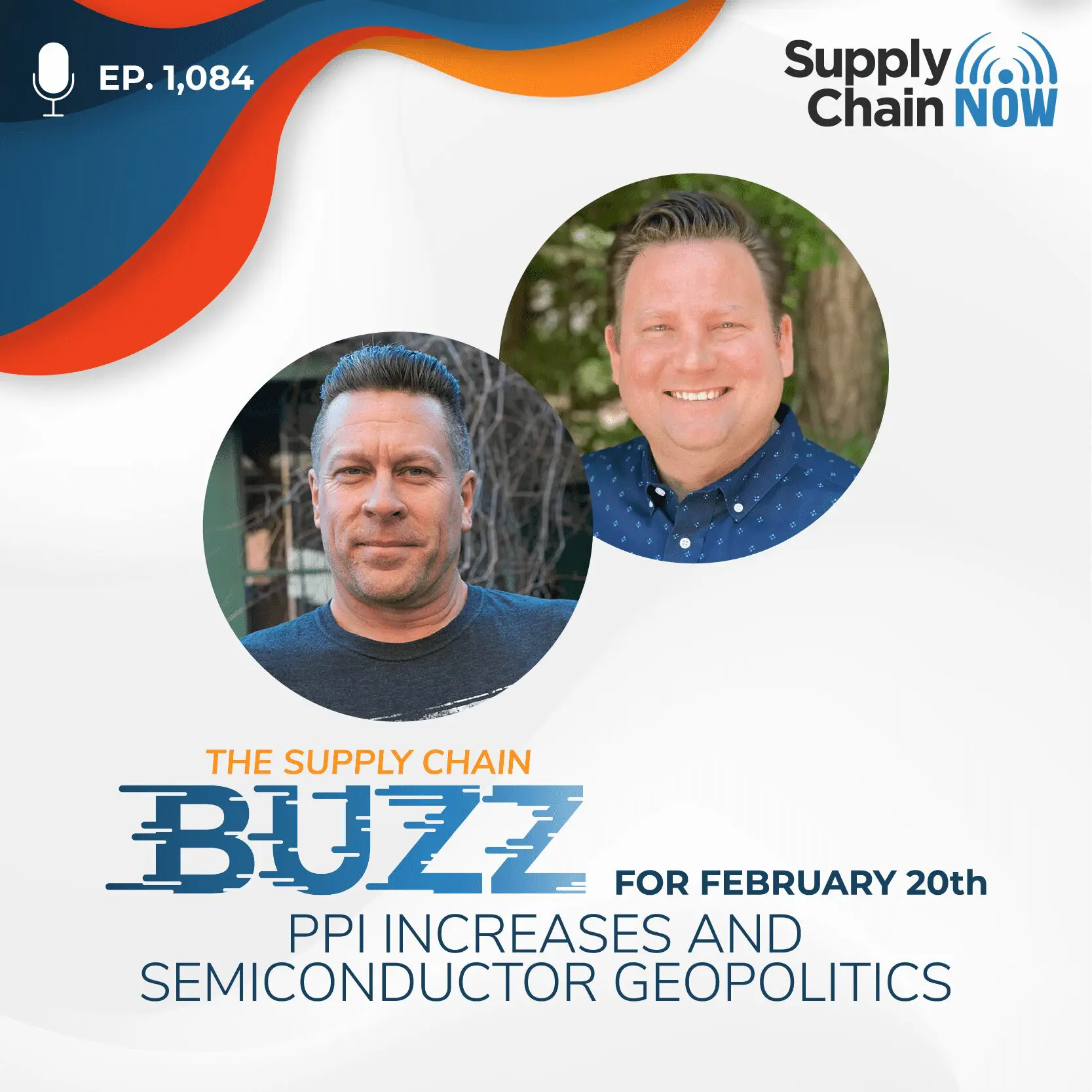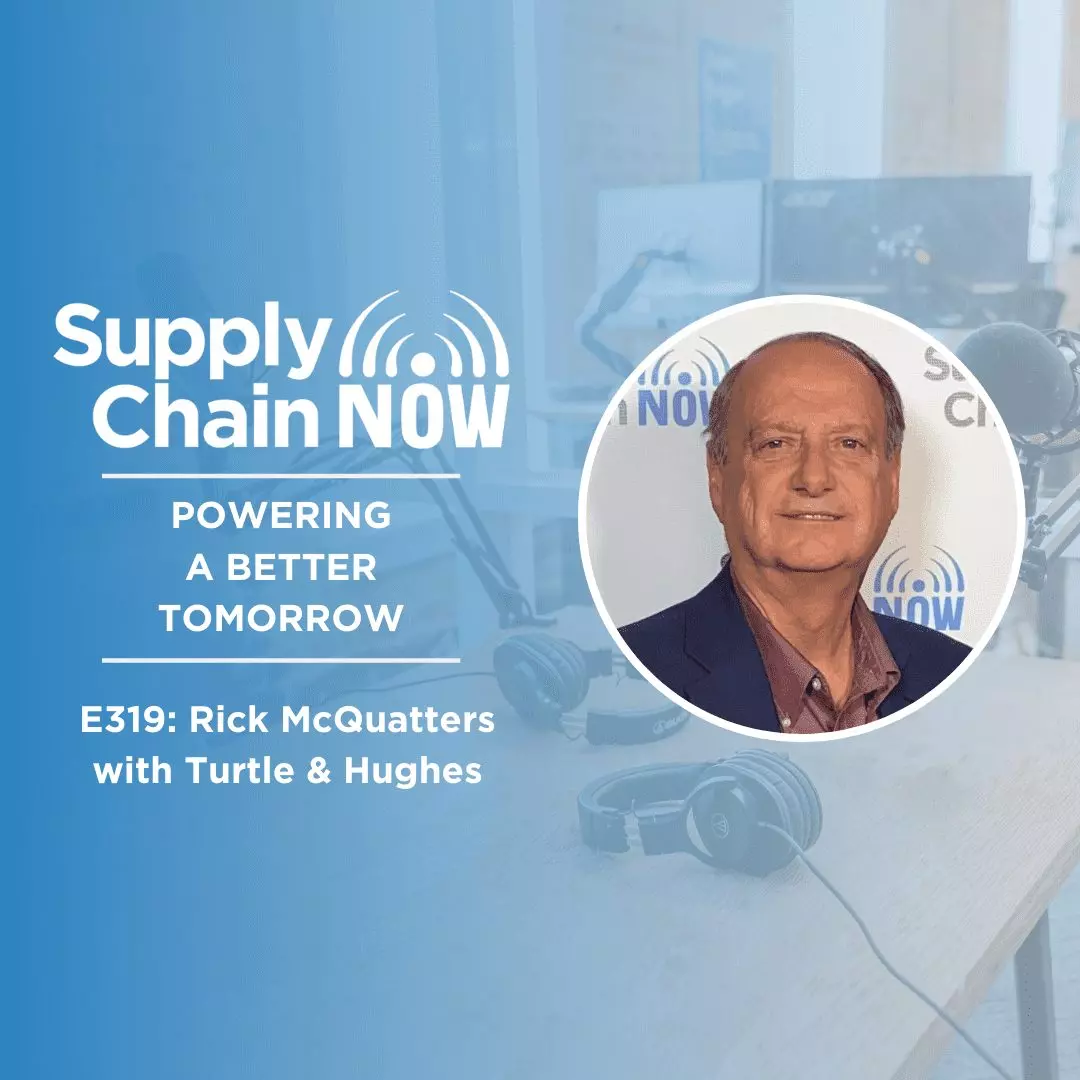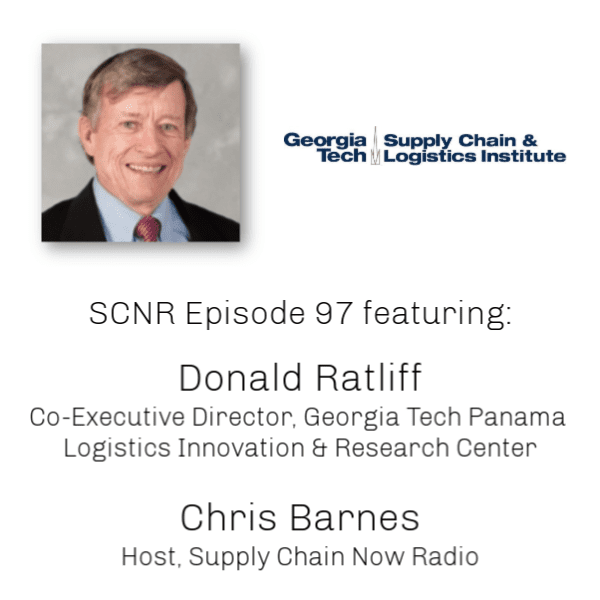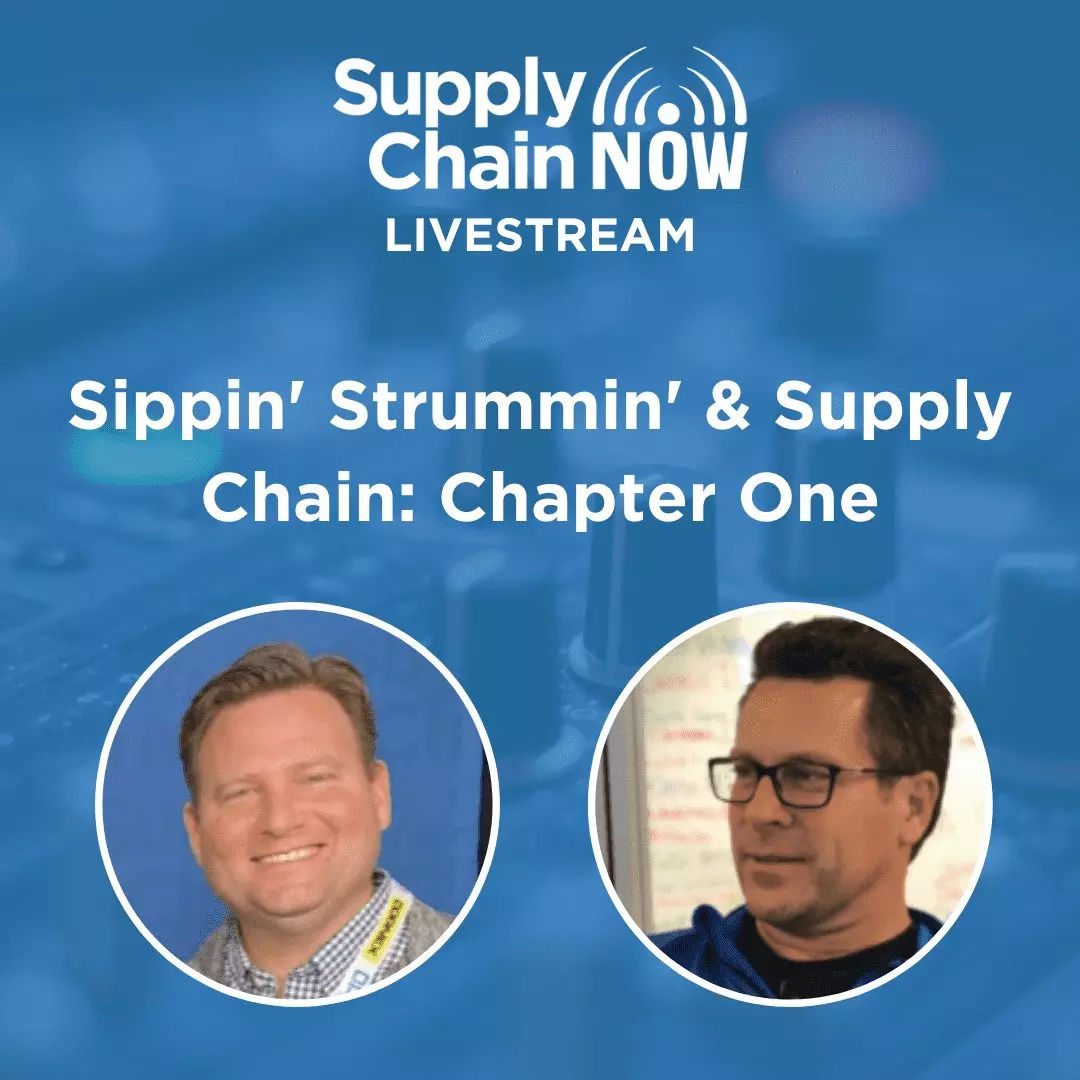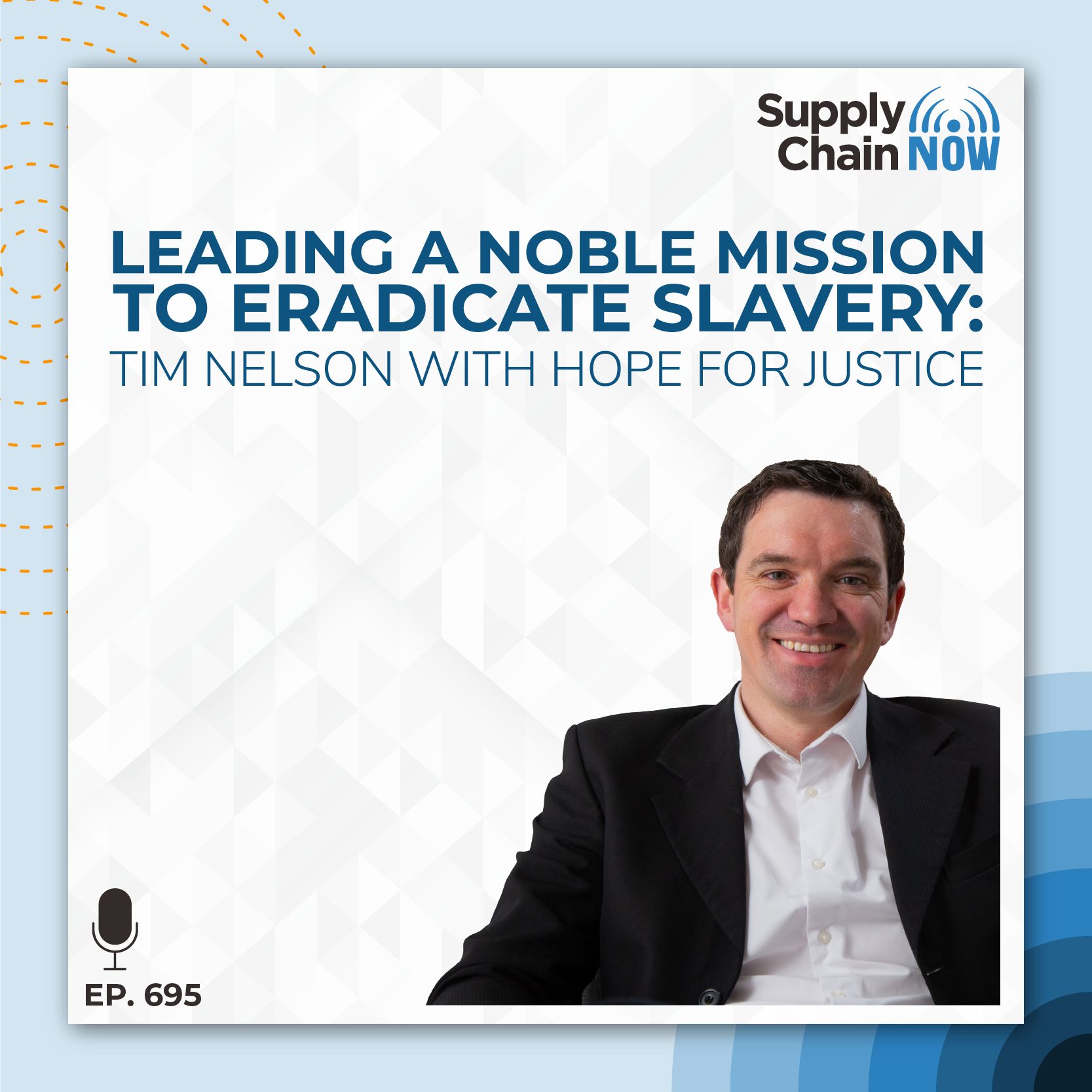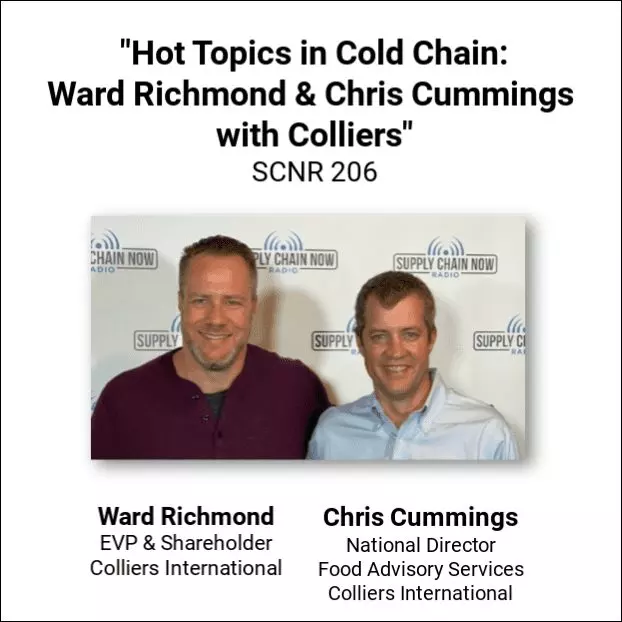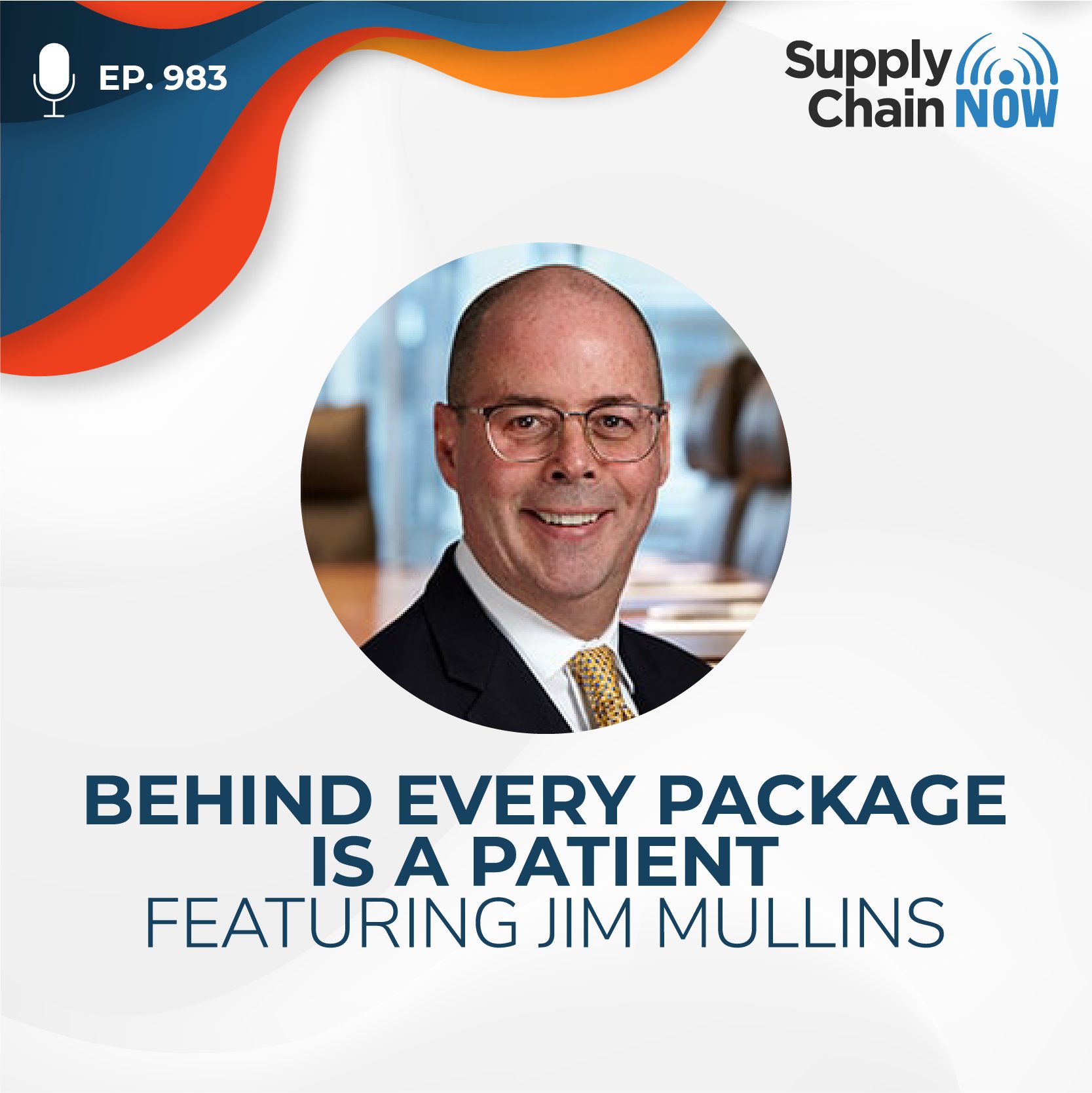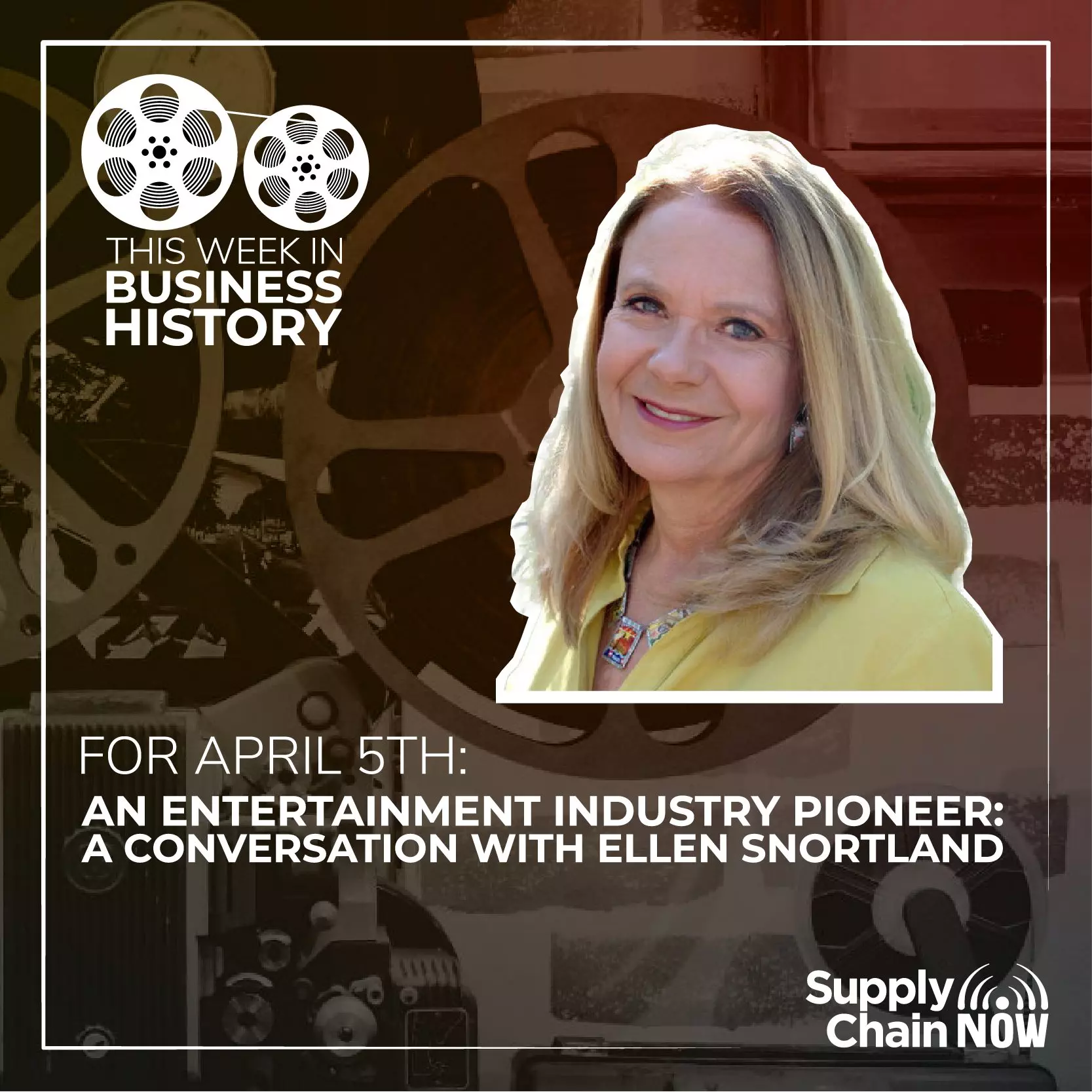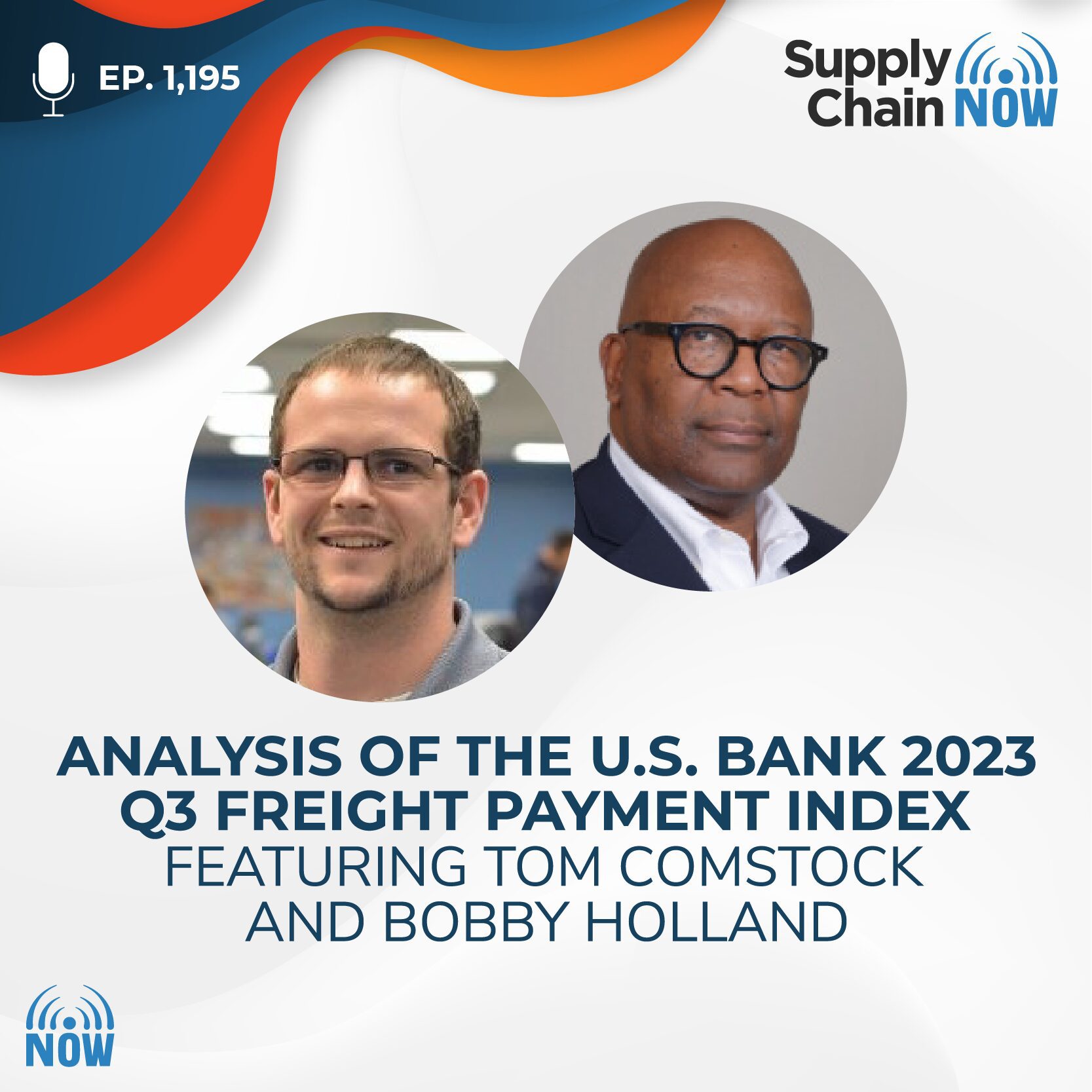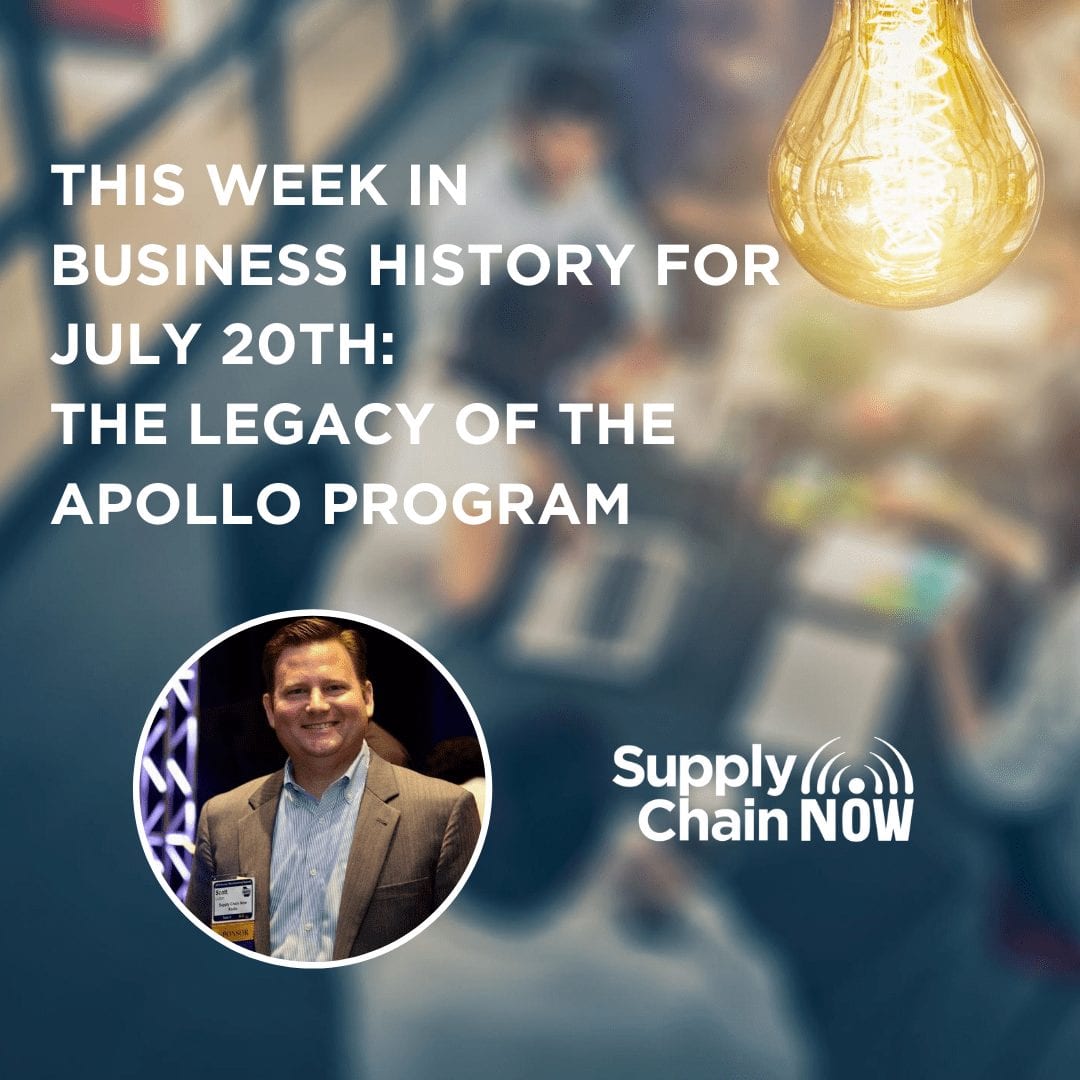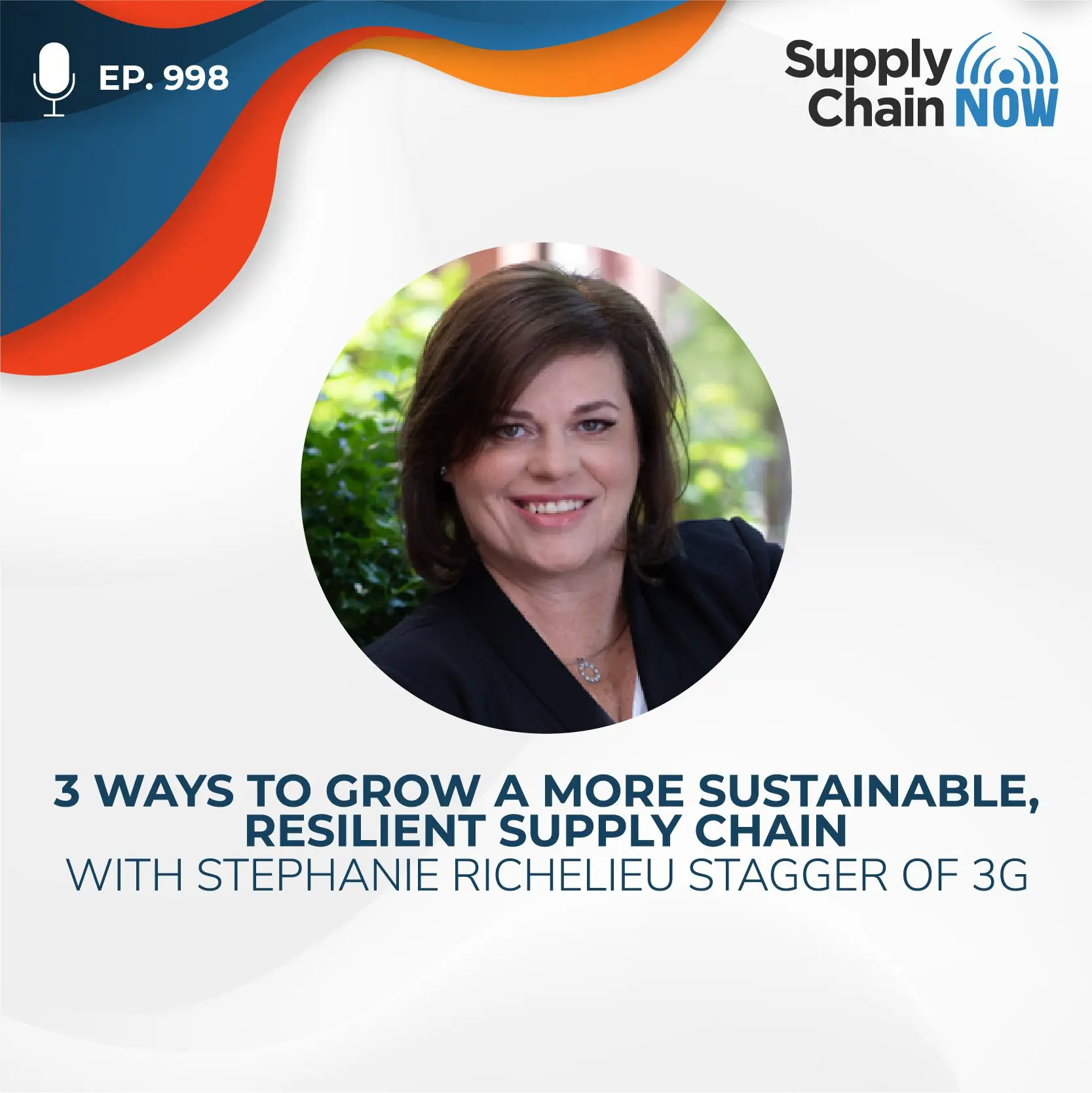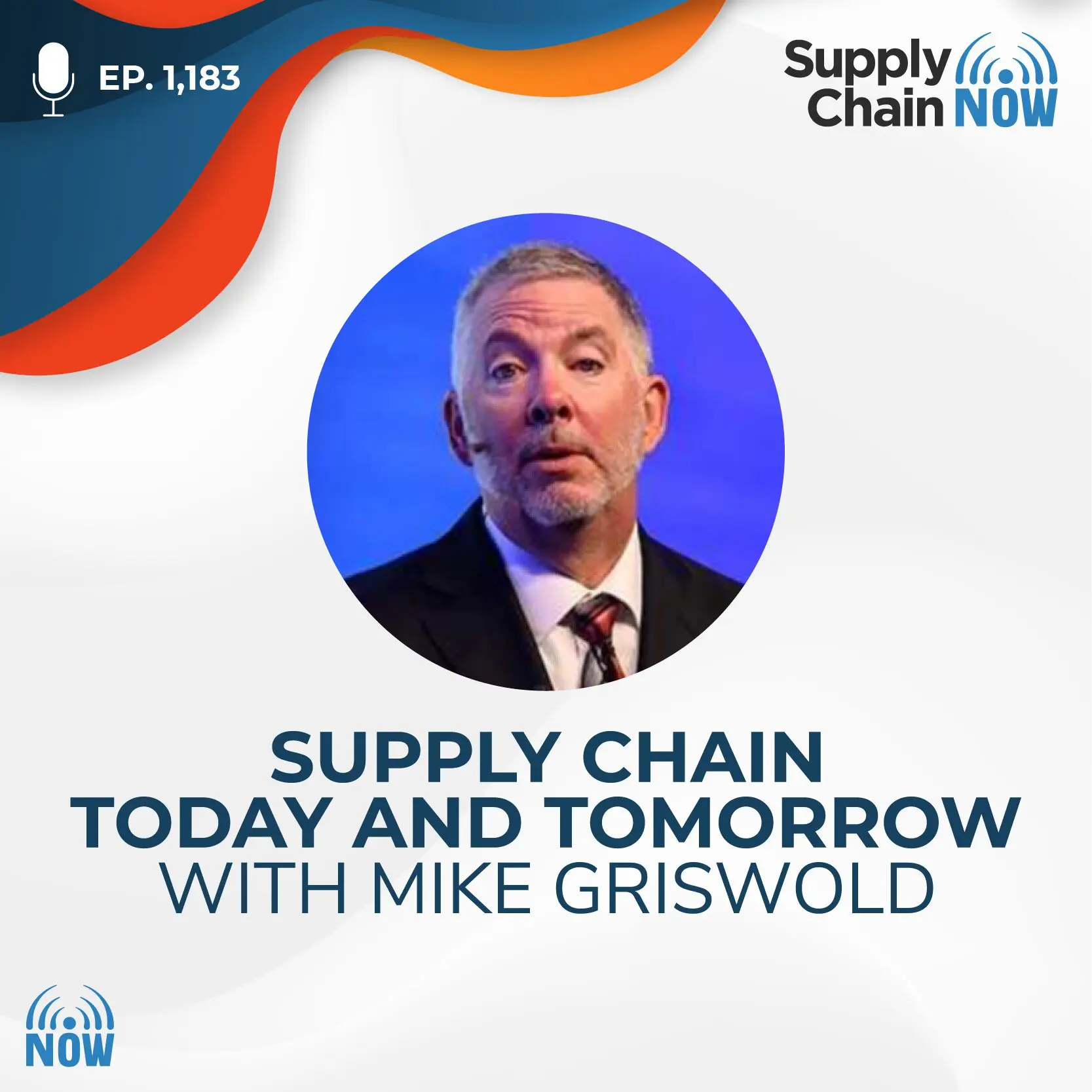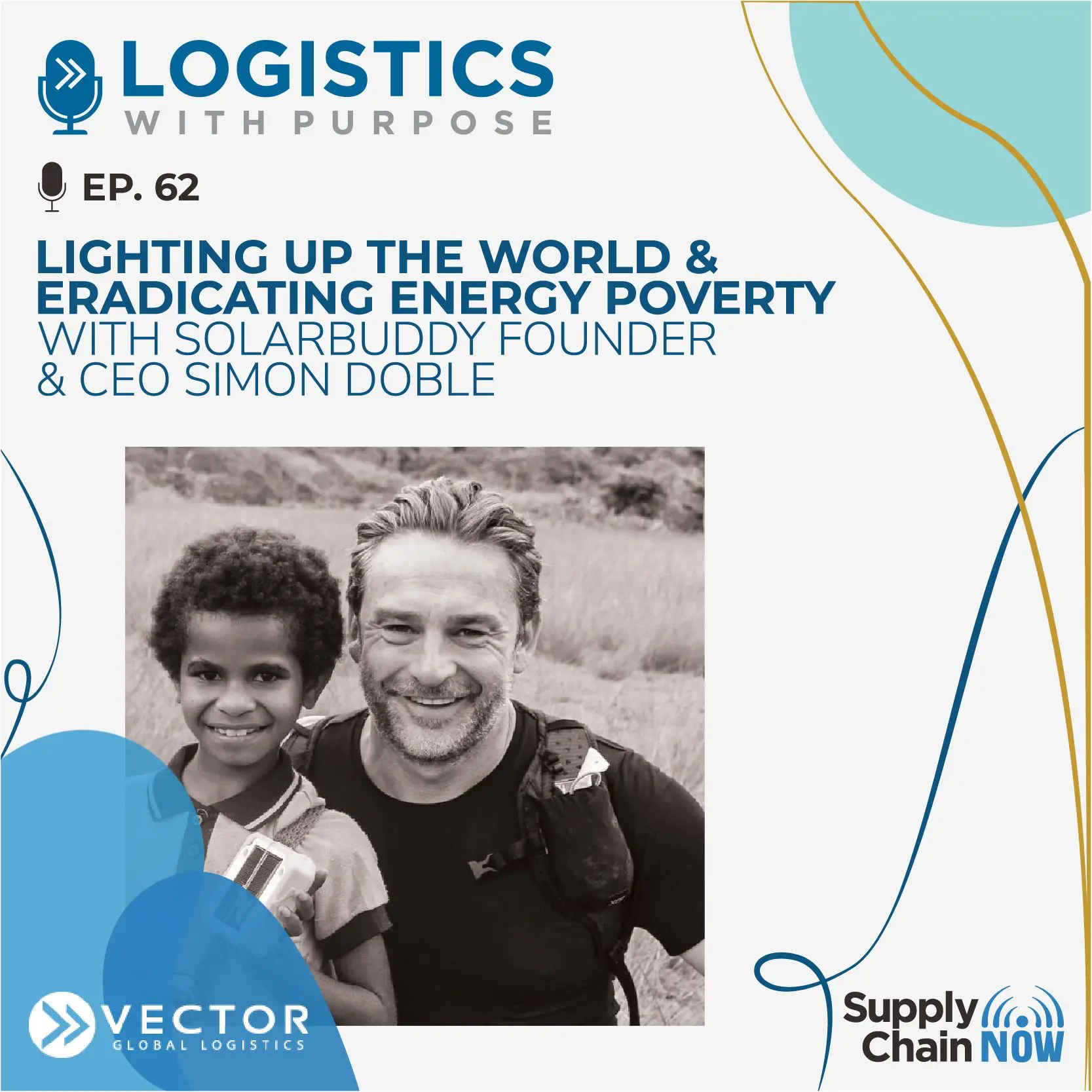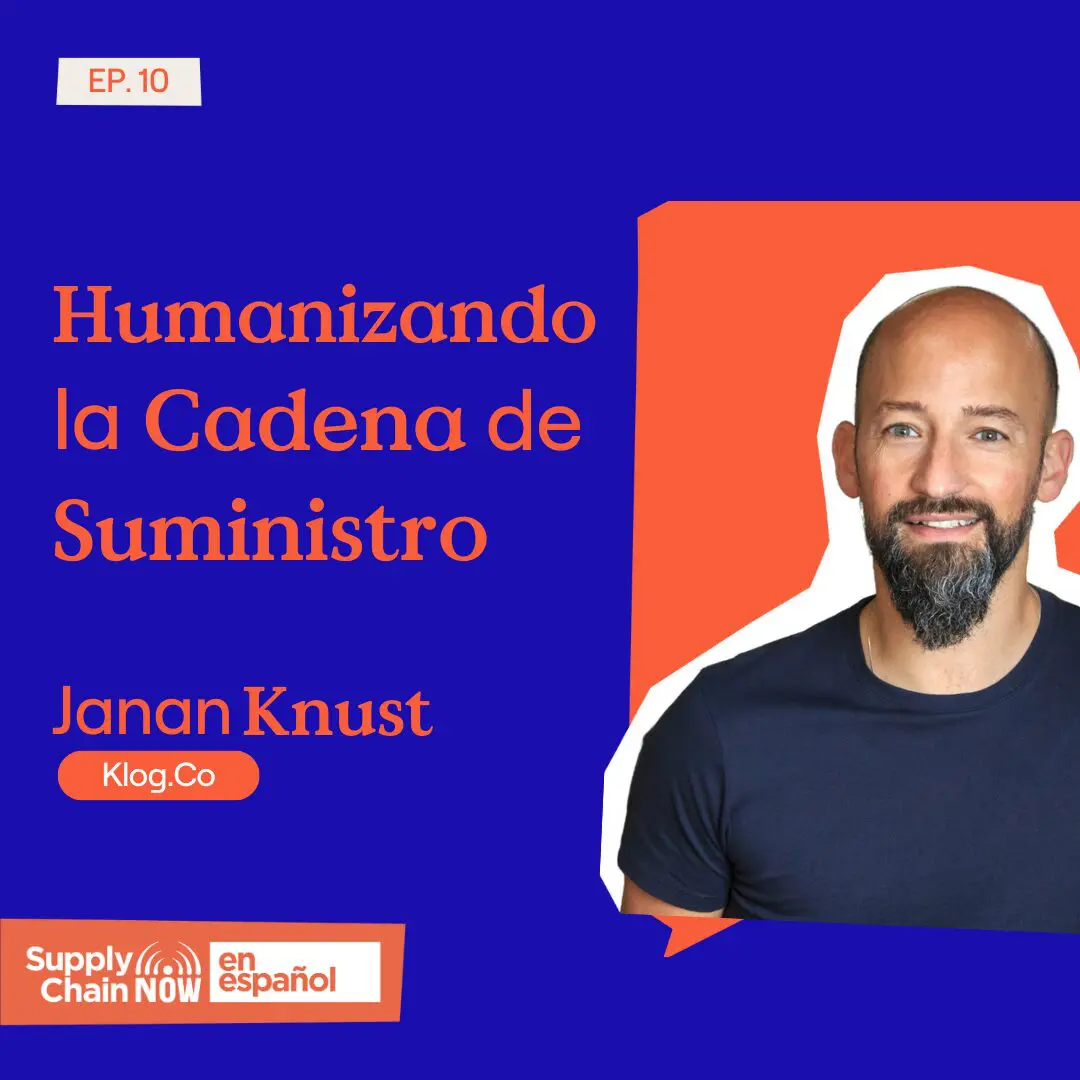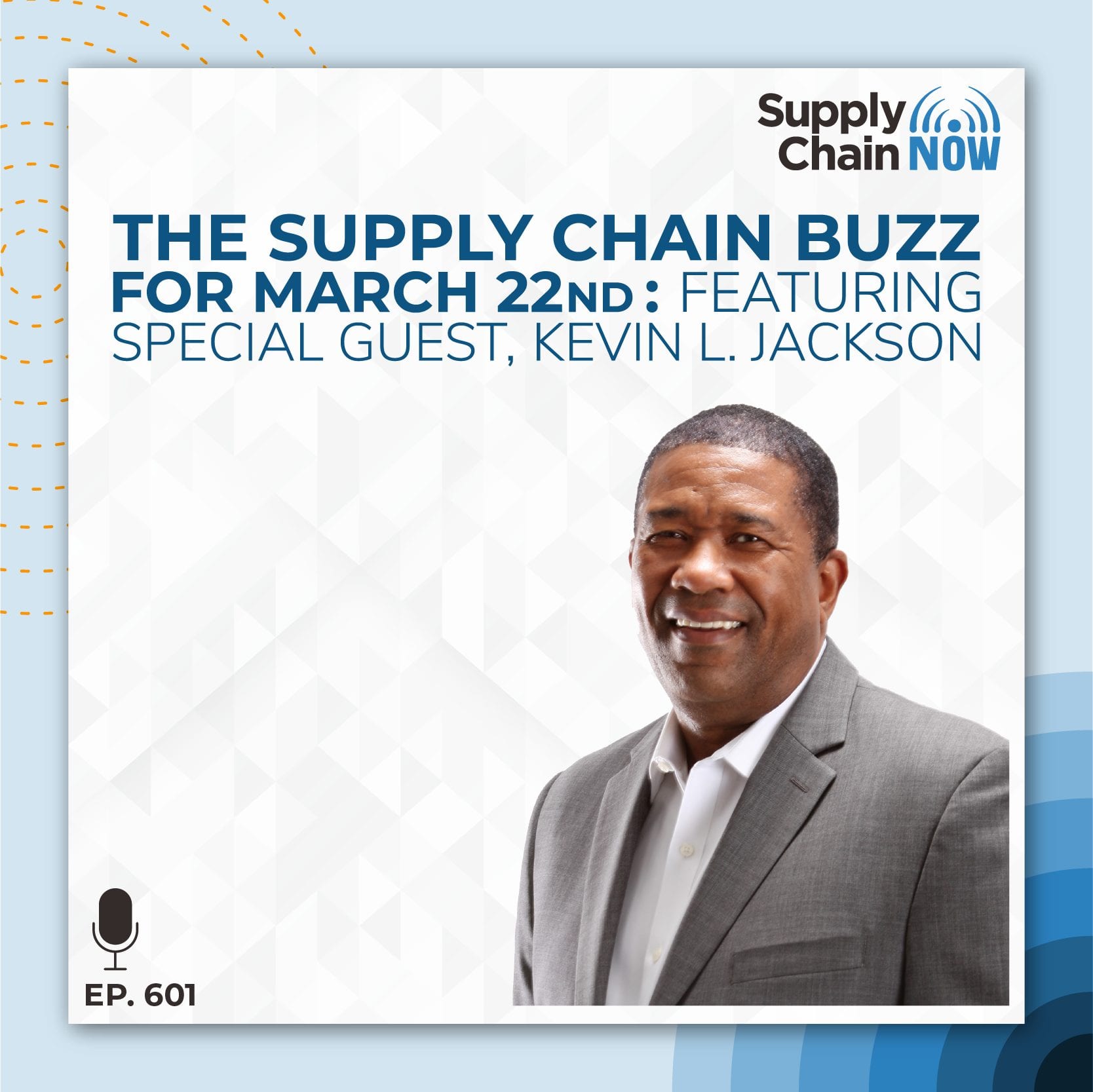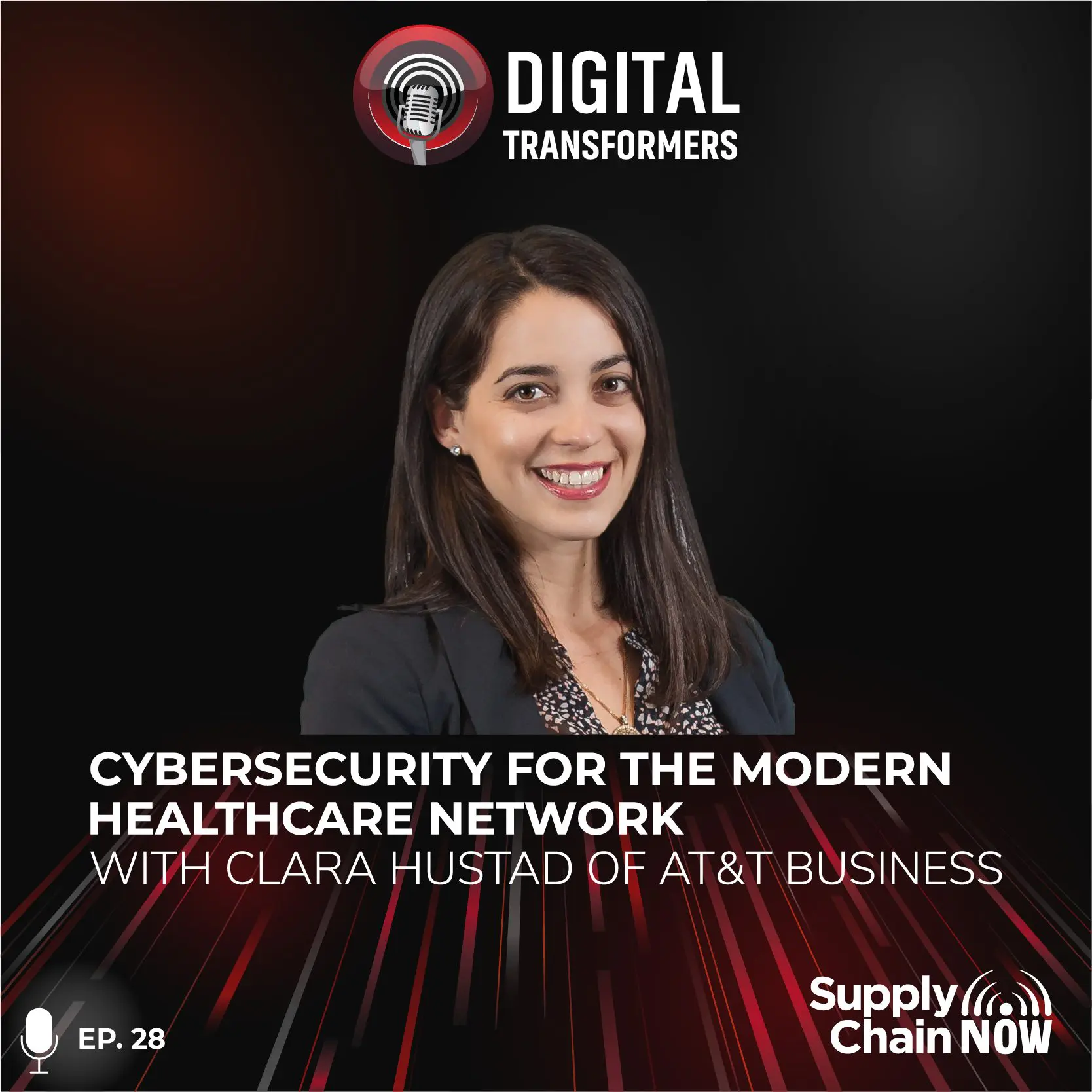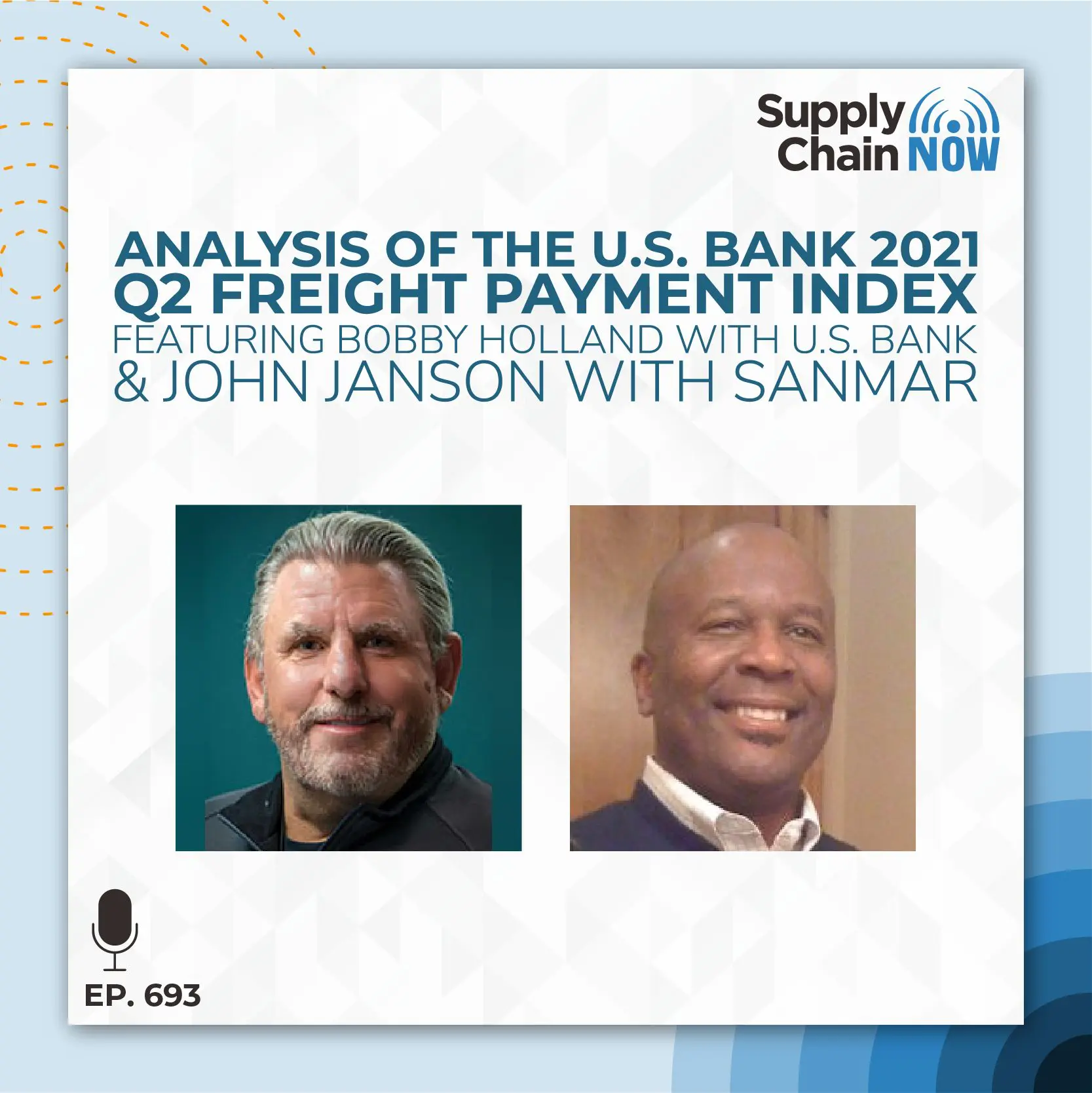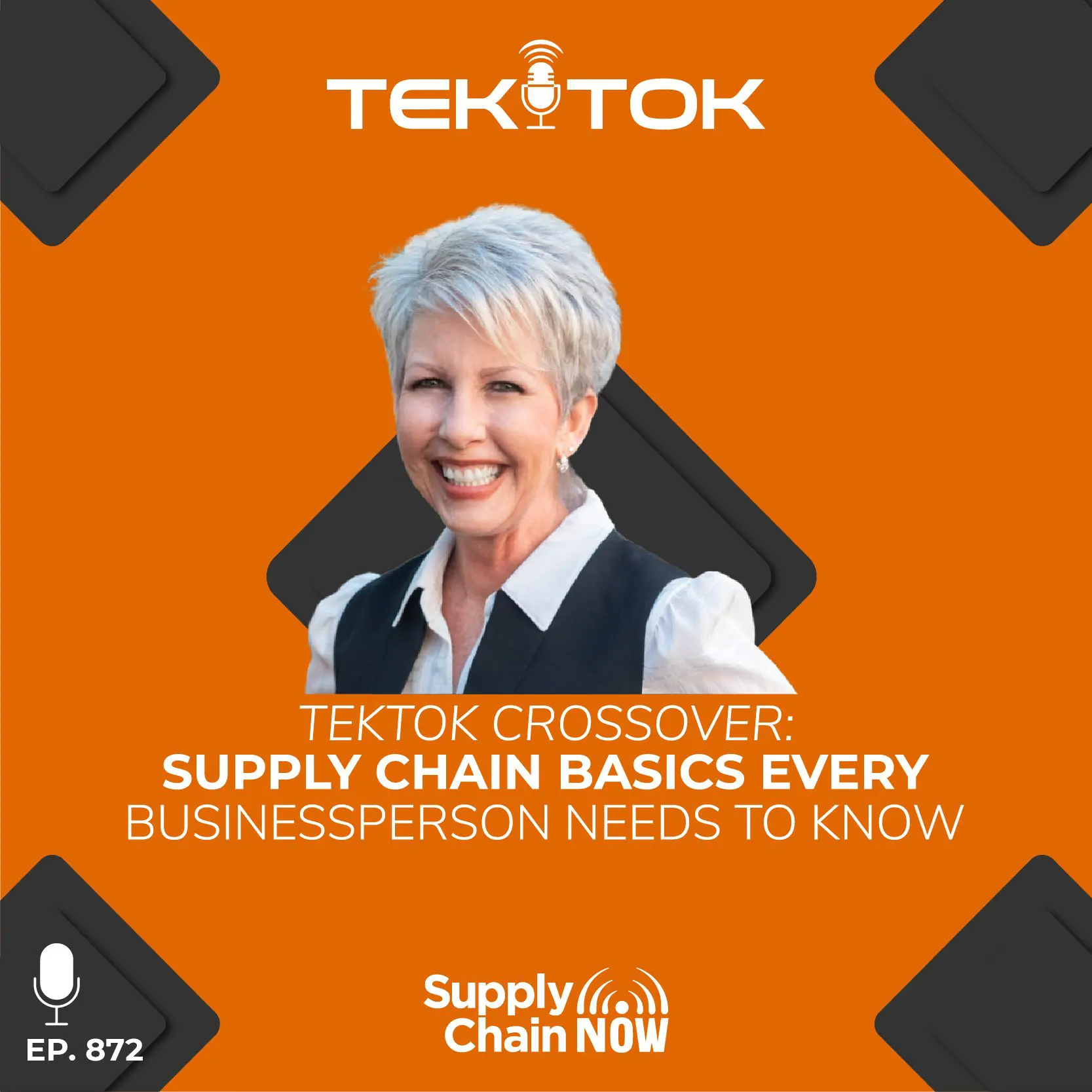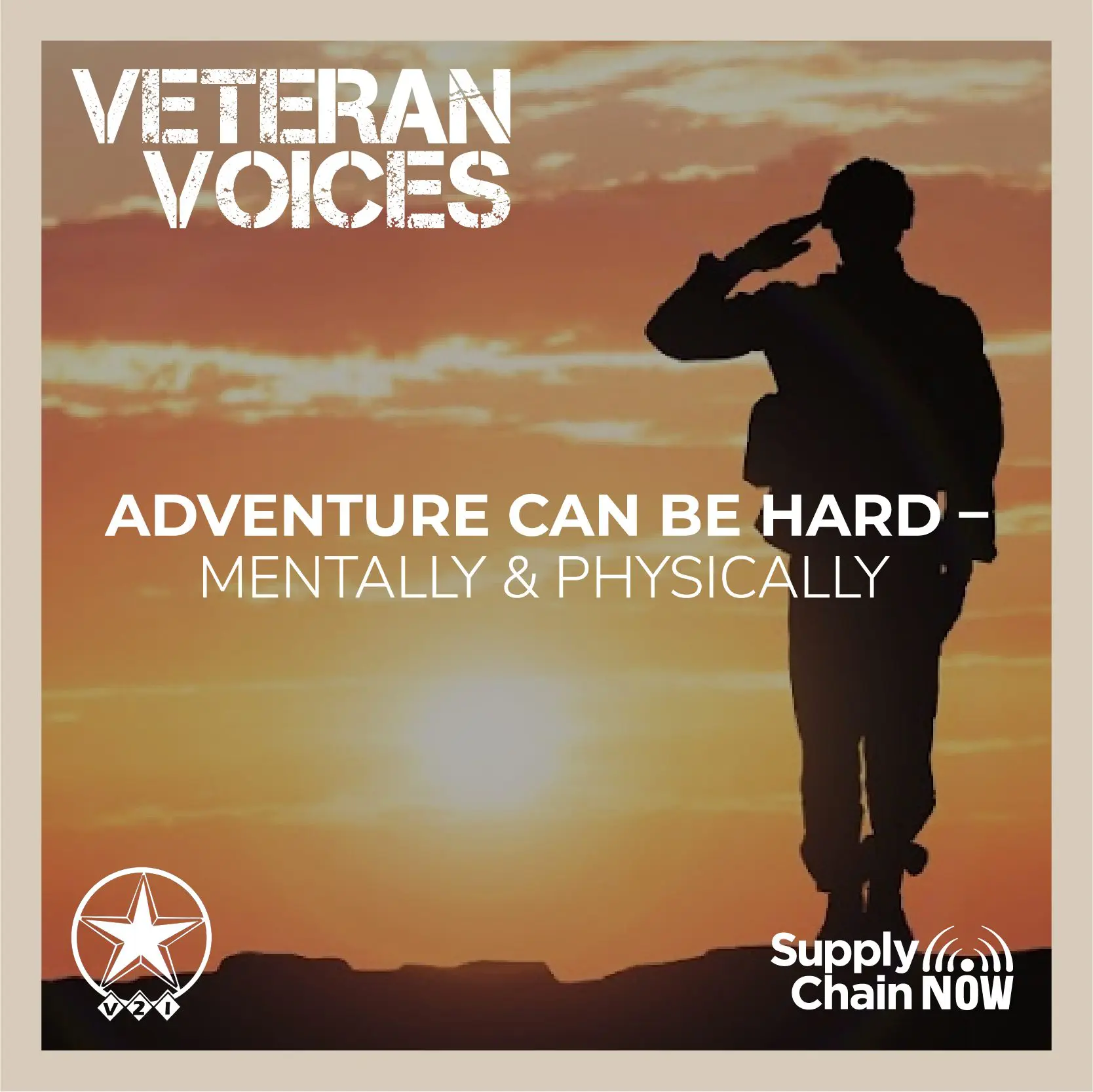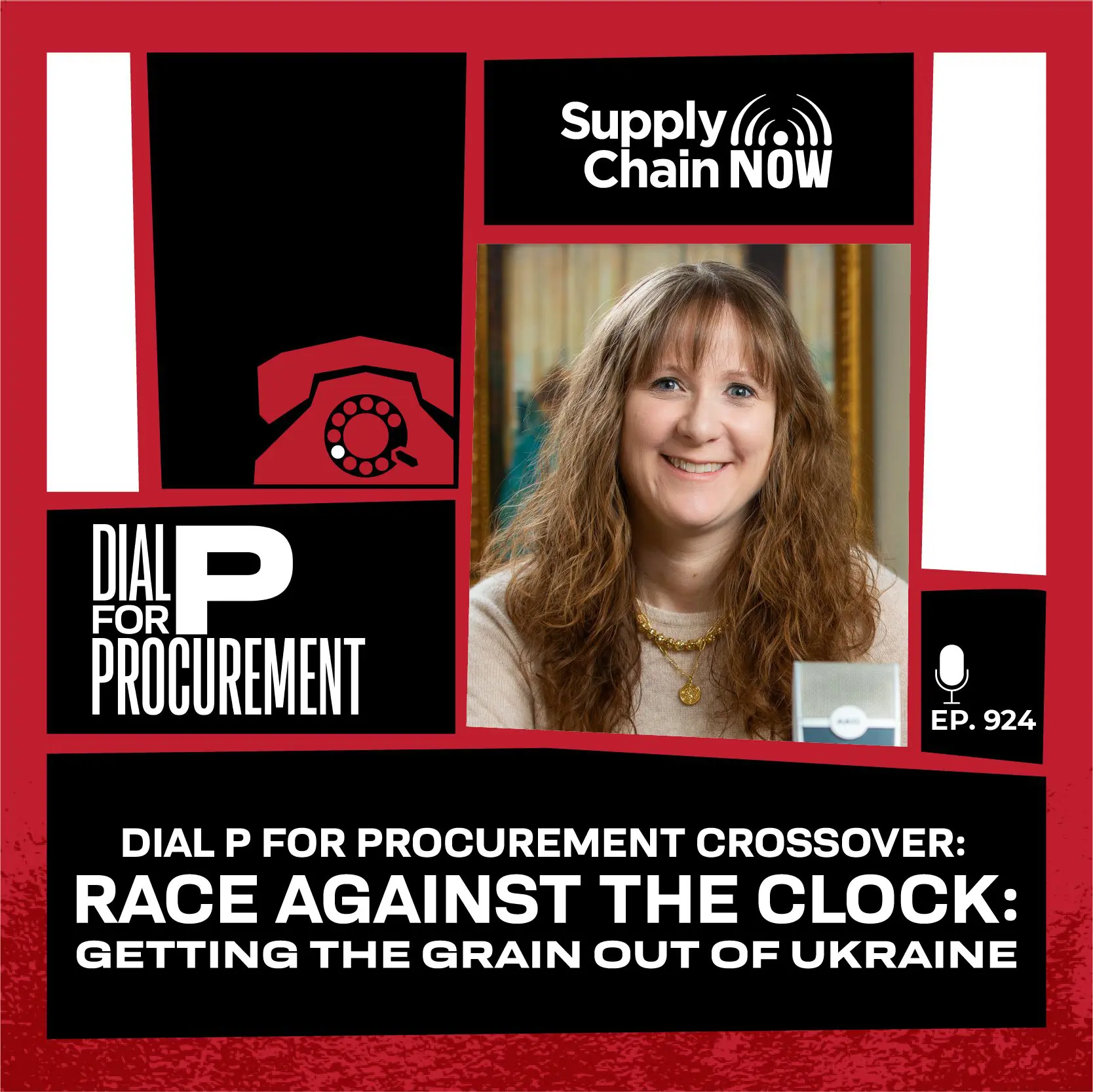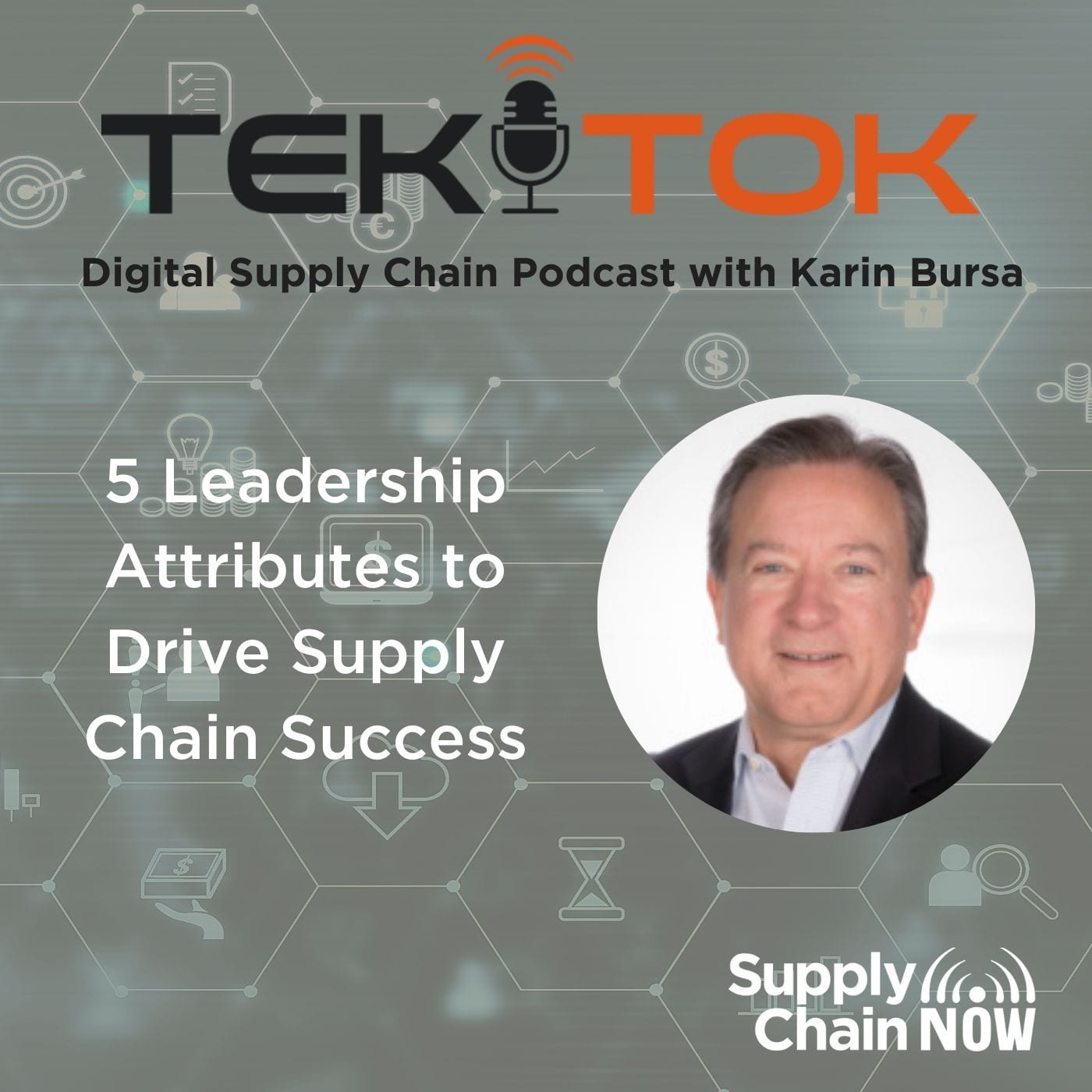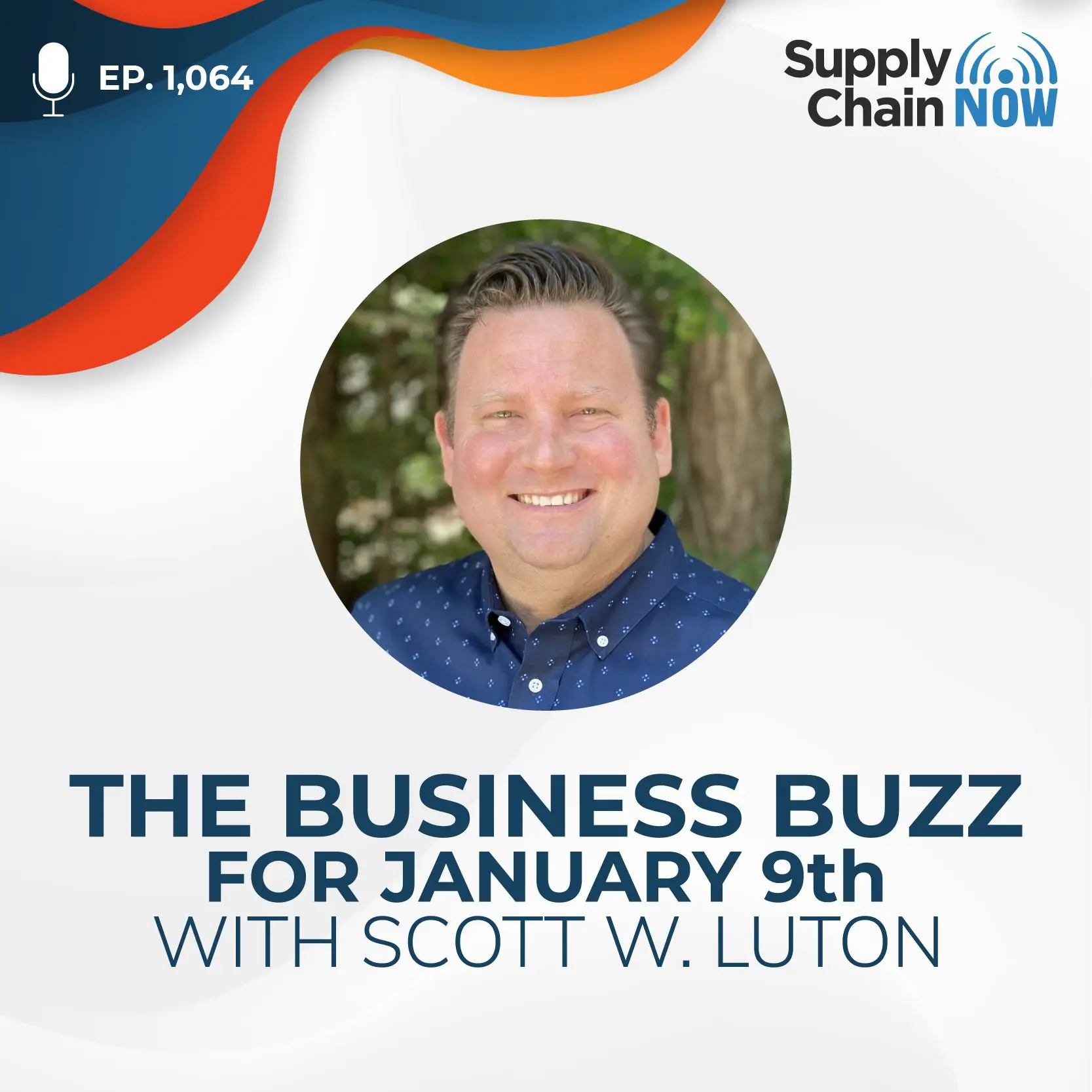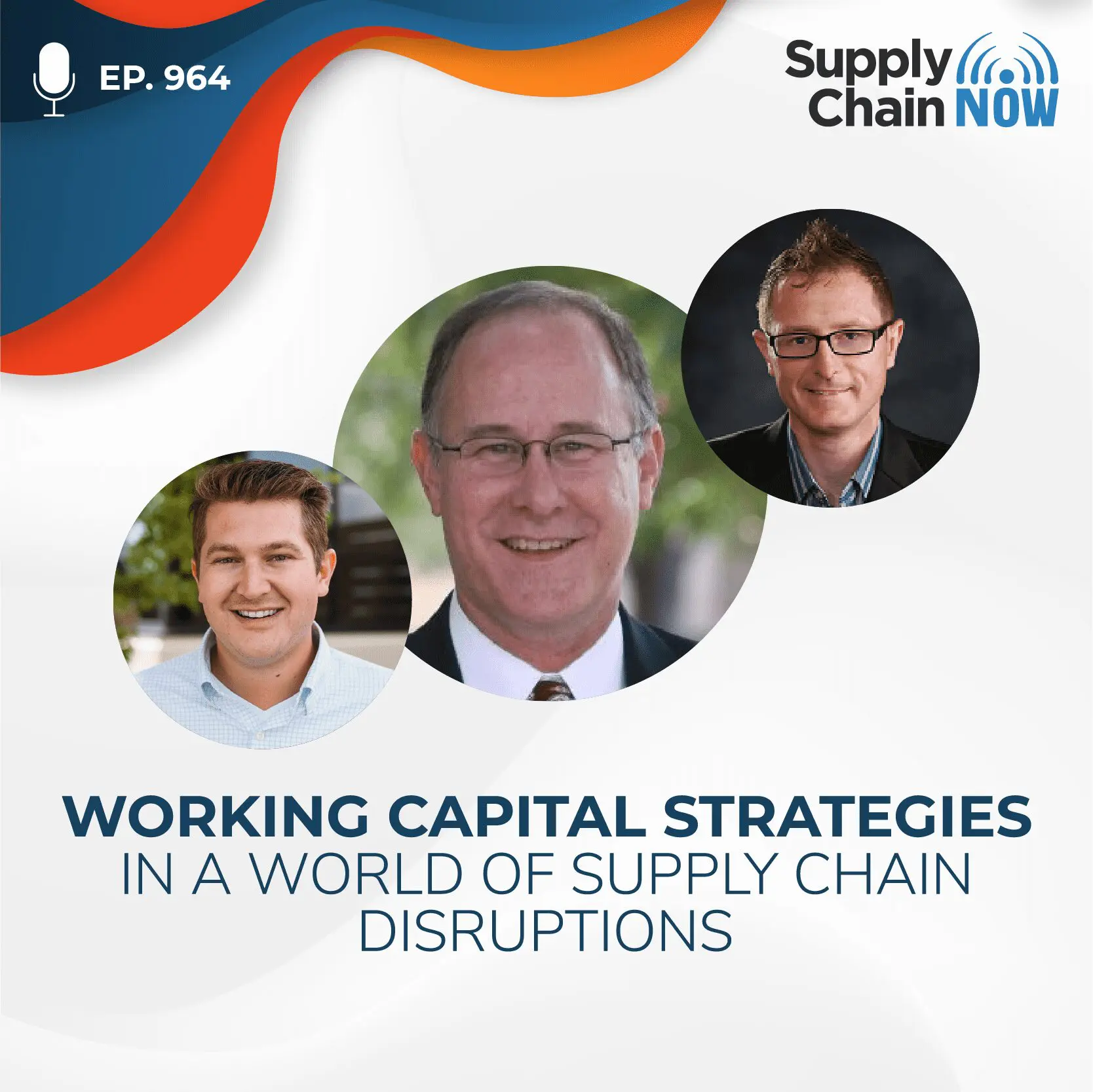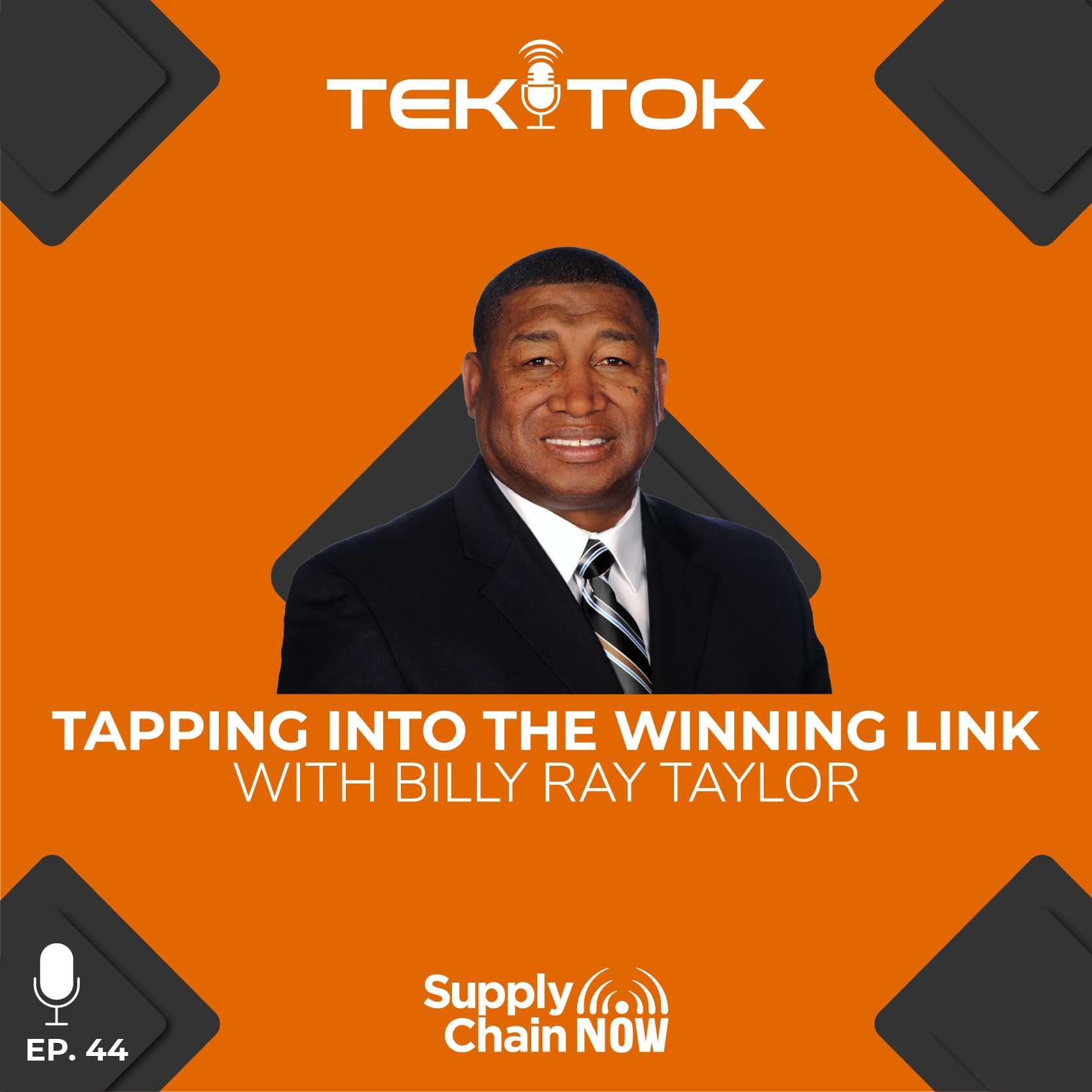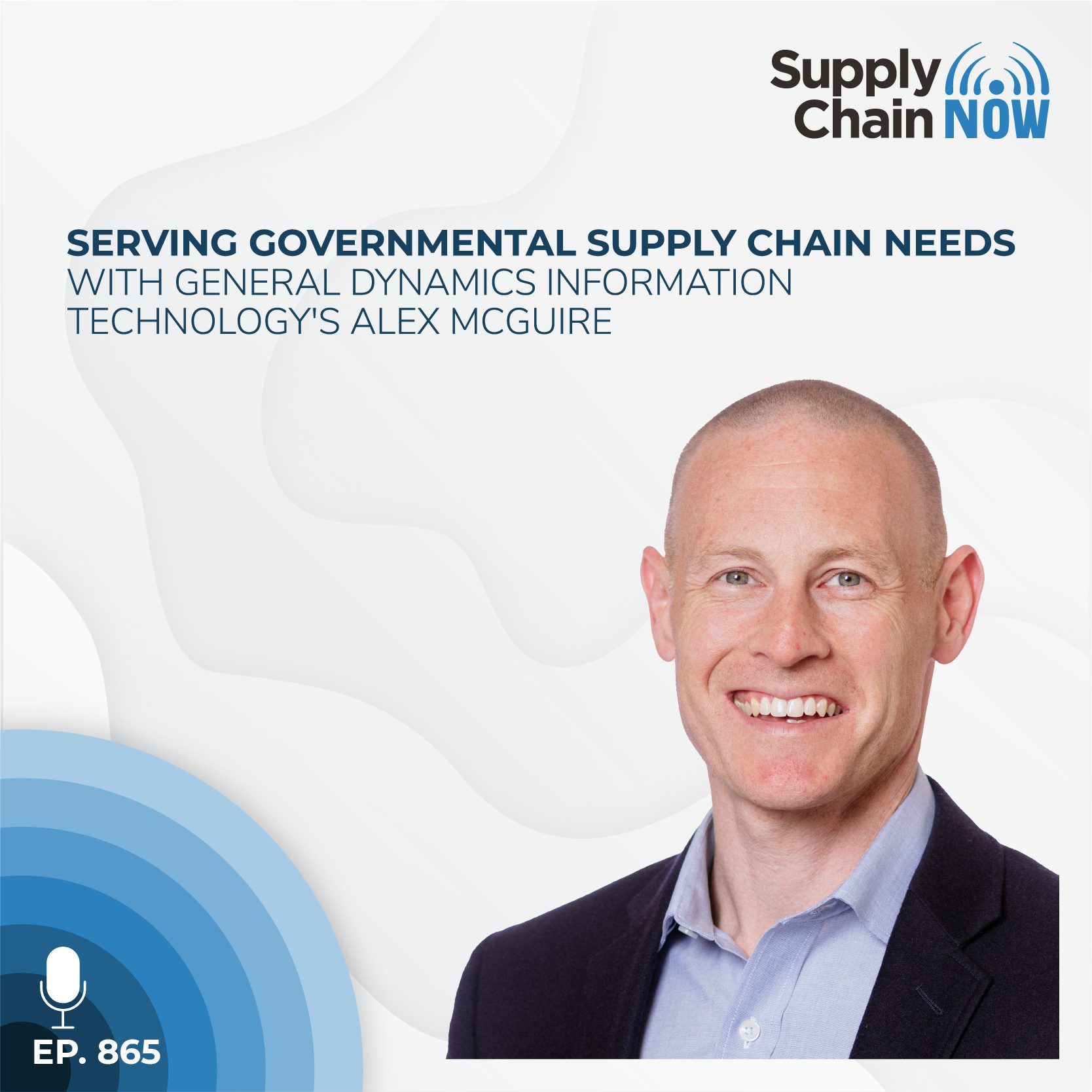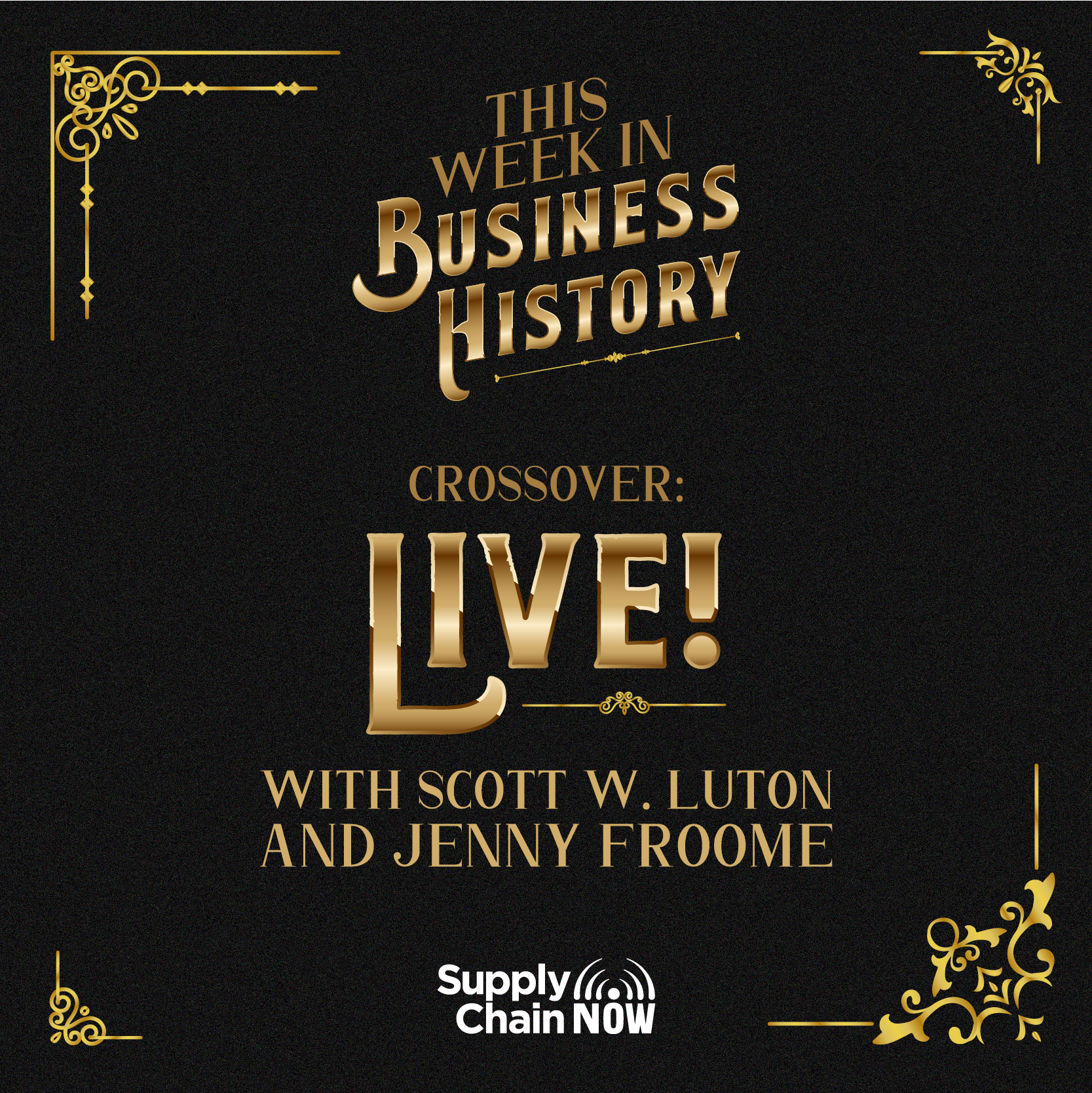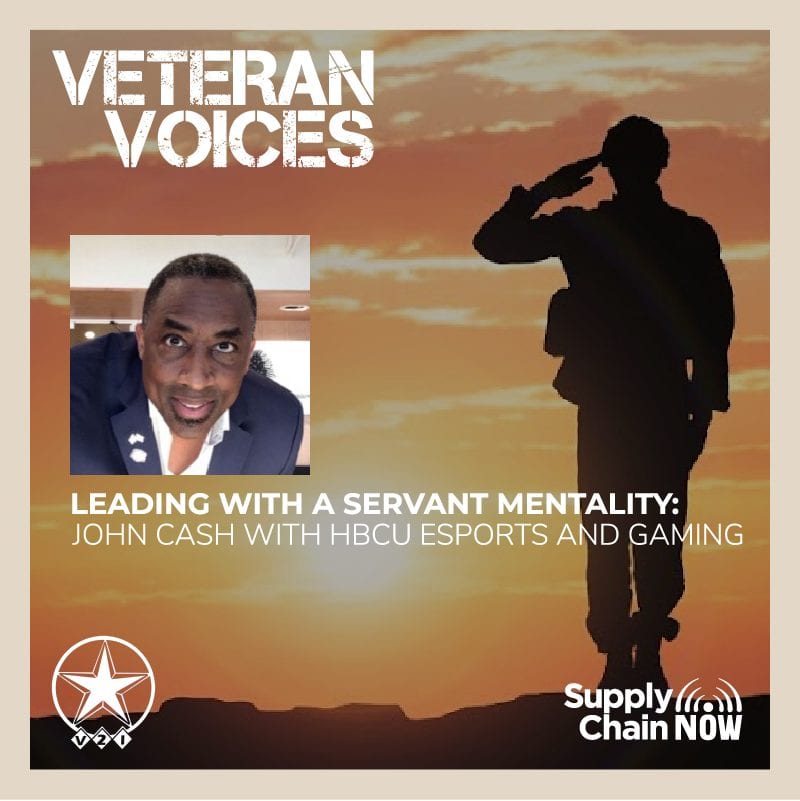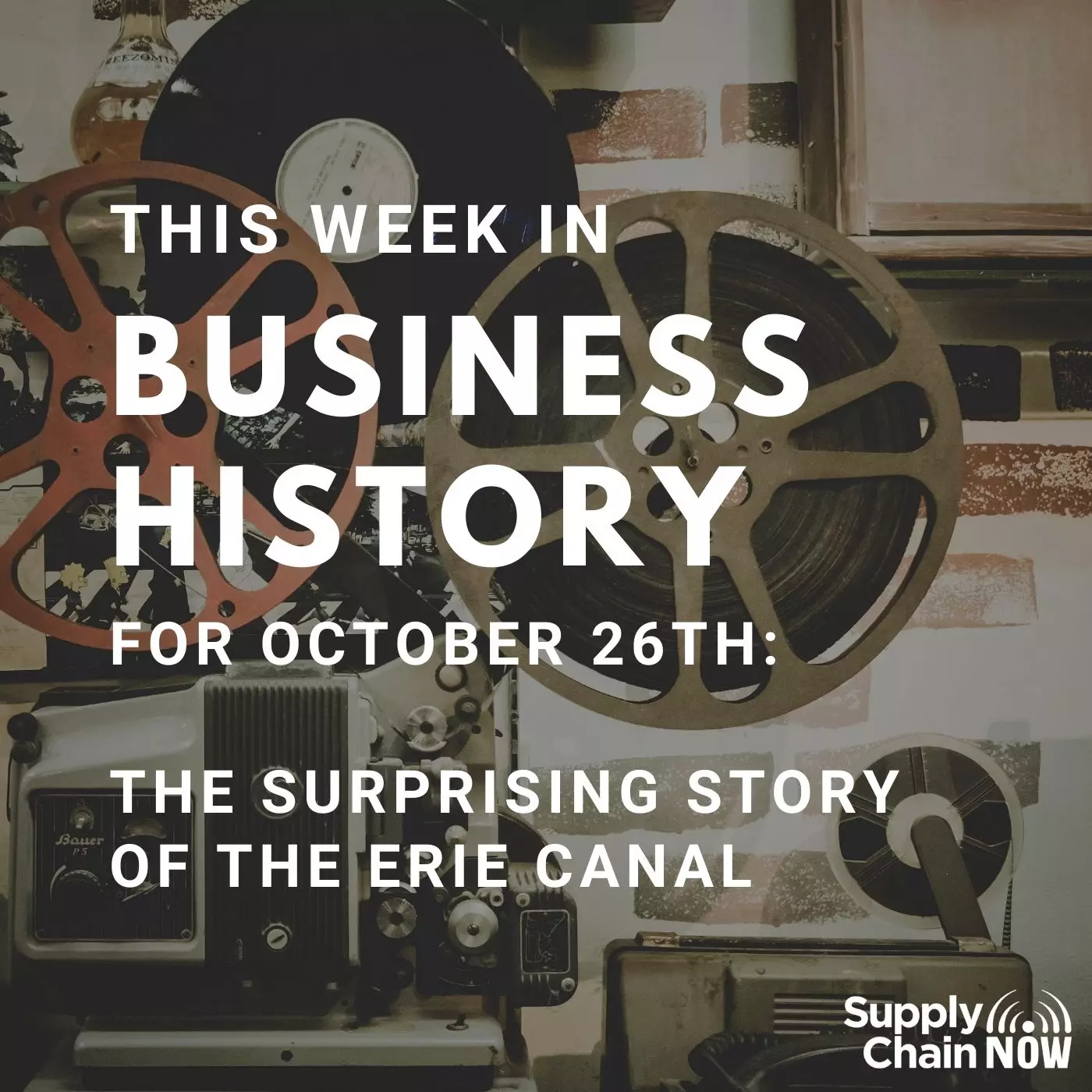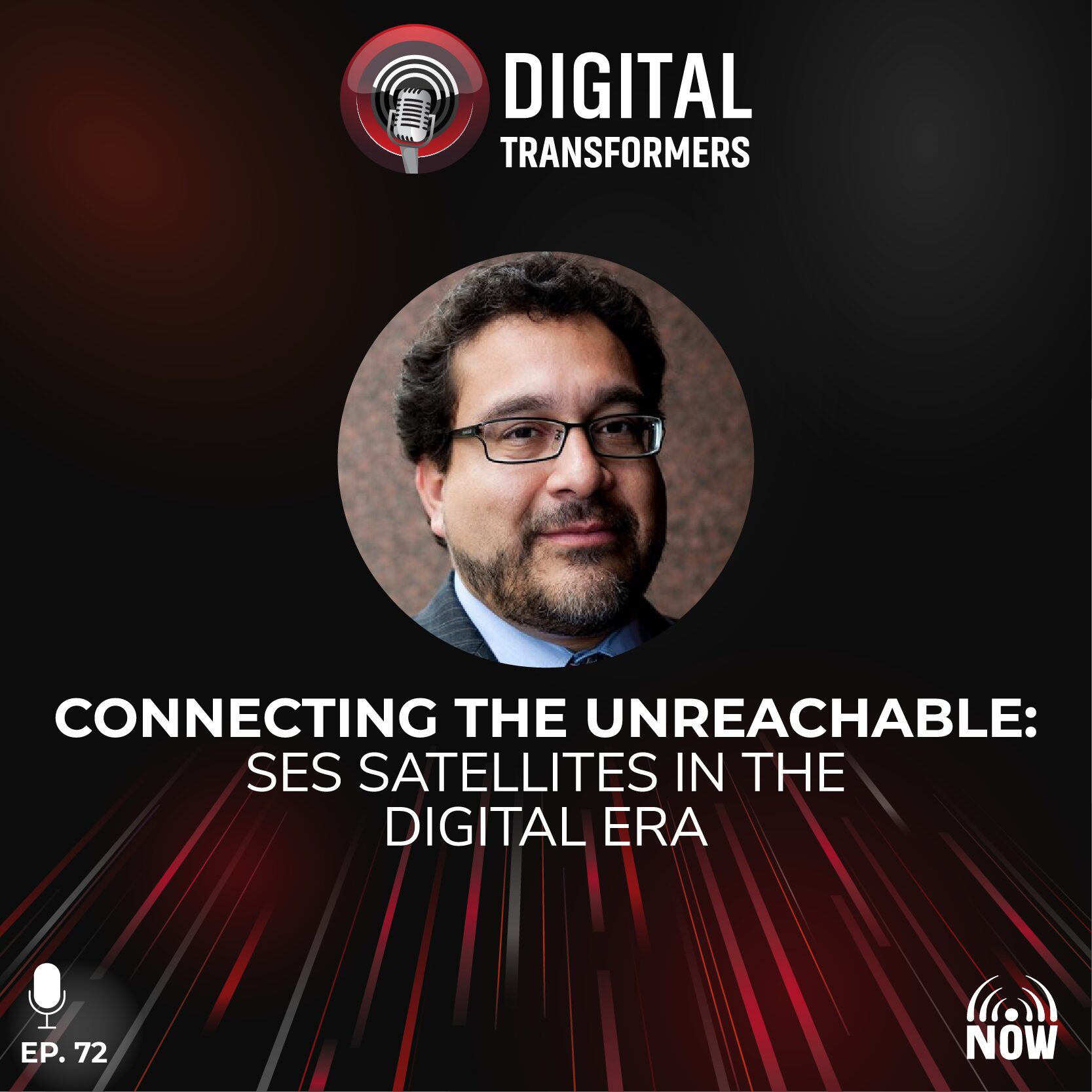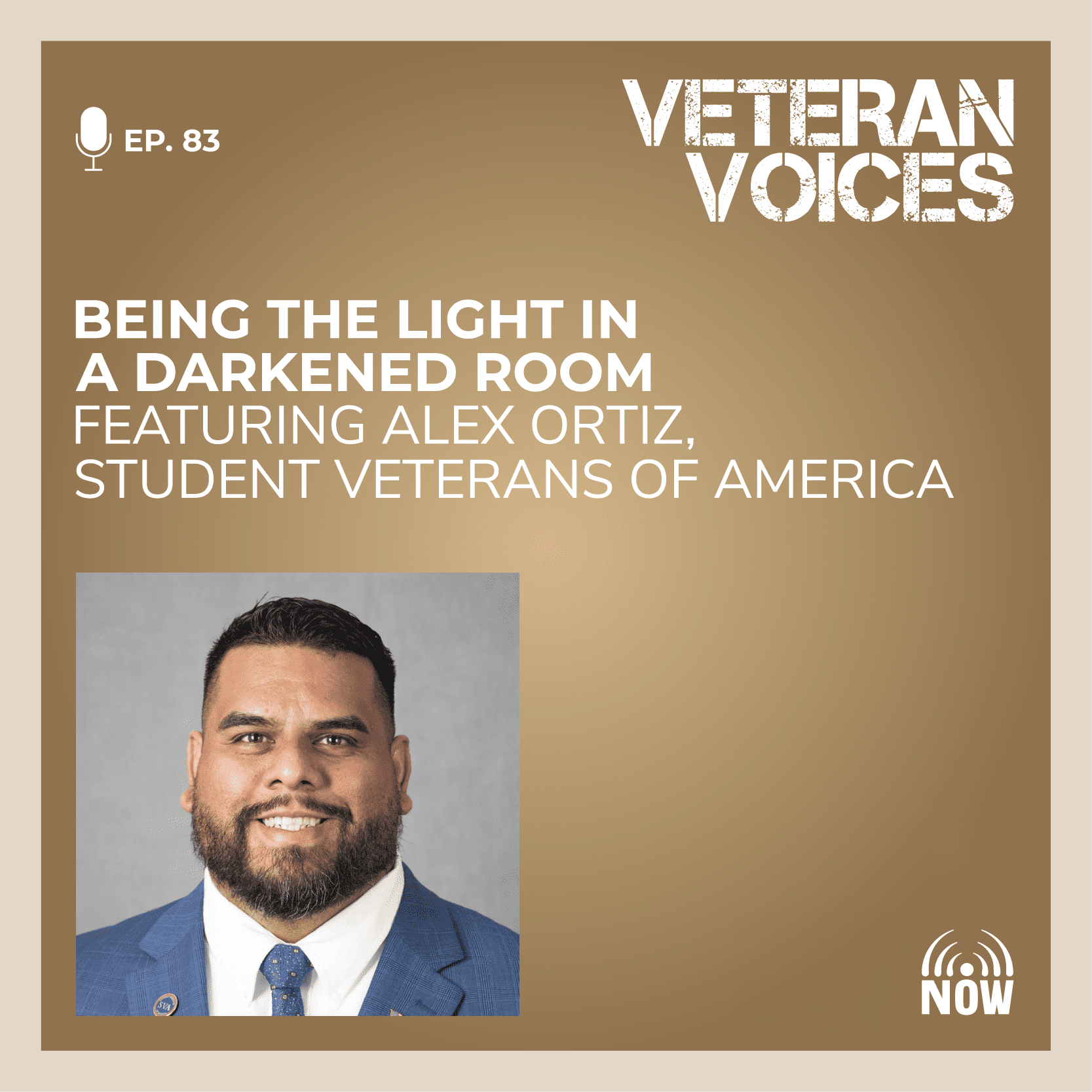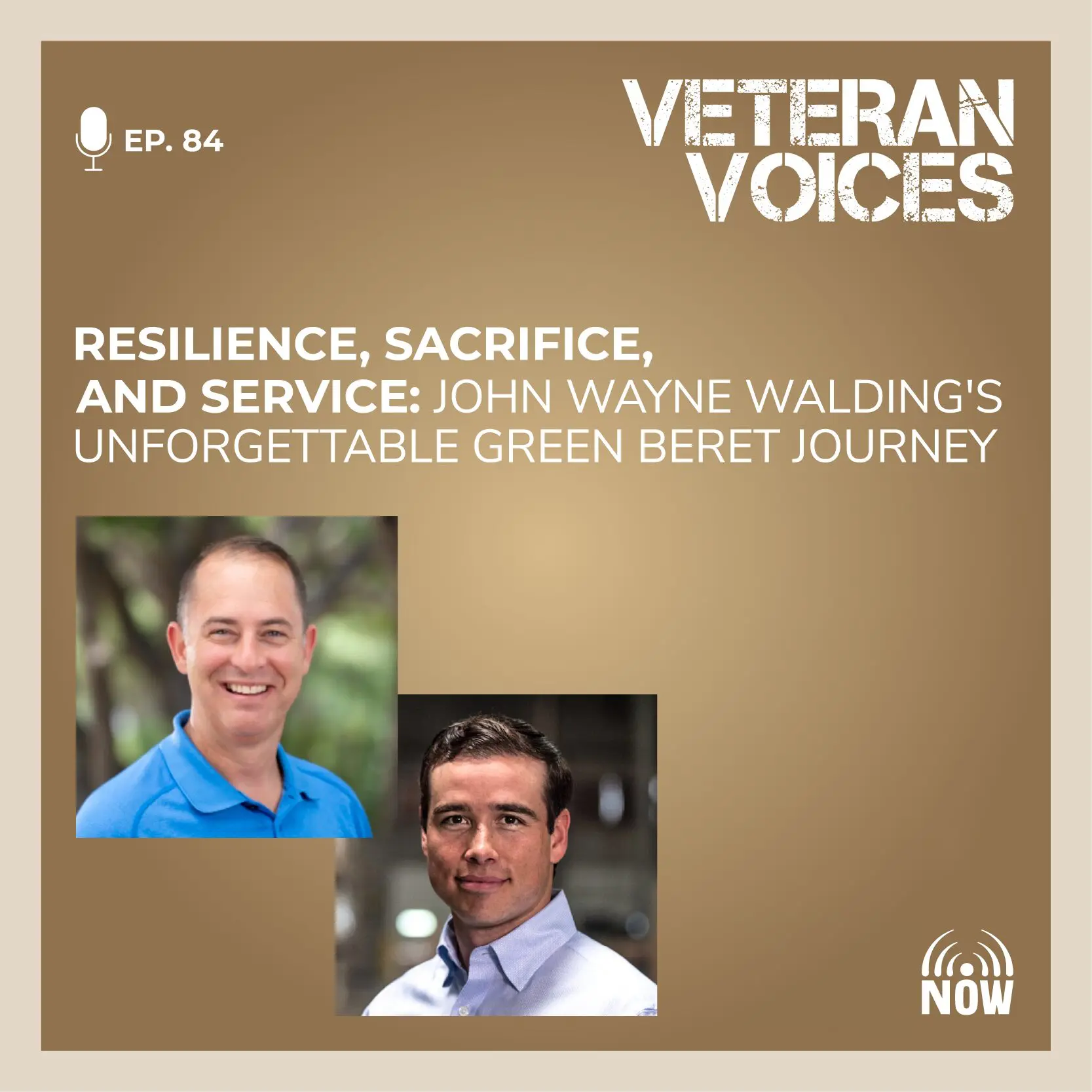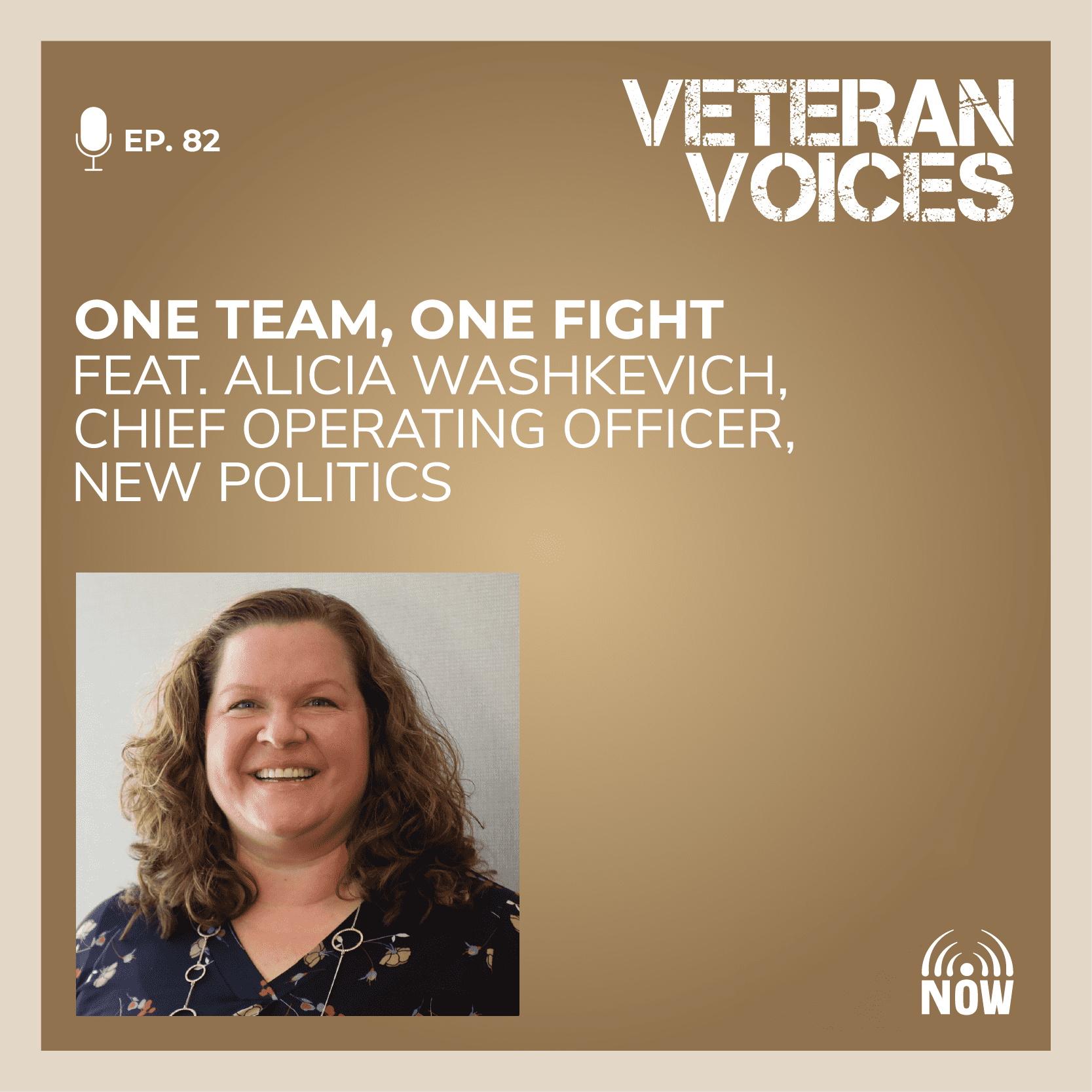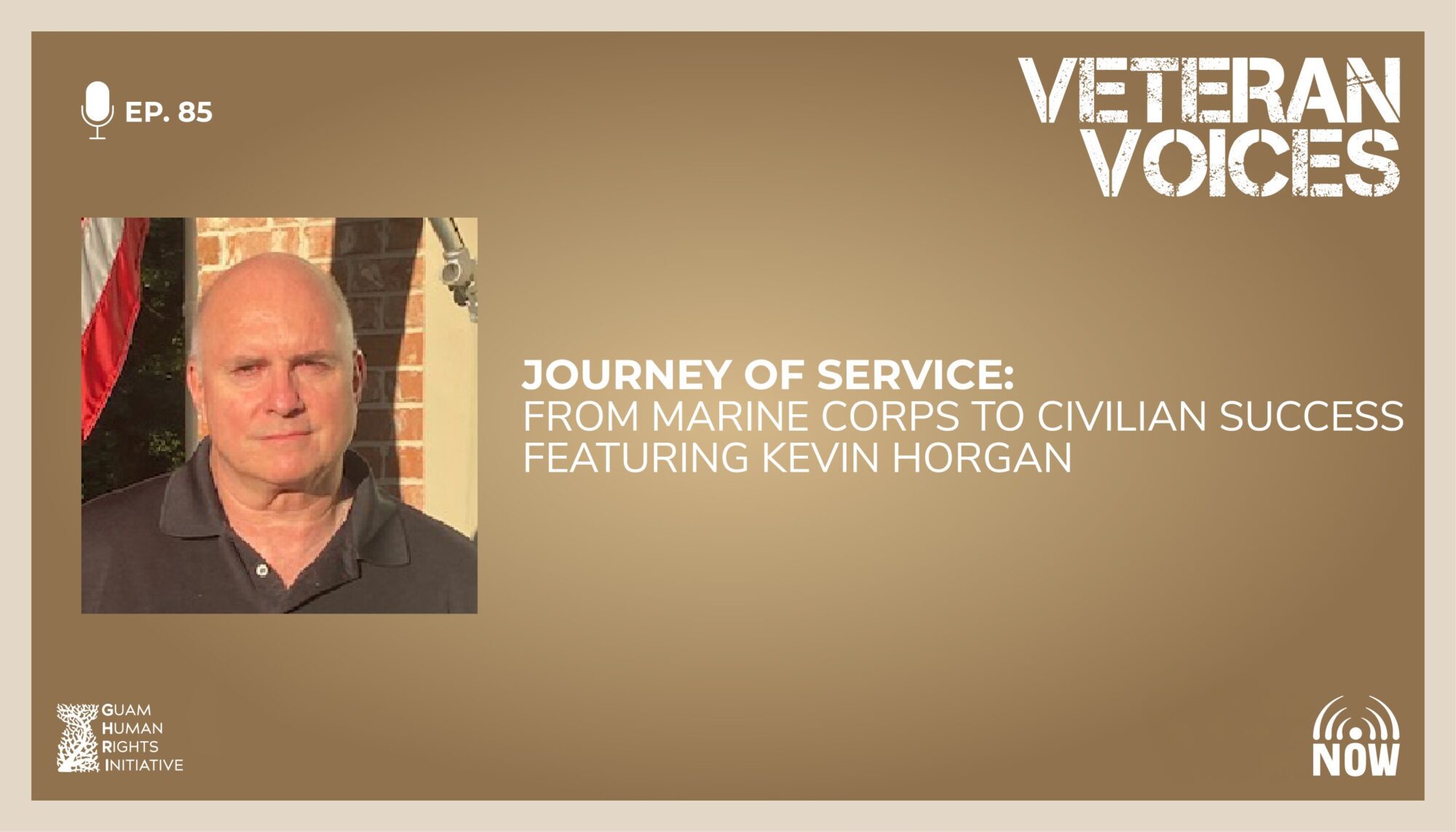
If you are transitioning, you should be taking advantage of anything in the military that allows you to get a helpful transition. There are lots of programs that you are eligible for and you've got to take full advantage of that. You have to make your own good judgment.
-Kevin Horgan
Episode Summary
In this new, candid episode of “Veteran Voices,” host Mary Kate Soliva welcomes listeners to a conversation brimming with personal narratives and invaluable insights. As the episode unfolds, guest Kevin Horgan, shares the rich tapestry of his life, unveiling the profound impact of his Marine Corps journey on his identity and subsequent civilian career.
Through anecdotes and reflections, Kevin shares his story—a narrative woven with moments of resilience, self-discovery, and the ever-evolving pursuit of purpose. From his humble beginnings in New Jersey to the pivotal decision to join the Marine Corps, every step illuminates the complexities of a life shaped by service.
Join this compelling dialogue as it navigates through themes of mentorship, resilience, and the art of navigating transitions, and traverses the landscapes of service, personal growth, and the enduring spirit that defines the veteran experience. Through shared stories and heartfelt wisdom, this episode embodies the essence of “Veteran Voices,” embracing the humanity behind the uniform and offering a profound glimpse into the life of one remarkable individual.
Episode Transcript
Intro/Outro (00:02):
Welcome to Veteran Voices. A podcast is dedicated to giving a voice to those that have served in the United States Armed Forces on this series jointly presented by Supply Chain now and vets to industry. We sit down with a wide variety of veterans and veteran advocates to gain their insights, perspective, and stories from serving. We talk with many individuals about their challenging transition from active duty to the private sector, and we discuss some of the most vital issues facing veterans today. Join us for this episode of Veteran Voices.
Mary Kate Soliva (00:48):
Hello everyone. Thank you for joining us again on Veteran Voices, and if it’s your first time with us, welcome to the show. I’m your host, Mary Kate Saliva, and I’m with you here on Veteran Voices. Thank you so much for joining us today. I have an incredible guest waiting to gear up here for a wonderful interview. Also, we’re just going to do a quick programming note before we get started. This program is part of the supply chain Now family, wherever you can get your podcasts from. Started by our incredible Scott Air Force veteran. Today’s show is also conducting a partnership with Guam Human Rights Initiative, a nonprofit that’s near and dear to my heart. You can find more about them@guamhr.org. Now without further ado, I’m super humbled and excited to have our guests here on today’s show. Today, I’m going to be interviewing a Marine Corps veteran, Kevin Horgan. Thank you so much for joining us today, Kevin.
Kevin Horgan (01:49):
Thank you for having me, Mary Kate.
Mary Kate Soliva (01:50):
I’m super excited and I know that this episode will get released a bit later, but just for the timestamp that we did, just celebrate a happy birthday to the Marine Corps, so happy Birthday Marine. You’ll learn that one branch that I can’t use in past tense. People say that they were in the Navy or they were in the Air Force, but when it comes to the Marines, you don’t put it in past once a Marine, always a Marine. So I really welcome you to the show. Again, veteran Voices as a first time guest on the show, would love for our guests and listeners to get to know you better. So would love to have you pump us up with a motivational quote. Do you have one for us this morning?
Kevin Horgan (02:32):
Well, it’s not my quote, I’ll take a quote. It was from actually a religious figure of the 19th century, a guy named Dwight Moody, and the quote goes like, this character is what you are in the dark. That’s it.
Mary Kate Soliva (02:45):
I love that. The first one to say that one, that quote and now what is that quote mean for you? Was it from a moment
Kevin Horgan (02:54):
You can do or say anything you want, but it’s when you’re alone is that when you’re really going to be true? It implies that there are many who espouse certain beliefs, certain temperaments, but truly when they’re alone, their honesty of purpose has to come through or that they’re not true to themselves.
Mary Kate Soliva (03:17):
No, I love that and that definitely resonates with me as I feel like I’ve gone through multiple transitions since I got off active duty in 2021, and there’s been those moments of just trying to self-reflect on my true self, who am I? So I really, really appreciate that. I’d love to have our listeners get to know you a bit better, and I say we take it back, but not too far back because you’re still a young Marine as far as where did you grow up?
Kevin Horgan (03:46):
Well, I grew up in New Jersey. It was great living in New Jersey. We thought that was the center of the universe and in many respects, you want the beauty of New Jersey and everybody knocks it. It’s a punchline to a lot of jokes is from any point in the state, you can go to the beach, you can go skiing in the mountains, you can go to New York City that has some of the greatest fishing and whitewater raft thing that you could possibly get down the Delaware. So it is really an awesome state. It’s kind of a corporate gypsy. I joined the Marine Corps after attended college. I went to St. Bonaventure University and I had a degree in English literature and it’s where I met my wife and we’ve been married almost 42 years, and when I got out in 1979, well, I guess it’s incredible, but for me it’s gone by the
Mary Kate Soliva (04:32):
Is she also a Jersey girl?
Kevin Horgan (04:34):
Yes, she is. Yeah,
Mary Kate Soliva (04:35):
She is. Well, I say that. That’s incredible.
Kevin Horgan (04:38):
Good looking too. And anyway, so I joined the Marine Corps. I went in as an officer. I was an infantry officer. I was served almost five years. I was nothing special. I was never shot at, of course like Bull Marines, I deployed and it was really, as a leader of Marines, it was a great privilege of my life. And from that, a lot of what I would call happiness that other people call success has stemmed from. So I really have no bones about that.
Mary Kate Soliva (05:06):
I have to ask about growing up in Jersey, I have a lot of family that’s still in Jersey, actually more central Jersey in the, I don’t know if I keep referring as cow countries, like all the dairy farms out there. I would love to hear about what led you to join the Marine Corps because it’s not the only branch that probably biases at being the best branch, but we’d love to hear how, was it a billboard sign? Was it just the recruiters happened to be off lunch that day? Why the Marine Corps, especially if you love Jersey so much. My leaf,
Kevin Horgan (05:39):
Well, my father was a marine officer and he served at Korea, so that probably shaped a great deal of it and I figured I’d always had it in the back of my mind. It wasn’t the forefront. I didn’t do N-R-O-T-C or anything like that. I had here, not quite as long as yours, but long enough. I was a child of the seventies, that’s when I grew up. I got out of college in 1979. Economically, it was a pretty tricky time. Interest rates for homes, we scoff at it now, it being seven or 8%, it was 14% at the time inflation was rampant. If you want gas for your car, you got in line at a gas station. We had alternating days for fueling based upon the last character on license plates. So in many respects it was, that’s what we knew, that’s what we did.
(06:27):
But jobs were a little tight, excuse me, especially for an English major. And I literally went to New York City on the suburban transit bus. I grew up in a town called Kendall Park, right smack dab in the middle of the state, Middlesex County. So I got on a college, I spent a week or two goofing off at home and my folks said, all right, you got to get serious. So I put on an $88 polyester Sears best three-piece suit. I got on the suburban transit bus, I took it to New York City and I went to one of these agencies that helps people find a job, and that was a bust that day. It was amusing aside by itself, but at the end of the day I was very discouraged. I came home, reported to my parents and they said, that’s nice. Try again tomorrow, rinse, repeat.
(07:22):
I got back on the bus, but I didn’t take the express. I took the local and the local stopped. About 18 times before it got to Manhattan we’re only 30 miles outside of Manhattan, but it took an hour and a half if you take the local train or bus. And the first stop was in New Brunswick and it stopped from the United States Marine Corps. And I looked outside and I thought about my previous day and I just got off the bus and I walked into the recruiting office, I’m there in my suit. I don’t know if anybody in 1979 was showing up in a suit at recruiting office, and there was a couple high and tight Marines sitting there and they were like, Hey, how are you doing? They thought that was the fly going into their web. And I said, listen, I just got out of college and I want to join Marines. And they said, you’re in the wrong place. You have to go to x, Y, Z. It was camp was in Edison. I didn’t have a car and I couldn’t get there. So they drove me. They drove me over. Within a week I had taken the test and I was scheduling physicals. It was a dumb deal. By October, I was in OCS.
Mary Kate Soliva (08:21):
Oh my goodness. It was pretty quick. And all of those stories starting with the bus rinse, repeat, how were your parents at that point? Were they just over the moon for you or kind of a bit hesitant?
Kevin Horgan (08:33):
No, I wouldn’t say my parents were very much over the moon with me with anything. I was a bit of a jackass grownup. So my father, I think he was amused. My mother was upset and disappointed, but my father throughout this period now, between the months of July and October when I went, I needed get in shape at least better shape than I was in, which was terrible. I was smoking a pack of cigarettes a day. I know I was only 18, but that’s what I was doing and I was generally keeping late hours and my father would tell me every day I wasn’t going to make it. He said, you’re not going to make it. You better get ready. You better start running. So about two or three days listening to that, I started running at night after I worked a couple goofball shifts at seven Elevens and Delicate contestants and things like that.
(09:25):
Basically making $2 an hour, two 50 an hour, whatever it was. And then I just started running at night and I was running at Boots, which those of you who have been to bootcamp or OCS know that you do very little running in boots for pt, physical training. I mean, you know that it’s in sneakers, that’s what you do with him. My old man thought I should be running in boots. So I did. And of course my feet got blistered, but I ran through it. By the time I got to OCS Ty, I could practically fly because we were running in sneakers. It was really amazing. But that was kind of the prayer.
Mary Kate Soliva (09:58):
No, I love that. Well, nothing like having your dad motivate you. Kind of a big kick out the door, take out. Well, I’m sure you were grateful when you did boots hit the ground and you did start running. There’s no shortage of that. And the Marines definitely have to run the furthest when it comes to the physical fitness tests. What I’d love to, if you could tell us a bit about your time in service. I know you said five years as far as the early stages go, where did you get sent first? Well,
Kevin Horgan (10:31):
It’s interesting. Let me backpedal just a little bit. At OCSI went in October 15th, if you recall, in 1979, the first week in November, the US Embassy in Iran was overthrown and they held 52 hostages from the embassy. And this is during the Carter administration. And we went from and just imagine Marine Corp Bootcamp and OCS being a little bit crazy to begin with, the screaming and yelling and pushups and all that kind of nutty stuff. But after that, I mean it went, it was sort of scream. I mean everybody was screaming all the time. We thought we were going to war, we’re going to be the first group of lieutenants to go to Tehran at the time. So it was interesting in that respect. So commissioned in December. In January, Marine Corps officer start what’s called the basic school, which is Marine Corps Officer policy from what kind of uniform to wear and how to wear it to land navigation, to shooting an M 60 machine gun to repelling out of helicopters and everything in between.
(11:34):
And they mixed it up to keep us suitably confused and generally on our toes, which was great. It was a wonderful experience. So that six months, and it’s not a polishing school. It is the leadership school for the Marine Corps. That’s which I’m very grateful. Then I did a six week infantry officer class, which is also in Quantico. So basically I lived in Quantico for a year after that. I was fortunate to have high enough scores to be able to opt into the first Marine Corps scout sniper school. Then about a dozen other people cross services. There were Navy Seals, army Rangers and the like, and a couple Marines, NCOs and staff NCOs. So that was a wonderful experience. And that was for eight weeks. And basically we were on the rifle range with our sniper rifles for four hours a day, which was amazing. And then we did other exercises in the like. So then I went out to the fleet in December of 19 eight and was assigned as the third platoon commander, Fox Company, second battalion, fifth Marines, first Marine division. And from that we spent in a pre-deployment mode for about eight months, and then we deployed to Okinawa and Westpac, which was the standard, everybody’s first rotation then in the Marine Corps and we’re going back over 40 years was an overseas rotation. They want to get you out of it.
Mary Kate Soliva (12:58):
Oh, I didn’t know that
Kevin Horgan (13:01):
As soon as possible. So that’s what it was then. Now, I mean we’ve been on a war footing, let’s face it for a generation. So it’s different now. I’m sure it’s also different that they’ve eliminated the marine scouts sniper teams that’s gone. They’ve eliminated artillery attacks from the Marine for it. So as the needs of war fighting and war preparation I should say, because that’s actually more important than the actual fighting. If the preparation is right, then you’re not tasked with actually having a fight. And that’s on a political level, of course. So we deployed Westpac. It was Okinawa. Half the battalion went to Hong Kong, the whole battalion went to Thailand and the Philippines for a month of training in the jungles there. It was excellent. There was a lot of liberty too. Okay. I mean don’t kid ourselves.
Mary Kate Soliva (13:49):
I’m trying to picture what it was like back at that time over in Southeast Asia. But I have to say, since you were talking about growing up in New Jersey, I have been to some of those countries that you’ve mentioned, the Philippines, Thailand, Japan, completely different than Jersey, what’s ever been in Jersey. How was that for you seeing those, seeing at least Okinawa and just being on that side of the world? What was that like for you? Was there anything that you thought that was the weirdest thing that you weighed ores, the craziest thing you saw?
Kevin Horgan (14:21):
Well, let me preface it by saying how we grow up in New Jersey. We were in the suburbs, in the bedroom community, if you will. All the houses were the same, the entire town, all the houses were the same. They were three or four bedroom ranches. They were probably around 2000 square feet total. And they were all on quarter acre lots. Now my neighborhood was not homogenous. My neighborhood had Jewish people, Catholic people, Protestant people. I had black friends. We all lived on the same block. So we were already a cross section of America before it was actually fashionable. We were the middle class. And it’s a shame we’ve gotten so far away from that now. So I think much of my anticipation, much of the things that I was looking forward to going overseas were born of stories. My father said he served in Korea and he had a mix of amusing and awful and none of my service was awful.
(15:15):
It was just the anticipating what happened in other cultures around the world. So it’s hard to describe it because we spent a lot of time on liberty and the liberty, let’s face it, Liberty was not something I’ll tell you flat out. And that’s something we’re really proud of and our actions and activities, most of it revolved around drinking and screaming and howling at the moon and all that kind of good stuff. But the people that we interacted with when we were at Garrison or in preparation for doing things that had nothing to do with actually training specifically, the people were wonderful. I think there was an edge to the people in Okinawa themselves that didn’t necessarily care for us. I think they mostly tolerated us in Thailand and the Philippines. They welcomed us with open arms. We were a fixture there. Heroic, I guess is the best way to put it. And I wasn’t a hero. I was just a kid from Jersey wear a uniform with a shaved head and get paid to shoot guns. And that’s really at the end of the day, that’s what it came down to. So I didn’t have an epiphany with cultures except when I did come back to the United States. We live in a wonderful country. We are so we are all married, privileged to be here.
Mary Kate Soliva (16:27):
It’s a very great insight and I was really interested to hear that because mostly this was, you served at a time before I served, and you’re right how it has evolved over time, just our war fighting and what our capabilities are and what our responsibilities are. But I think that the one shared thing that crosses over that time is our first step into these countries that are new for us coming from small towns in America or in the suburbs of America. But he says that the melting pot that we have, but then stepping in where this culture is completely different and we’re learning to navigate that as young service men and women. I find that super interesting, at least for me personally. So hopefully for listeners also find that in tune as well. I’d love to hear a bit about some of the lessons learned that you had while you were in service. You come from, not everyone had a parent or a loved one in their family that serves some of them or first time in their families, but you had your dad. So just really curious if you had somebody in service take you under their wing, feel free to shout their name out, but I’d love to hear some of the lessons learned that you had in your time in the Marine Corps.
Kevin Horgan (17:38):
Well, I was really blessed to serve with wonderful people. In hindsight, I look at it now and I was pretty immature for the task. I mean, at 22 years old, I was leading a platoon of 30 Marine and everything I did totally on what they did. You couldn’t have a whim to do X, y, or Z that didn’t have a ripple effect, which was quite dramatic to the last man on the left. My father of the many things he told me before I went in that were all true. And the first thing he said is, you can only do so many pushups, so don’t worry about it. I mean, there’s a certain point where you can’t do anymore. And he said, then you just got to do two more. So that’s just one of the things he said. The other thing he said is you have to lead by example. If you are not willing to do what you ask people to do, and we can say order all we want, but you’re essentially asking them them to do something that sometimes could be terrible. If you’re not willing to do it, you’re not leading by an example. And that is a crucial element. You have to live the virtue of what you’re asking others to be.
Mary Kate Soliva (18:47):
No, I love that point. Both absolutely. Great lessons learned. And one of the things that really stuck out to me too is the position that you said that you were in at that time at 22 leading an entire platoon. Because if you were to translate that with corporate America, we don’t tend to put 22 year olds in charge of a bunch of people just coming up in that way. And I think that especially because you were leading them also, again from all walks of life with all different specialties or even in another country. So there’s extra layers there that are new. So I think that those lessons learned really to help someone at that age to take in what they’re doing, that new set of responsibilities. I’d love to talk about the transition piece. I’m sure we’re talking about the five years can also go by pretty quickly at a blink of an eye. Did it feel that way then for you, and what was the point where you decided it’s time?
Kevin Horgan (19:50):
That’s a great question. I’m glad you asked that because I think that’s pivotal to people that are thinking about transitioning and that are either, listen, they’re in the pipeline. I was fortunate. I do want to preface one thing. Any successes I had in the Marine Corps was because of others and all the failures were mine. And you had successes and failures every single day. I mean, you just did. I did certainly. So I spent about two and a half years in the second battalion, fifth Marines after the rifle platoon, I was given the 81 mortar platoon and the executive officer of a weapons company. And again, no great distinction there transitioned, and I still had not made a decision yet. I’m at about the three and a half year mark. I had not made a decision whether I was going to stay in the marina or not, Marine Corps or not.
(20:34):
I was augmented as a regular officer at this time, and I went to MCRD, San Diego, which was a billet that you got to do. You either do that or you go to recruiting. And I wanted to avoid recruiting the plague because that might the toughest job there is in the Marine Corps, being held accountable to people you really don’t know and you can’t touch every single day. So recruiting is brutal duty. But MCRD, the Crew Depot, that’s not a walk in the park either. You have the duty, overnight duty every third day, and it’s from LY to taps. The rest of the days is six days a week, and sometimes on Sundays, recruits still have to be supervised above and beyond that, not just the recruits, but the drill instructors have to be supervised because sometimes they get over work with what they’re doing and the promise of creating Marines.
(21:23):
So you need to protect those drill instructors about halfway through that. This is a very personal side to this. In May of 1984, I had not quite made the decision. I walked up the depot in August, in May, I had not made a final decision. And then a couple things happened in rapid suggestion, within a week, my roommate at basic school, Colburn Warren hit CW hit, who was a pilot of his own right before he joined the Marine Corps. He was a good old southern boy and Bible. He was always talking about the Lord. He slammed his plane into the side of a mountain, new Arizona he killed. He had just literally just gotten his wing. So that jarred within a week. Our second child, my wife and I, our second child, Daniel, named after my father was born, and I also got a note, no, a letter from a law school in New Jersey called State Hall.
(22:20):
I think he might be familiar with that, that my deferment to enter law school was denied and I had to go that September or not at all. After a little bit of introspection, I decided it was time to go. So I went up the chain. I wanted to resign my commission. I laid out my story in respect to attending law school and they approved it, which was really remarkable and they worked quickly on it and I appreciate it to this day. If you recall also, there were some leadership issues within the core, within the, not, I’ll say the political class two in October of 83, which was about six, eight months before these decisions, the barracks in Beirut was hit by a terrorist bomb, and there 243 Marines and sailors were killed. And it was tricky for me to leave at that time, but it seemed to me if my heart was to make a career of it, then I had to be honest with the people I was dealing with.
(23:25):
And they understood that. And look, they tried to talk me out of it and knew some wonderful people were involved with it, but I think they saw the sincerity of where I was coming from. So I didn’t really make that final decision until just a few months before I got out. Now, this is the cautionary tale from someone who has an opportunity or a lot of runway to transition. You got to have a better plan than I had was I had an acceptance to a law school and I had to be there on X date in the last week in August. So I walked off the depot, if you will, with a wife and two babies in California. And I moved into my in-laws base a week later, and my father-in-Law, who was also by the way, a marine, which means he didn’t like me at all.
(24:10):
And he said to me, he goes, my grandchildren, my two children can live in my house for free, but you are going to be $400 a month. Now it’s 1984. I didn’t even have a job yet. So I literally started going to law school at night 6:00 PM on August 24th. And then at 3:00 AM I started loading trucks for UPS. It was literally within 12 hours. And that has been the arc of life since then. I spent 33 years working for UPS, working my way up from load trucks to, I finished off in the corporate real estate department and it’s it been a heck of a ride. And I’m retired now, 60, held on. I’m 66 and I retired at 59. Wow. I’m a pretty lazy guy in general, so I don’t have two homes. I don’t have boats, I don’t have fancy cars or any of that kind of stuff, but I don’t have any debt either. So my wife and I managed to live within our means, and we have four wonderful adult children. We have seven beautiful, perfect grandchildren, and life has been wonderful. It’s been very good.
Mary Kate Soliva (25:20):
I love that. And I guess it was like the lessons learned. I feel like when you have your in-laws charging you rent to I think between your dad and your father-in-Law, they both kind of gave you that kick up the door to go start running or go start loading up trucks. You’re not going to be living here for free. But no, as you said, it was just a testament to that work ethic that you had throughout that time. And you were fortunate enough to get an acceptance into law school. But as we know, the transition be very different for folks and they can still go through that transition. I’m sure at the time you loading boxes that wasn’t necessarily what you had in mind as your dream job. And I think that we put a lot of pressure on ourselves coming off of active duty or when we’re going through that transition to try to get it right by landing that first perfect job right out the gate. So I’d love to hear your advice if you were speaking to some of our listeners who may be going through transition right now about that
Kevin Horgan (26:24):
Piece. Two things in that respect, it’s important to note, and I want to credit my father who passed away in 83 and my father-in-Law who passed away in oh seven, credit them among many other people that I’ve known in my career with understanding that I had more, I was supposed to, it was in their judgment. I was sandbagging honest. I’m just being straight that if someone sees potential in you and anybody who’s listening to somebody sees potential in you, that’s because it’s there. Okay? And you don’t want to take yourself out of contention for something because you may have self-doubt if other people who know you and who love you and most people in a position of authority like the parent and then or relative spouse, if they have faith, then live up to that faith. So I was very fortunate in that respect because like you said, it was the kick in the tail.
(27:18):
Hey, listen here, this is what you have to do. That was probably the nudge I needed to do to say, all right, I’m going to achieve, I’m going to overachieve. And that’s really what you need to do. You need to burn that energy and capital that you have, whether you’ve done three years or 30 years that you get getting out of the service. You got to keep that fire into your next career. So advice for people, and this is a litany of advice. I always start with the very first thing. The very first thing is where I’ve coached people with ACP and hire hers USA. And I have a whole file of people that I’ve been coaching, many I keep in touch with still at the years, and all on good terms, and they’re all happy and successful and all that kind of good stuff.
(28:02):
And the first thing you have to know is where you can’t just say, and I’ve had many people tell me, oh, I can work anywhere. Oh, really? Okay. Are you married? Yeah. You really think you can work here anywhere, right? Yeah, no, why don’t you ask your wife where she wants to be? You have balanced her all over the world, or at least all over the country. It’s about time that she has a say in where you want to be. And after some introspection, and it usually takes seconds, they always say the same thing. Well, we want to stay here at Kansas. We want to be in Georgia close to her mother. All right, well, that’s where you start. You start with the where. Now I know that the world now is everybody’s on zoom like we are now. And a lot of people telecommute, telecommuting is here to stay, but it’s not going to be the only way to do things.
(28:49):
For instance, supervising people and we will own these people to supervise and train, can’t always be done on Zoom calls. It just simply cannot, especially if you’re in a physically demanding environment. Example, UPS people need to be trained and could supervise when they’re handling heavy duty work and they’re working in a hard physical nature. So knowing where you want to land is crucial. The second thing, and this may seem a little vague, but you have to know what companies share your values. You can’t just say, oh, I can do anything. Well, yeah, I understand you can do anything, alright, but you can’t do everything. You can only do the things that which you are morally acceptable of doing. If you think you’re in an industry and I’m not being disparaging to an industry, let’s say there’s a peral scheme and then by the way are perfectly legal, it’s the Ponzi scheme that’s not right.
(29:48):
But the pyramid scheme is that somebody starts out with a product, then they give it two people, have them sell the product and the guy at the top of the chain is still collecting and those kinds of things. If you’re antithetical to that and you don’t see any value that as a person, then that’s not the kind of business you want to be in. So you have to think about what kind of companies share your values. And those values could be anything from, and I’m not trying to be political, although politic, whether it’s a diversity based company, whether it’s an organization that looks at merit first, these are all things that matter. They absolutely matter. Would you be supervising people that telling them to do things that you would not normally do? So those kinds of questions, I know they’re vague, they’re a little, I’m searching for word right now, but those kinds of things, you have to have a good idea and you can’t have that idea until you know your own values.
(30:41):
What do you stand up for? I don’t want to overstate it, but I read this very recently. If you’re not willing to die for something, think about it. If you’re not willing to die for a cause, then why is it worth living for it? So metaphorically, you don’t want to die for cause, but you would die for your values. God, country, family core, whatever the order of battle is for it, then it’s absolutely worth living for. So that’s where you want to go, that’s how you lose. What are you good at, what do you don’t like? What do you like? Those kind of things. But location and values, those are the two stars right there.
Mary Kate Soliva (31:19):
No, that’s great advice, great sound advice that really applies regardless of the transition. One of the things I tend to add as well is that are still going through a transition even when you went through retirement, which congratulations there even though it’s been some time. But that’s another transition there to see retire from whatever it was we were doing on the civilian side. So I think putting that pressure on ourselves in transition, there’s great pieces of advice there, but I’d love to hear more. I know you touched on law school and the family dynamic. I’m sure that you eventually moved out of your in-Laws basement at one point. If you could take us in part as to the work that you have been doing post-service as far as giving back to the community. I know from talking to Scott, you continue to serve beyond the uniform and I’d love for you to share that with our listeners.
Kevin Horgan (32:16):
Well, and I didn’t begin any of these activities after retirement, I just had more time to do it after retirement. But my affinity to service and service people is strong. And it might be, I’ll say it plainly, I’m biased towards service people because I know, and I tried pulling them into departments I worked with because I know they can work independently. They don’t require a lot of supervision that once trained, I can walk away and know they will hurt themselves trying to get the job done. But a couple of things that I’ve been doing, as I mentioned, I am a mentor with ACP and hire Heroes, USA. That’s very fulfilling work. It’s not incredibly time consuming. But what’s important is that the people that are asking ACP American corporate partners and hire heroes at USA and there are other players out there and they’re just as good.
(33:07):
I think those are two of the best. They’re putting themselves out there and they want assistance. They want advice, they want suggestions. So you have to be very careful the dynamic with a parent and a child. A child really understands or should understand that no matter what kind of pressure you put on them, no matter what you ask them to do, that if they fail, the parent is there with a safety net in the meting protege relationship in a general philosophical sense, you don’t have love in the relationship. You don’t have that binding where the parents are always going to be there. That’s not the case for suggestions. And at the end of the day, all the mentor can do is say, avoid this mistake. Okay, everything you do you’re going to do. I’m not going to do it for you. I’m not going to give you a job.
(33:57):
I’m not going to connect you to my best friend in Lowville places that’s going to get you connected with X, Y, Z company. That’s not how mentor protege relationships work. If a protege and the protege could be anywhere from a corporal to a colonel, and I’ve coached all of them, things are much different in the civilian world, they’re just much, much different. It’s no longer yes or no, sir. Colonels are used to people fighting to get them a cup of coffee for crying out loud and no one cares. You are a colonel. No one cares if you won the Navy Cross. People, they just don’t care. They care. What can you do for me right now? What can you do for me that I cannot do for myself? And that’s what you need to try to figure out when you’re transitioning. So I do that piece.
(34:40):
The other piece I do, and it’s really, it’s not a labor, it’s a group. We’re involved in Atlanta with a group called Vet Atlanta and vet led, it’s a club. It has no 5 0 1 c three status. We don’t collect money, we’re apolitical. All we do essentially is we organize summits, networking opportunities four times a year. That’s all once a quarter. We have a networking opportunity, which are very popular by the way. And we have some content speaker. It’s a tortured organized, but let’s face it, when it happens, just like anything else, everything running up to the party has been just miserable and wretched. And then when you get to the party, it’s like, Hey, I forgot whole thing. It’s in wonderful. You look over my shoulder vets talk. That’s just a thing. I started with a guy named Charlie Scott when he worked with On through a different company.
(35:31):
I had all that is just a podcast for people to tell a personal story. In fact, I don’t even ask. I basically just let people talk or everything from telling anecdote to Hawking. It’s better owned small businesses. They need all the free publicity. They can get vets talks. You can check that out. And the other thing I do, and I really have to say is I write books that Buck Stew that you see over here. Yes. This one, this book is released Saturday. And this is a compilation of short stories, poems actually. And a good portion of it is first, and that’s all fiction. And then the first person that count, my brother and I, my kid brothers, but nine years, I’m going to be telling the New York Yankee men’s Fantasy baseball camp this past January of 23. And at the tender age of 65. At the time I had no business doing that. It’s kind of hilarious. So that’s my
Mary Kate Soliva (36:24):
Congratulations. That’s my
Kevin Horgan (36:25):
Fourth book. And well, the giving back part is interesting. During the presale period of all my folks, I give 100% of my royalties, 100% to veteran service organizations and charities and foundations and all that’s on. And the exact amount of money I’ve given for the last 10 years on royalties I’ve gotten for the books, all that’s on my website itemized. It’s full disclosure. It’s
Mary Kate Soliva (36:49):
Incredible.
Kevin Horgan (36:50):
And then’s really, I mean that’s wonderful. Then after really, I mean
Mary Kate Soliva (36:52):
It’s okay. It’s because, I mean I like that you mentioned the veteran service organizations because I was a mentee and a mentor of American corporate partners. Great. And then hiring heroes as well. And I love that you shouted them out and there’s so many out there and they’re all money to keep the lights on and keep chugging along. So no, I really appreciate that you did that. I did want to ask, because I have interviewed colonels and people that have served nearly 30 years and creeping on past that. And so it seemed a bit clearer as to why they wanted, they still identified as a veteran, but as we know that some veterans, they don’t talk about it or they don’t identify as a veteran. And you served also a tumultuous time in our country back then, and I would love to hear your thoughts as to, did you ever at any point struggle with that identity as a veteran or has it stuck with you Without break? Ever since
Kevin Horgan (37:51):
I never had a break. I did do reserve duty. I was going to law school at night and I was working full-time at night and during the day. So I was sleeping four hours a day for four or five years, which was fine. I mean I was kind of used to it. So I never grow from my affinity towards veterans. I was never really a military guy. Officer ranks, normally 30% of people that start off as officers, retire as officers, which is really an incredible statistic, especially with a workforce. The entire military that almost literally has a hundred percent turnover every three to four years, only 10% of the enlisted actually do 20, 30% of the officers do. And I think that number in the Marine Corps is actually higher, but that was never for me. Now I have a lot of friends that I’m still in touch with that I spoke to as recently, and I’m in constant, almost constant contact with these guys.
(38:45):
And there’s probably a dozen, all but one did 20, I mean all but one. And it was amazing. And they had various successes and disappointments because there’s always disappointments. The military in a certain degree is meritocracy, not unlike the sports industry, right? In sports, you have to win and that’s a legitimate meritocracy. The military I think is second to that. You have to be able to follow the process. You have to be able to total line, you have to be able to be creative, you have to follow orders, all those things that go with it. So to people that are transitioning now, those kind of intrinsic values of being not only part of the team but leading the team, you have to take that with you into the civilian environment. Now one thing I learned, and I kind of learned this lesson brutally, the first thing I would say is you can’t mock a business if you’ve been under fire in your service.
(39:43):
Because when I first got to UPS, and I know this loads, which is putting the wrong package in the wrong vehicle, it was a crisis. I mean, people were losing their minds. People were screaming, making phone calls, all kinds of before cell phones, and people were going nuts over something that I thought, this is silly, we’ll fix it. We’ll just fix it. Because even though I had never been shot at, I understood the gravity, but civilian bosses don’t like to be mocked, so you don’t want to laugh at their notion crisis. Oh, you think it’s a crisis, Boston, you got it. It’s a crisis. I’m going to take care of it.
Mary Kate Soliva (40:20):
Alright, well we used to say that about the medics because I’ve spoken and interviewed and I wasn’t a medic when I first came in as well, but there’s a bit of dark humor that goes in with what we do because we go through the suck together and there are some dark days, but there’s a way that we end up flipping that around where we’re able to laugh about it or turn it into comedy, especially when you’re doing it with as a collective who brothers and sisters. But I was really interested in your perspective on that because you’ve devoted so much of your life to supporting giving back in the veteran community. So I was really interested to hear about that. So I’d love to as far as unfortunately, because I’d love to talk to you all day about this that we should end up wrapping up our episode. But I’d love to, if you had some thoughts for our listeners as to how they can get involved with some of the work that you’re doing, whether it’s with Atlanta or American Corp partners, hiring our heroes, and any final thoughts that you have.
Kevin Horgan (41:20):
I thank you first, if you are transitioning, you should be taking advantage of anything in the military that allows you to get a helpful transition. And there are lots of programs and you have to be eligible and you have to have the right timing and all that good stuff. And you have to know where you want to be and you have to know what kind of business you might want to be in. But if the military is willing to offer you space for transitioning and an opportunity to check out what the civilian markets have to offer, you got to take full advantage of that. And it’s different with varying degrees of success depending upon where you are. I can’t really cherry pick that for you. You have to make your own good judgment. So I mean, that’s the first thing. The second thing is during this transition, as we mentioned, you want to know where you want to be and what you want to do. You’re looking for an opportunity. If you’re in that transition phase, the people that are helping you will be able to tell you what you could do and where to go. If you’re in the Atlanta area specifically, check out that Atlanta, we don’t aspirate. We have three or 4,000 members, but there’s only three or four people that actually do all the work all the time.
Mary Kate Soliva (42:23):
I feel like that’s everywhere, isn’t it?
Kevin Horgan (42:26):
Yeah, that is everywhere. Absolutely. It’s absolutely because people can be, with volunteers especially, they can be brutal with them because once they find a volunteer, they think they got the hook set and they don’t understand. They forget that volunteers can walk away anytime they want and it might be necessary to do that. Yet take care of yourself first. Take care of your own house. One thing I noticed, my face is be red because I’m got a space heater. I got a space heater in my open, my office is above the garage and it’s cold. So I’m either going to freeze to that or cooked. So right now I’m cooking. Just wanted to know.
Mary Kate Soliva (43:01):
I also go with it, as I said, happy Birthday Marine earlier. This episode is going live in the colder months and I appreciate the advice that you gave us today. I love Veteran Voices for the fact of being able to interview veterans like yourself who are continuing to serve, and you’ve devoted essentially a lifetime of service beyond the uniform in many capacities. And the other thing that I love is how you are so transparent about your age. People tend to keep that close, but it just goes to show, you talked about the books that you published. I mean, I’ve talked to so many service members in transition who are like, I’d love to write a book, and they just dunno how to go about it. Or even starting a podcast. And there’s love to add that there’s really no expiration date on doing any of those things while we still have air in our lungs to be able to, and while we’re still able to do it, why not? And like you said, to have surround yourself with those network of people that will continue to cheer you on and help show you the path. And part of doing that is putting ourselves out there, getting to those networking events like at Vet Atlanta. So thank you so much, Kevin for joining me today. How can our listeners get ahold of you? Reach out if they have any further questions?
Kevin Horgan (44:20):
Well, hopefully there’ll be a blurb somewhere when this gets produced. That will give my email addresses. I sell books there on Amazon. But the key website for me is kevin orkin book.com. In my most recent book, I have three more. I’m actually my sister-in-Law. We’re doing a children’s book, and that should come out a couple weeks soon. An illustrated children’s book. So Kevin hoard books.com is fine. My email address, the best one, K-H-O-R-G thirteen@gmail.com, K-H-O-R-G thirteen@gmail.com, and people can contact me anytime they want. My stuff’s all over LinkedIn, it’s on all the other media posts. I’m an open book phone number. Heck, even my address. There you have it.
Mary Kate Soliva (45:03):
Thank you, Kevin. Again, I just love your openness and transparency. So thank you again on behalf of Veteran Voices. So grateful and honored to have you as a guest. And thank you to all our listeners for joining us. Whether you’re a Returning listener, we hope to see you next time here on Veteran Voices. Again, I’m your host, Mary Kate Saliva, and we’ll hope to see you next time. Again, we’re proud of partnership with the Guam Human Rights Initiative, where you can learn more about them@guamhr.org and part of the supply chain Now family. So again, as I always say, do good and be the change that’s needed. We’ll see you all next time.
Featured Guests
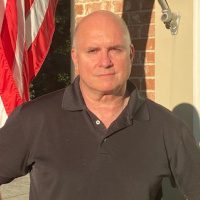
Kevin Horgan served in the USMC from 1979 to ’84: he says it was the great of his life, and he was nothing special. After his service, Kevin entered law school and started loading trucks for UPS, retiring after 33 years. Kevin has written three novels (The March of the 18th; The March of the Orphans; A Face on the Flag) and has recently published a collection of his short stories and poems (Bed Bug Stew) and co-authored a children’s illustrated book (Big Feelings for Little People). He has blogged on everything from culture to religion to politics to baseball… nothing is sacred, nothing is off-limits! He and his wife Maureen have been married for over 41 years and their four children have blessed the couple with seven truly grand children. Connect with Kevin on LinkedIn.
Learn more about Kevin Horgan: https://www.kevinhorganbooks.com/
